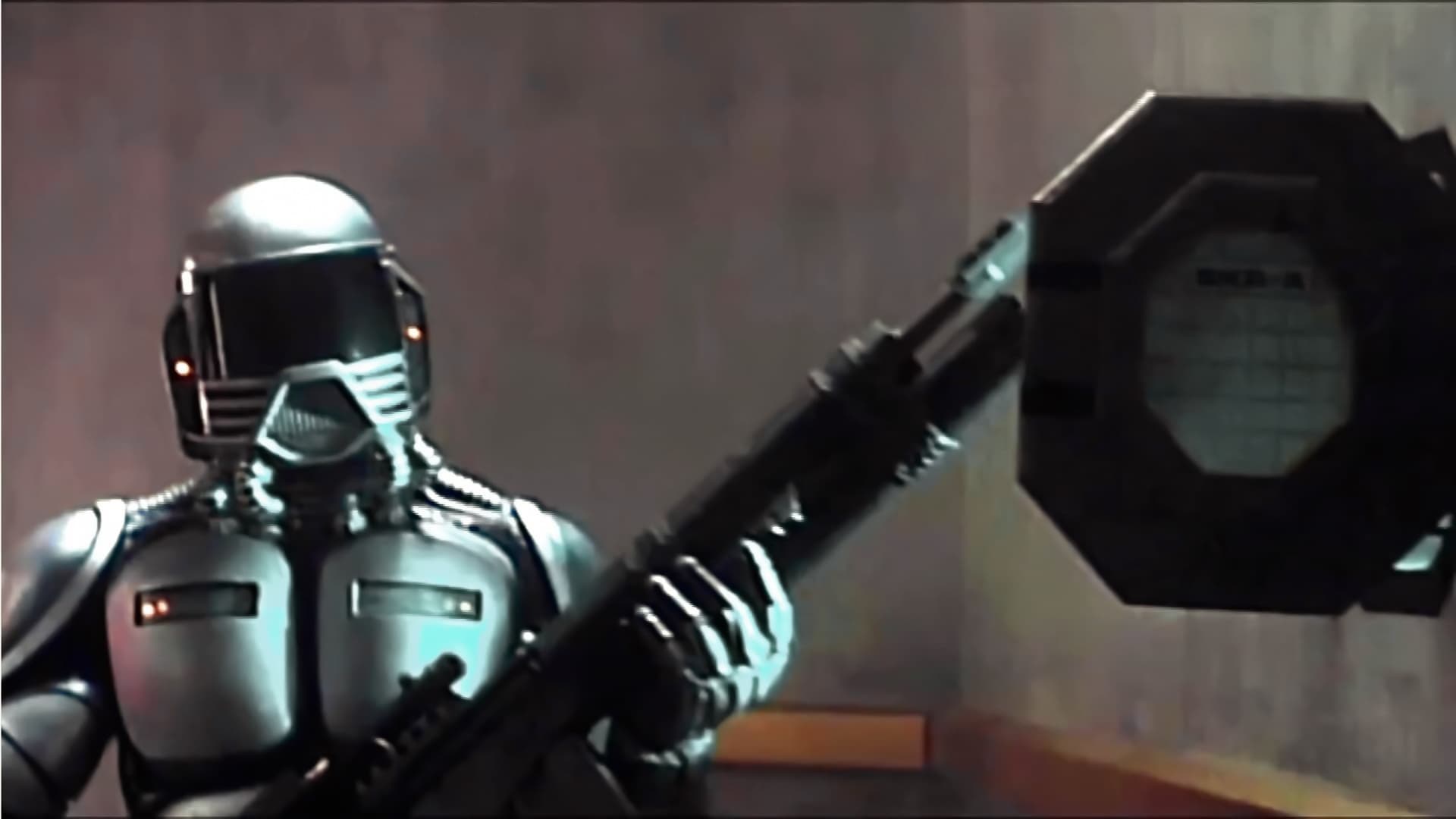Movies
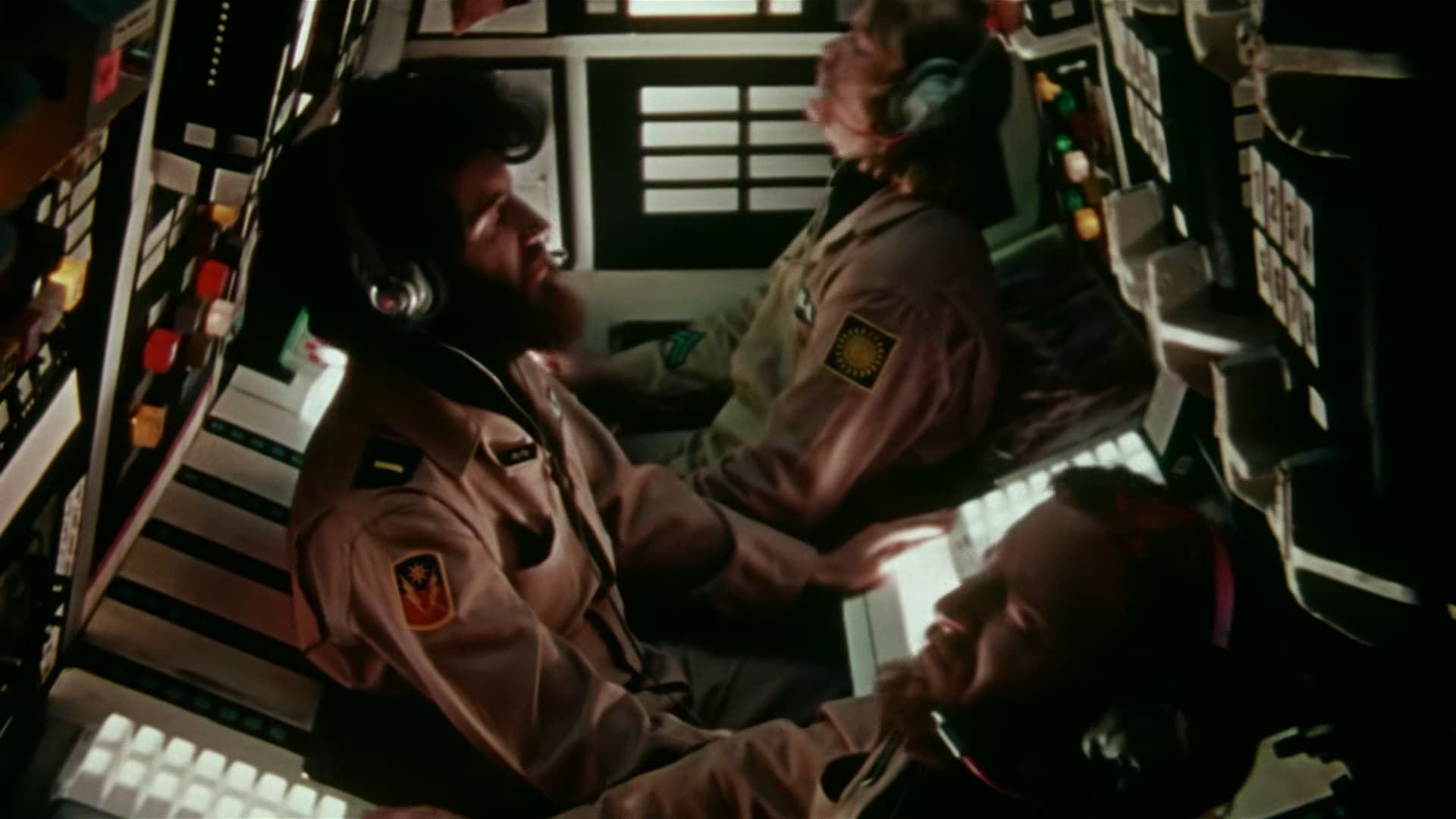
Could this be the greatest student film ever made? Dark Star is John Carpenter’s feature film debut. A project that grew from humble student beginnings.
Very obviously low budget but extremely creative with its limitations. Fairly dry comedic tone that gives the film a very particular quality, with some hilarious scenes and a very… collegiate vibe. It gets fairly slow in the middle but still a pretty unique watch.
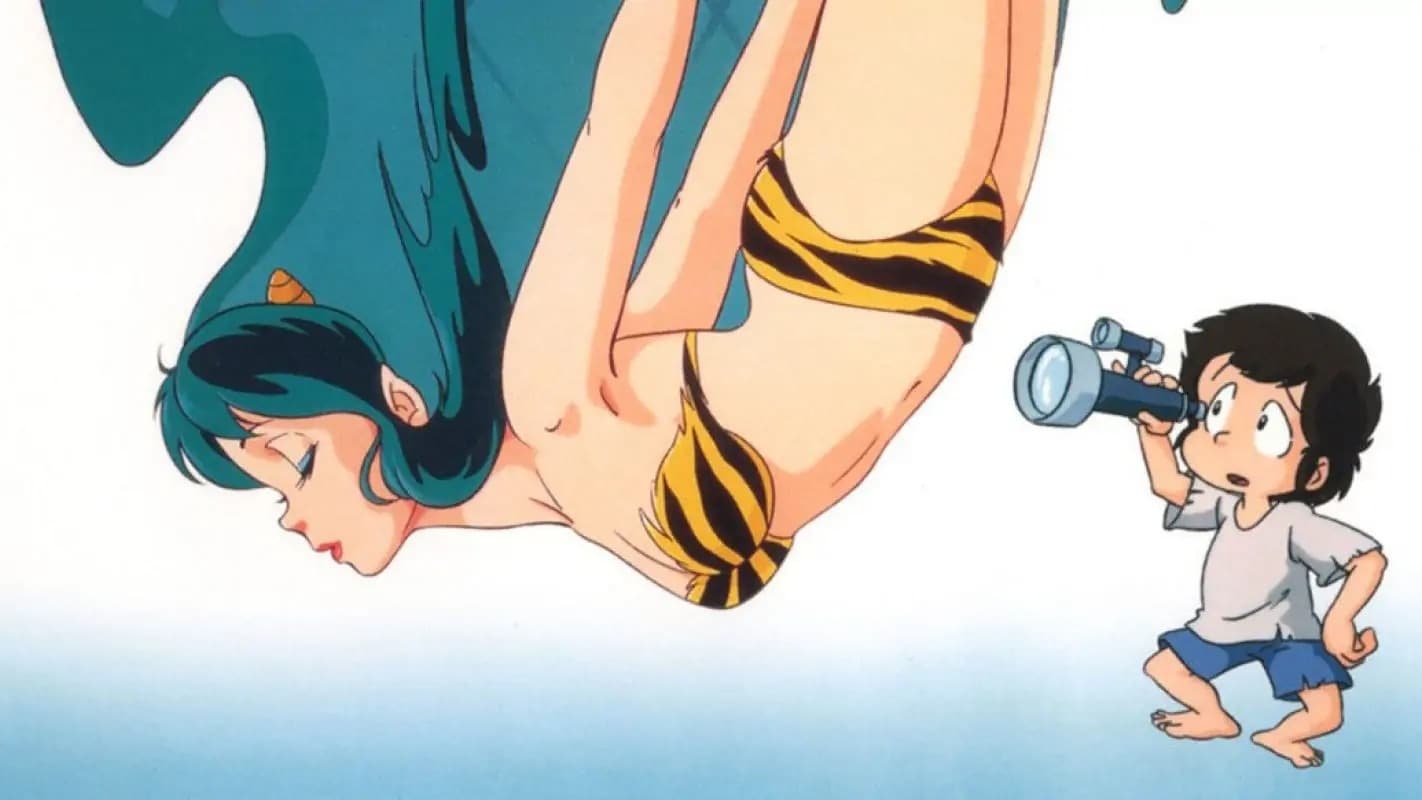
Cult classic movie based on the Urusei Yatsura (Lum) series.
I’m not familiar with the original manga or anime series, but apparently this movie is a significant departure from it, which didn’t go so well with the fans. It does, however, explore fascinating themes and one of the most thought-provoking post-apocalypse scenarios I’ve ever seen.
It is, of course saturated with the Urusei Yatsura anime comedy tone and yet it finds room to build a great, chill atmosphere framed by gorgeous, Oshii-directed animation.
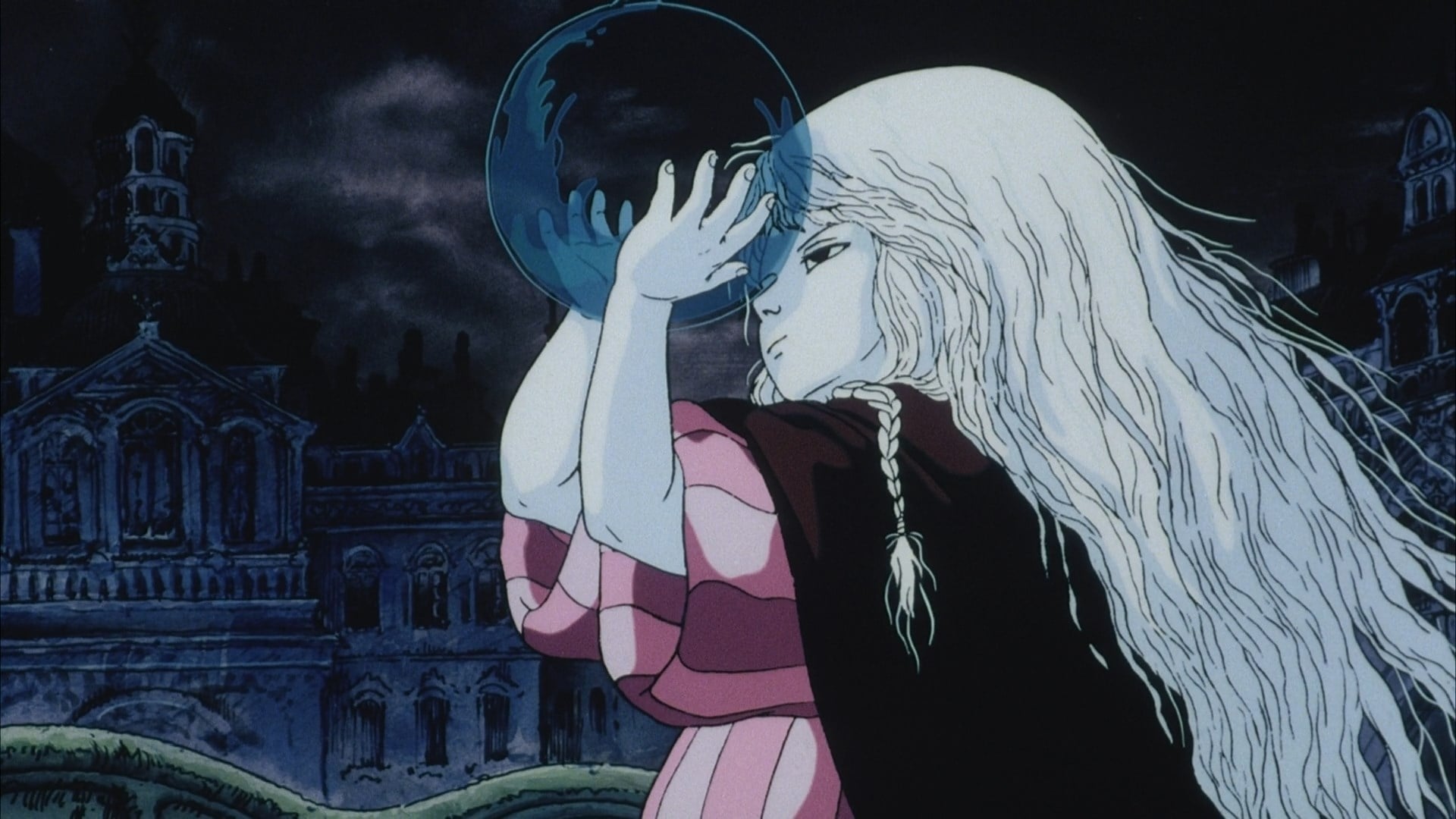
Experimental animation piece by Mamoru Oshii, with gorgeous artwork by Yoshitaka Amano, of Final Fantasy fame.
I would have wanted the whole movie to have the visual vibrancy of the opening, but even without it, it’s a great watch if you like contemplative, visually grandiose pieces.
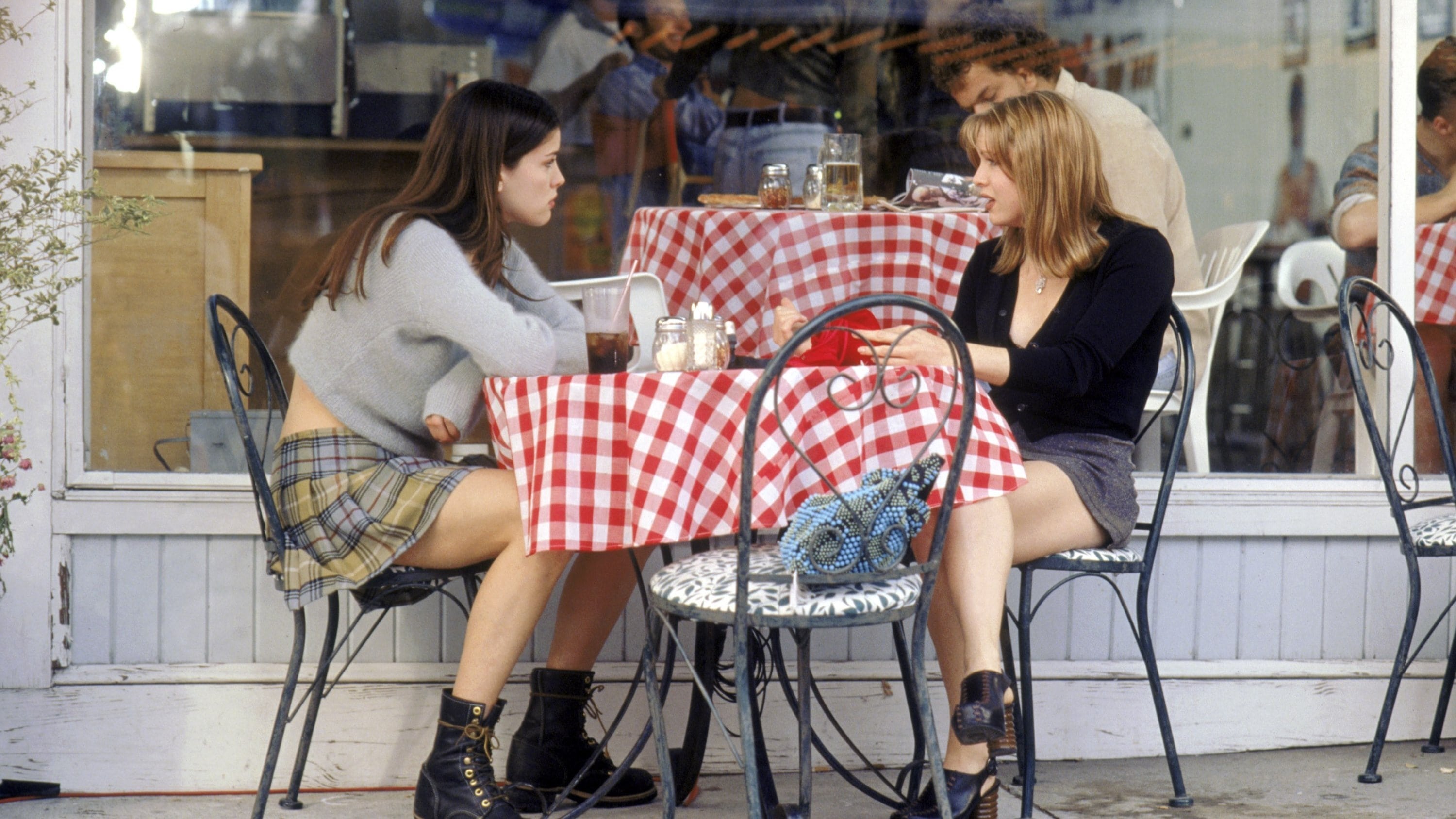
When you watch a movie about music-loving rebel youths and see that it’s their authority figures the ones that get the sympathetic representation instead, you know that something is off.
This is a movie that feels out of touch. Doesn’t hit any of the dramatic notes that it shoots for. Plus, you can feel that the only reason it shoots for them is because it’s what the formula dictates.
Unlikable, shitty characters. Few with redeeming characteristics. One or two decent scenes in a very warped, fake-looking façade.
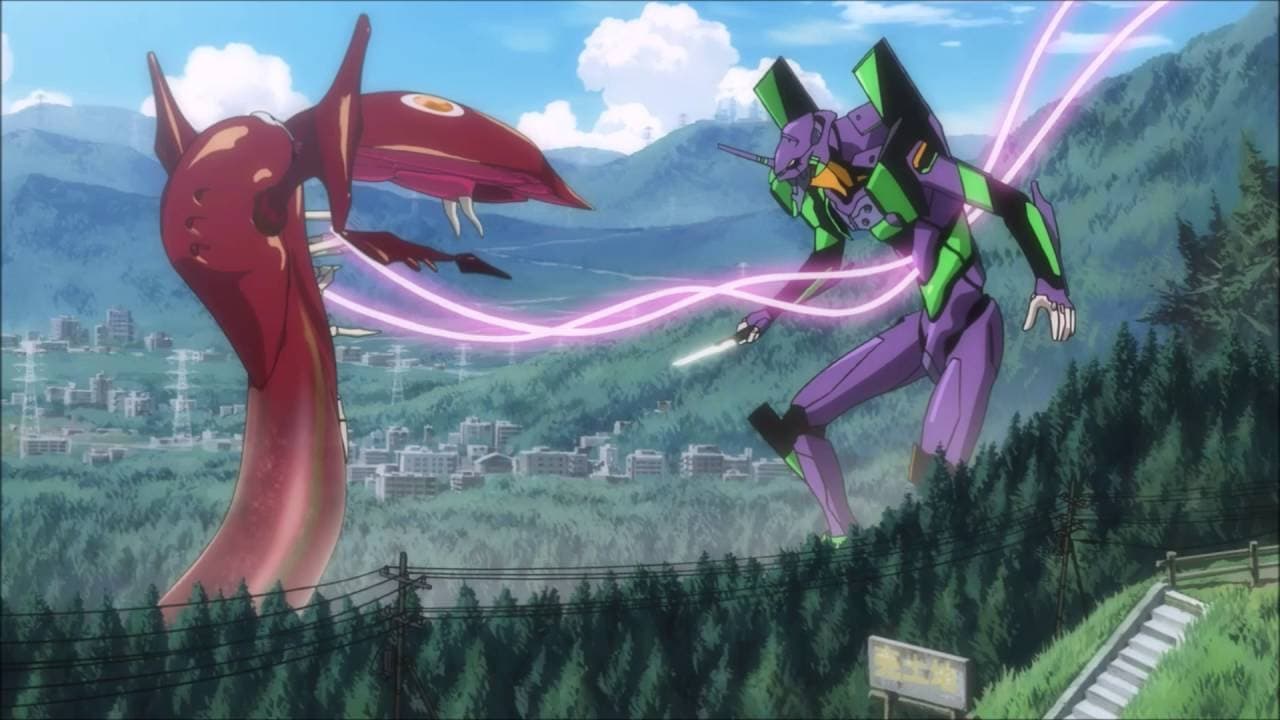
I admit I didn’t see the full 1.0 Rebuild of Evangelion movie when it came out. It was marketed and talked about as a “remake” of the Evangelion series but i realized that… it’s not that. Something that in retrospect is apparent from the first frame of the first shot as soon as the movie starts.
It’s still an incredible science fiction narrative phenomenon, this time with cinema-quality animation.
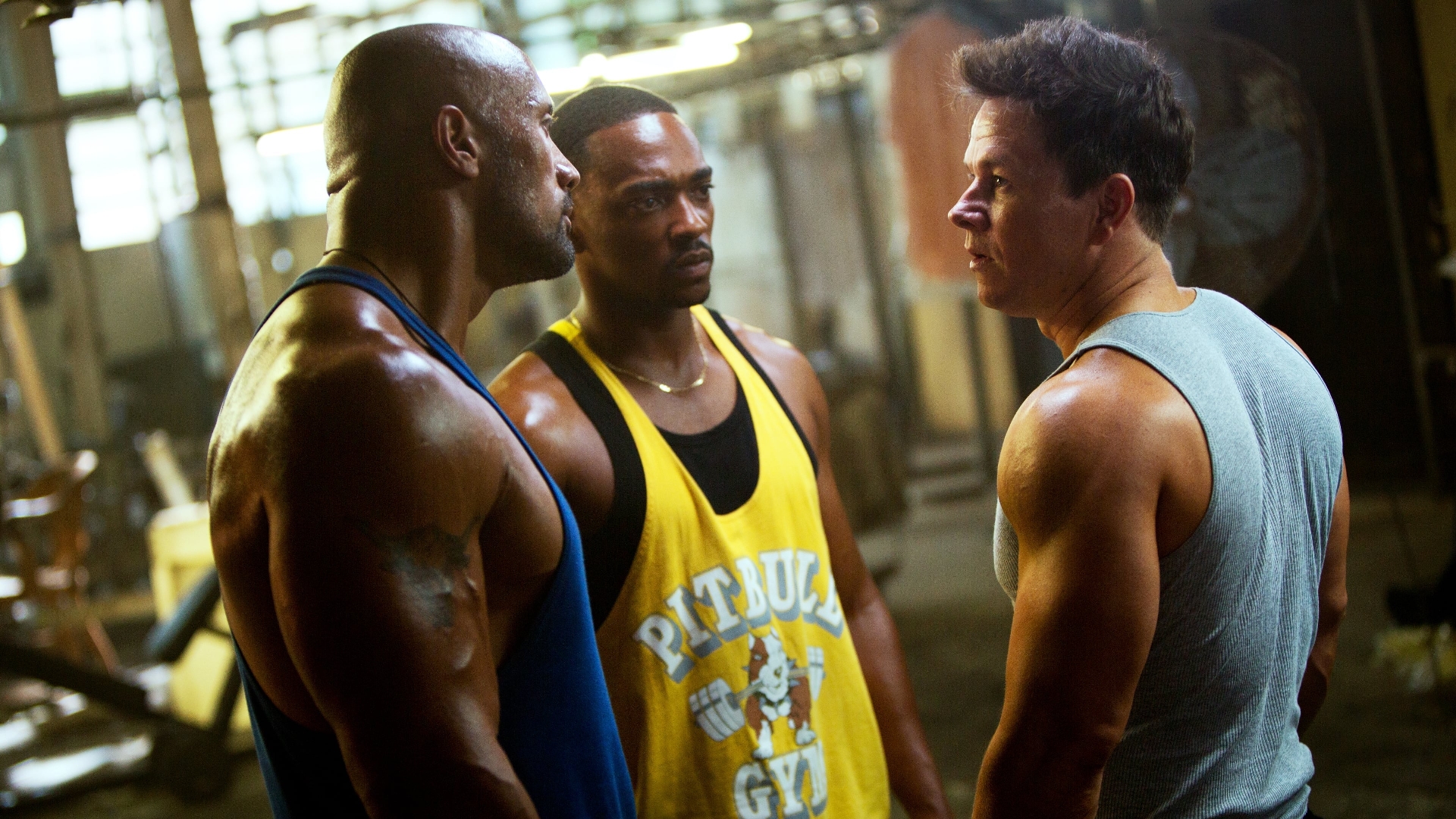
Pretty cool crime thriller based on true events. Michael Bay’s return to form. He’s at his best when not having to worry about overwrought special effects and everything exploding.
Great casting of Anthony Mackie, Dwayne Johnson and Mark Wahlberg as a trio of incompetent criminal bodybuilders.
Riveting, if tragic, tale with several unfortunately funny moments. Great watch.
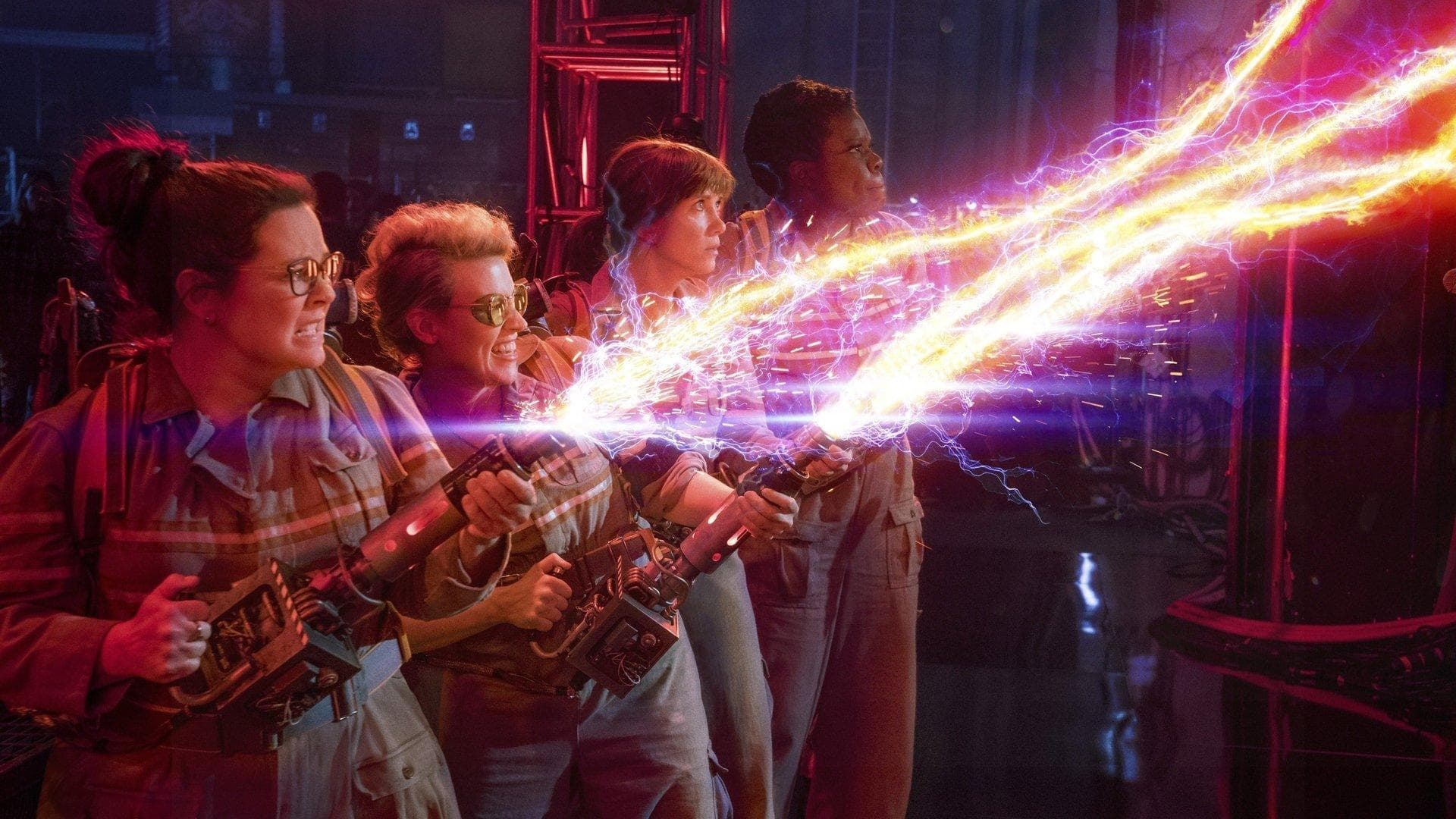
Just as awful as you’ve been told. Terrible dialogue, completely off tone. Unfunny jokes that don’t land, and inexplicable appearances from the actors of the original movies, none of whom reprise roles anywhere close to their original characters, so it’s purely gratuitous, and dubious “fanservice”.
Crappy villain, dull plot. I could go on but the gist is that it’s not a good movie.
Feels way too long, too. Even the special effects overstay their welcome, doing some weird overlay on the letterboxing.
Not even close as “feminist” as the marketing/media campaigns about the movie told you about (there are several scenes where the squad of new Ghostbusters is seen struggling doing basic stuff that the guys in the original movies just did matter-of-factly). Just a failure on every level.
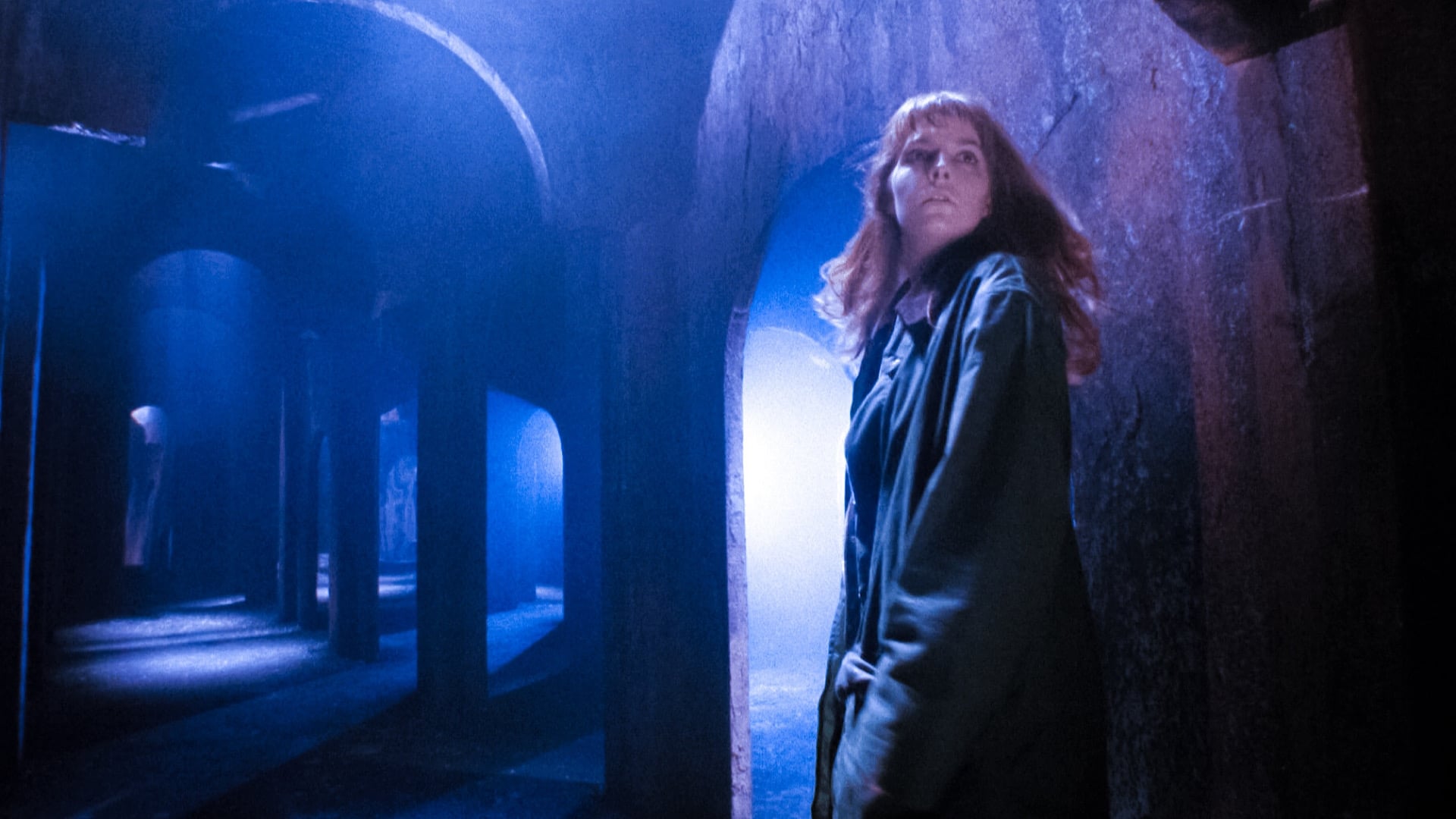
A woman going through important life changes, due to moving to a new house and getting ready to marry starts having dreams that seem a bit more real each time. They end up having gruesome consequences.
Some thinly veiled themes of lesbianism and straight relationships depicted as literal demonic nightmares make it a somewhat interesting watch.
Entertaining if a bit too on the nose.
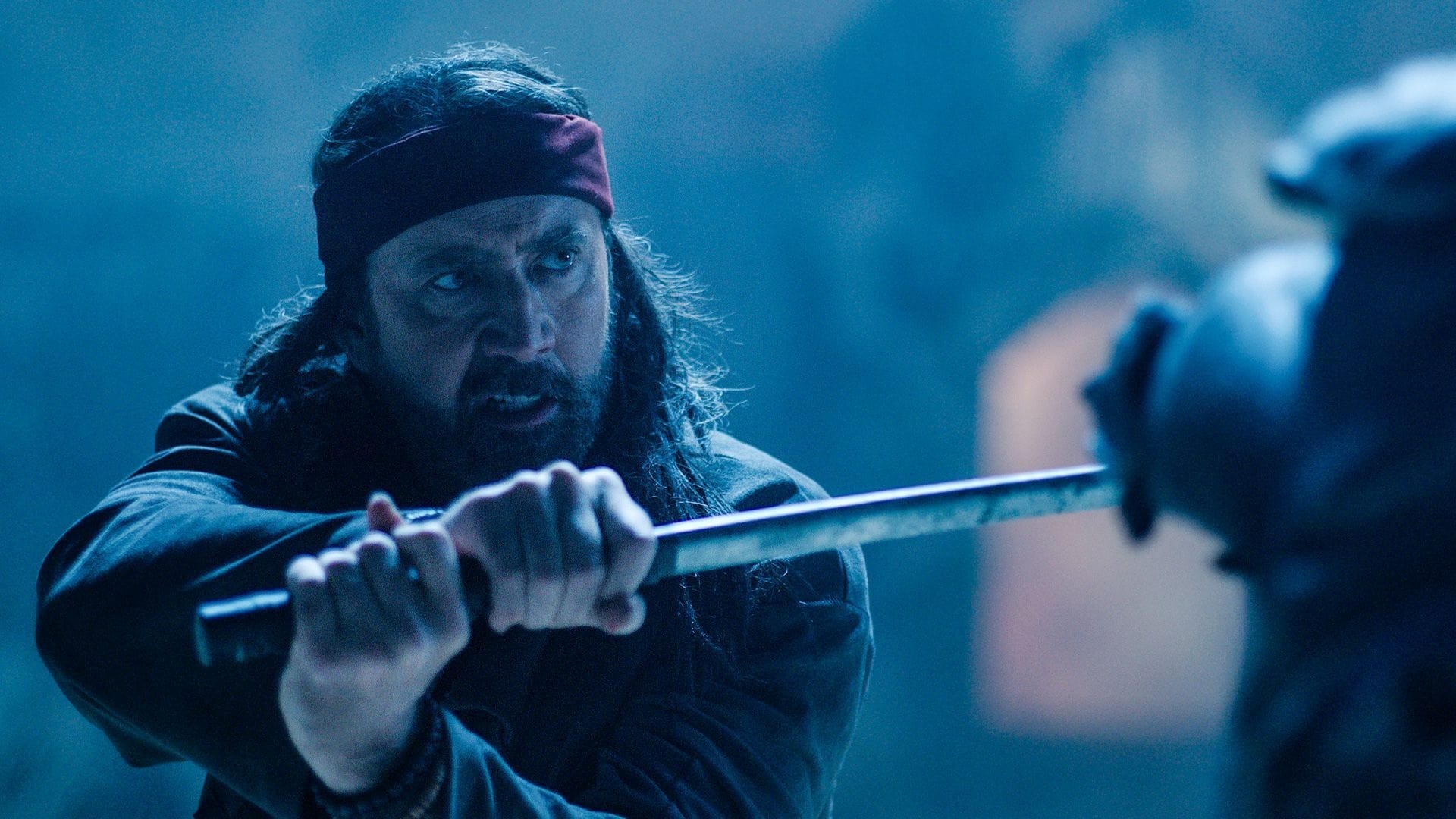
What an astonishingly bad movie. I don’t know if you can call a movie a rip off but Nicolas Cage and Tony Jaa are in this. They are but secondary characters and yet their portraits in the movie poster are 4 times as big as the protagonist’s.
I understand Nic Cage has to eat, and that he doesn’t shy away from weird projects but, his presence here is so bizarre. Since his first appearance, for most of the movie I was wondering if he was just a figment of the protagonist’s imagination, since none of the other characters address him or acknowledge his presence. It’s like an afterthought.
The fight choreography is alright but it would be hard to notice since the camerawork is atrocious. Not even Tony Jaa shines in these fights, mostly against an incredibly dumb but super strong villain, for some reason.
The entertainment level is mostly delivered by jaw-dropping reactions to how incompetently this was made.
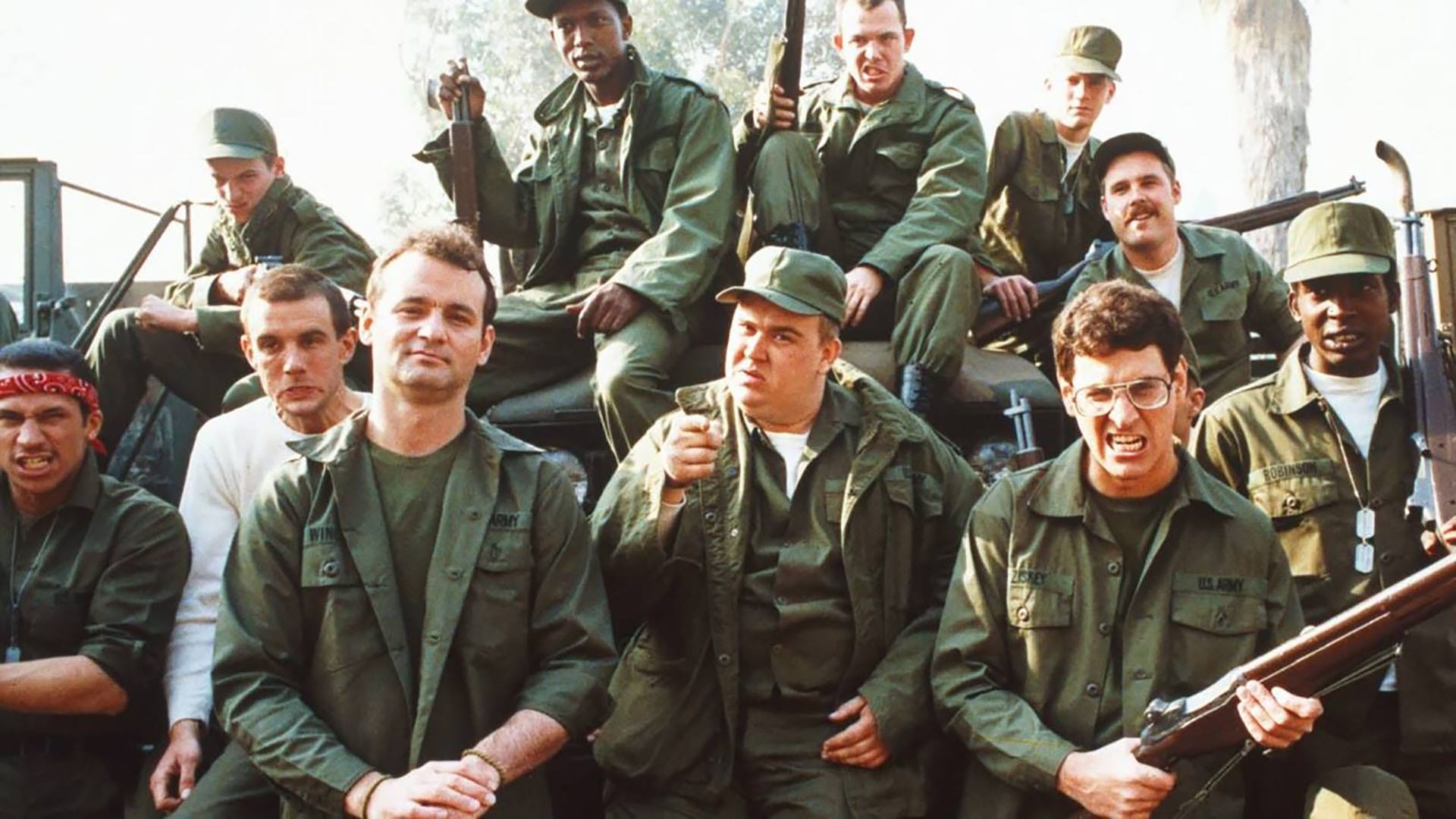
Typical 80’s comedy about authority-defying slackers getting involved in a very strict milieu. In this case, the US Army.
Harold Ramis and Bill Murray are army buddies, four years before Ghostbusters.
Not sure if this movie set the template for other comedies of its ilk, e.g. the Police Academy series, but nowadays it feels pretty formulaic.
Maybe it’s me, coming from the era of long tv shows, but the plot also feels rushed. There is seemingly a climax and then a secondary plot after that which is a excuse for more, uh, comedy, but feels tacked on. Like a rushed sequel plot.
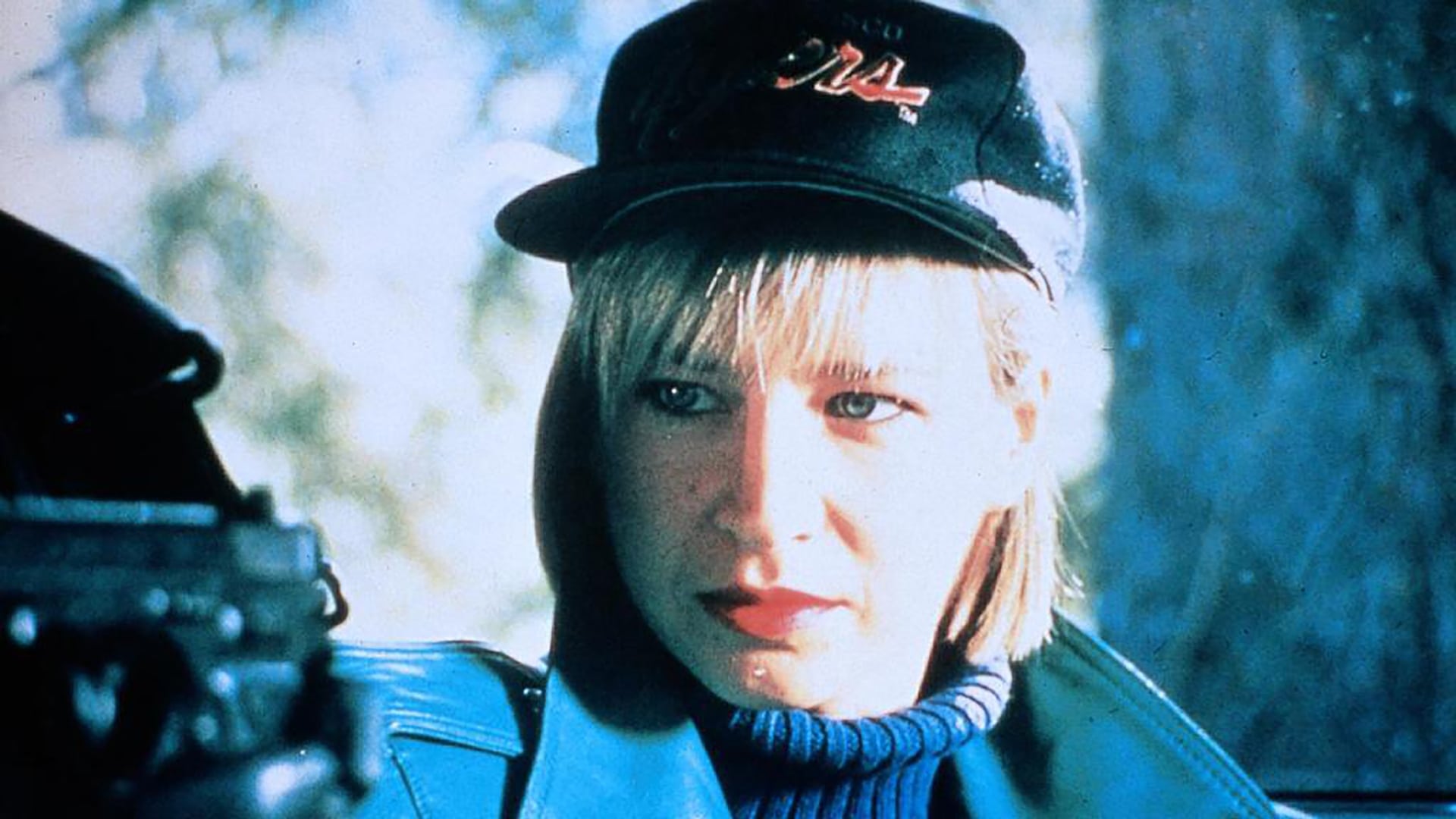
From what I hear, this is notorious for being one of the only two Godfrey Ho movies made without splicing reused footage from other movies. Although apparently there are two cuts of this movie (Hong Kong and America) that did get spliced into a big 2 hour cut.
On the whole, it’s alright as a Hong Kong action thriller (for Ho standards) and while it features Cynthia Rothrock prominently in promo materials nowadays, her role is secondary, at most.
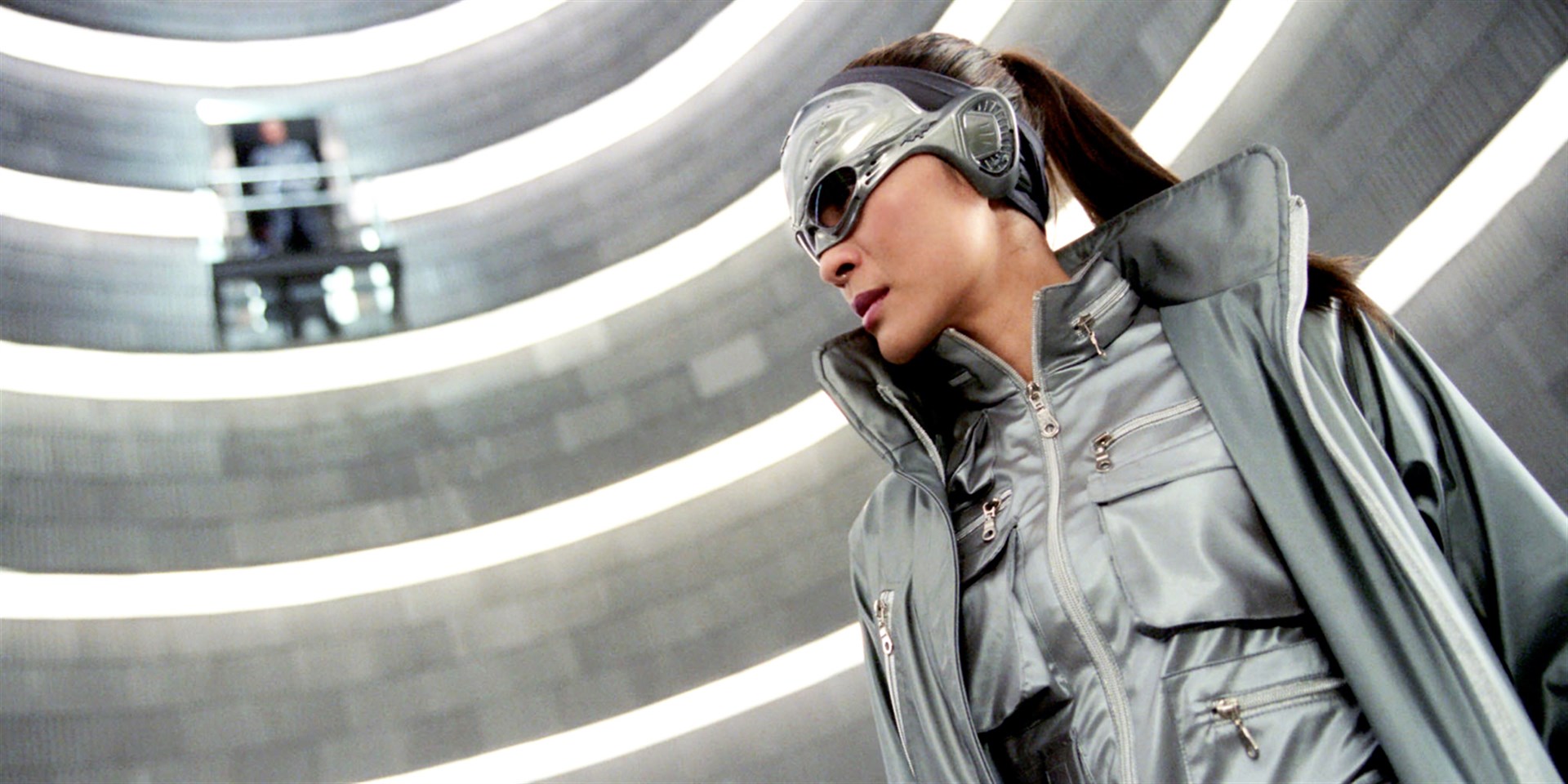
Really over the top Hong Kong action movie with a painfully 2000s aesthetic. The whole thing looks like a commercial for flip phones. Somewhat refreshing to watch nowadays.
Nice if you like overblown HK film characters, wild wuxia fights and gadgets.
Filmed simultaneously in English and Cantonese. It’s interesting to note, as well, the appearances of Michael Jai White as one of the henchmen, and Luke Goss as a satisfying villain, who’d later would go on to star in the Death Race sequels and Hellboy II
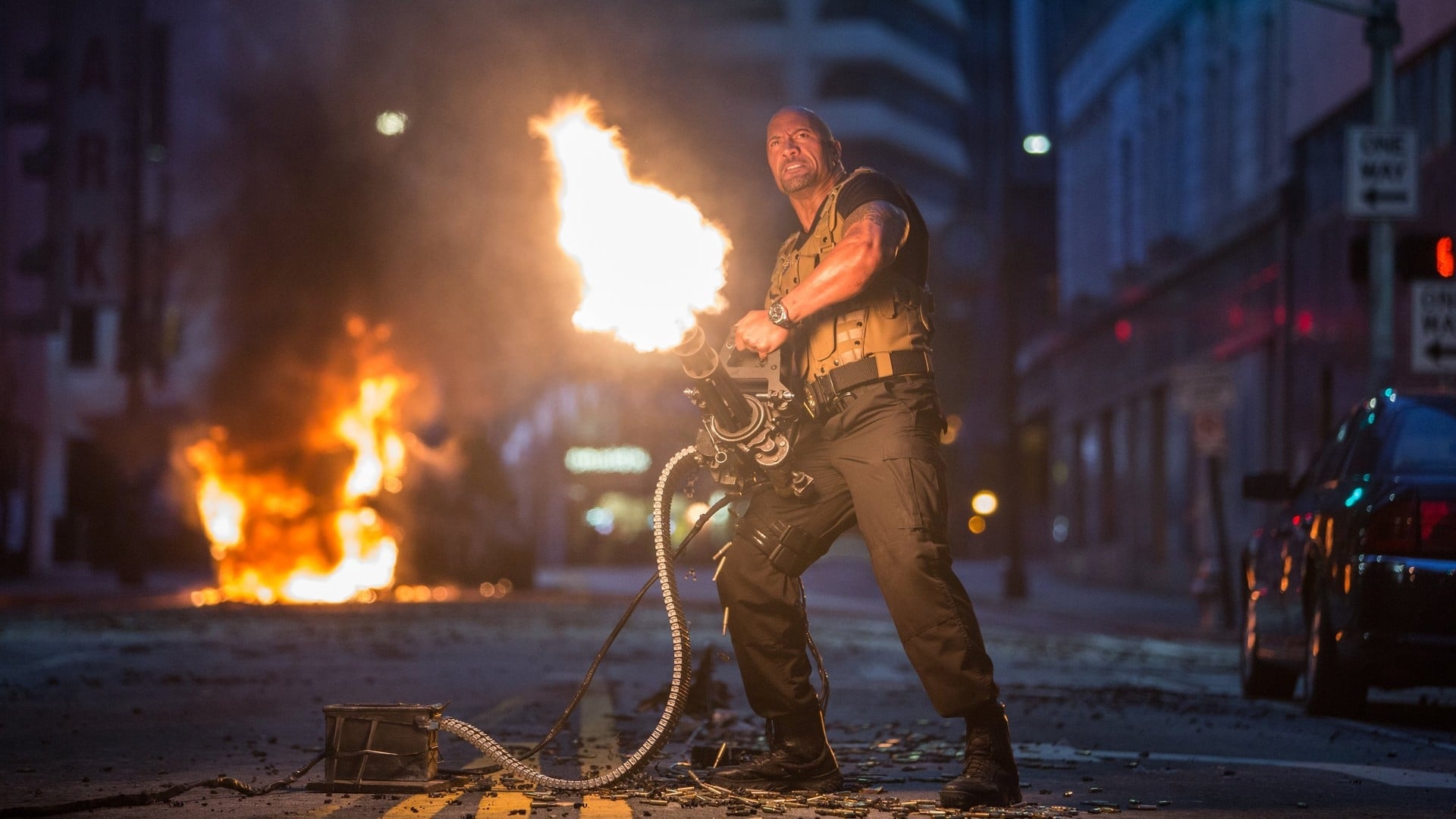
What can I say? Another Fast & Furious movie. They are starting to blur together.
In this one, the street racing crew go steal some supercar and are involved in the kidnapping of a world-class hacker or something.
Pretty OK presentation. Laughably ridiculous plots and set-pieces. But that’s the series signature so can’t really fault it for delivering.
Notorious for being the last movie in the series with Paul Walker, who died in a car crash mid-way through shooting.
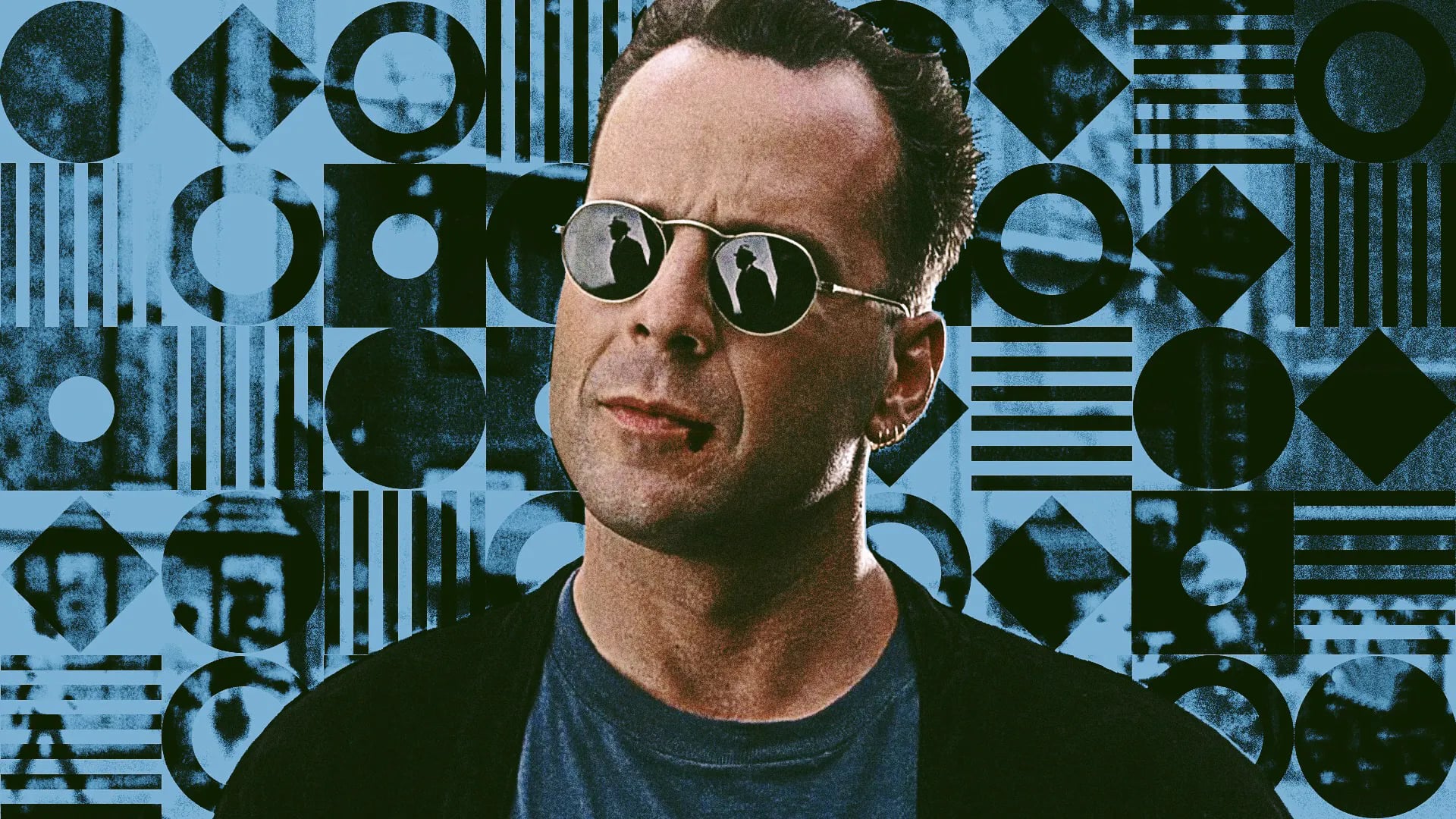
This movie is just… baffling.
It seems so unfocused and confused about what it wants to be. It seems to have a straightforward presentation but then it veers completely into straight up cartoony antics.
The tone is all over the place, the plot is absurd nonsense (and not in a good way), the characters are unlikable…
All in all, I get the sense that this movie was made without much care or attention by anyone.
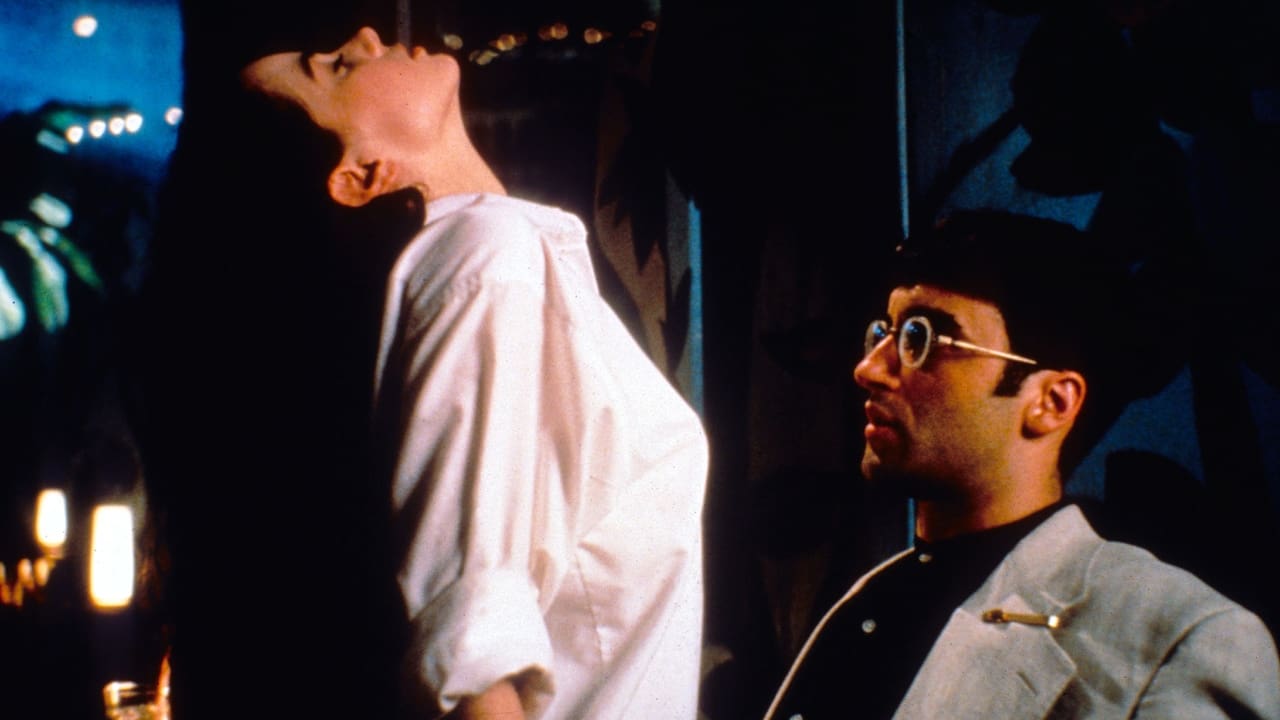
An accountant. The owner of a pet shop. An exotic dancer. A club DJ.
We follow all these character’s lives and their tribulations across vignettes that unravel and eventually intertwine their fates. All wrapped in a gorgeously atmospheric, sort of hyper-real photography recreating key locations of the city, with a top-notch 90s urban aesthetic.
A bit light on substance perhaps. However, after the movie is over, one wants to keep peering into this world to see what happens next.
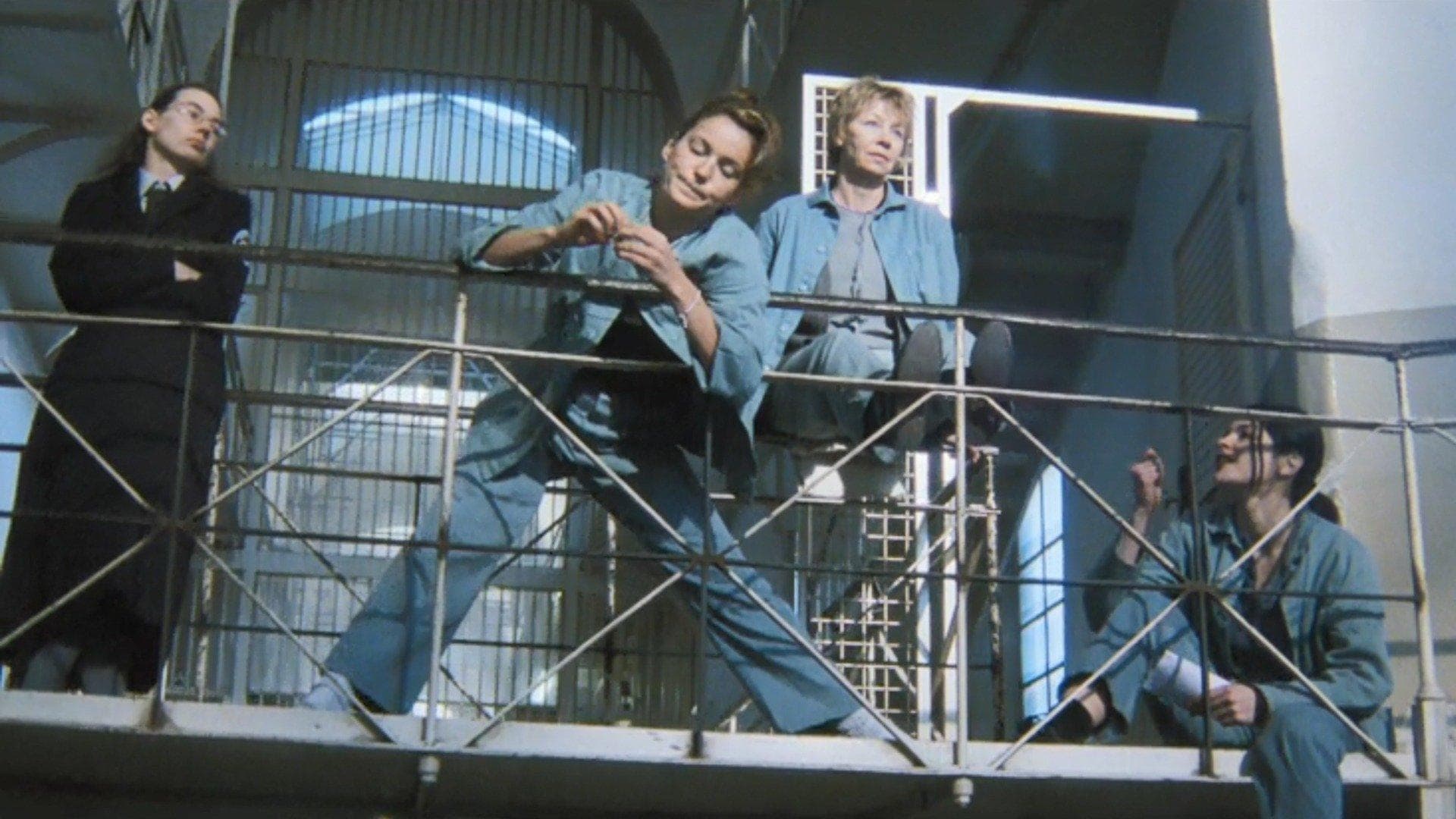
Feel-good, female-friendship fantasy. Forgive the alliteration, but it describes this movie well.
A group of women convicts form a rock band while in prison, and during a concert they manage to escape, becoming fugitives. What follows is a road movie chronicling the misadventures of these four women as they evade the law, form bonds thanks to rock music and meet curious characters.
Really enjoyable despite its rather unrealistic fantasy scenario, mainly due to how good the characters and atmosphere are.
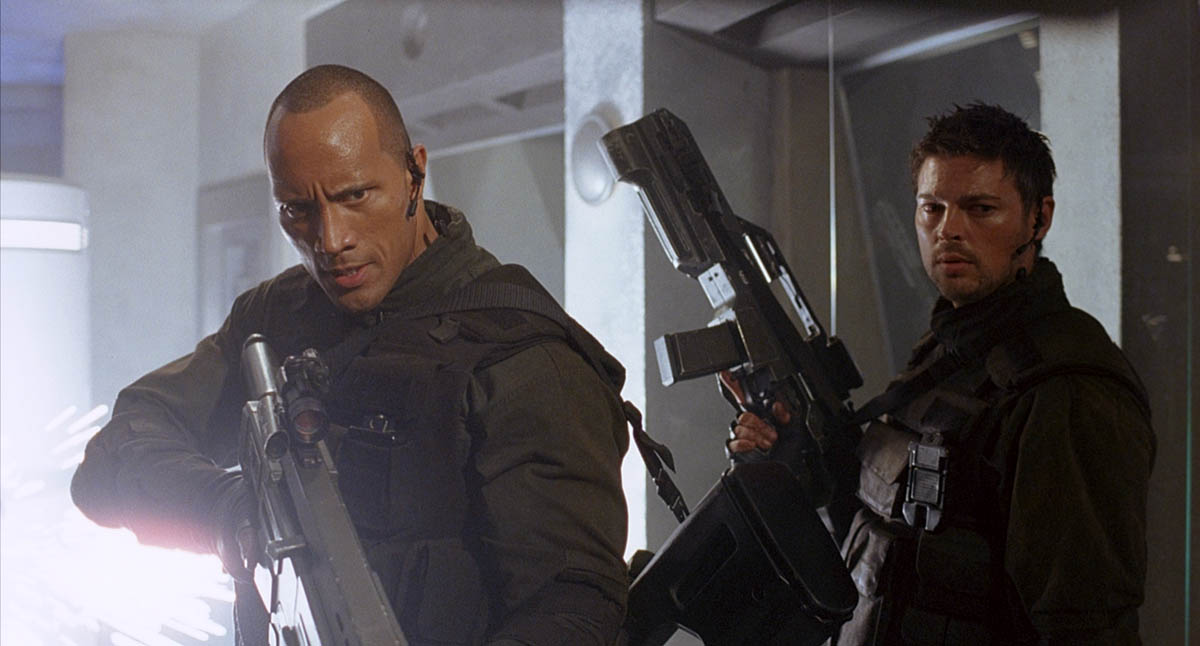
While it doesn’t feel much like the videogames, it is on its own merits a pretty alright science fiction military movie.
The idea of following a squad instead of a solo gunner makes it a bit more suitable for formulaic blockbuster writing, but separates it from the true spirit of the games.
Still, it’s appreciated that they added a bunch of references to the weapons and lore of the game, as well as monster designs from the then-recent Doom 3. And there’s also that infamous first person sequence.
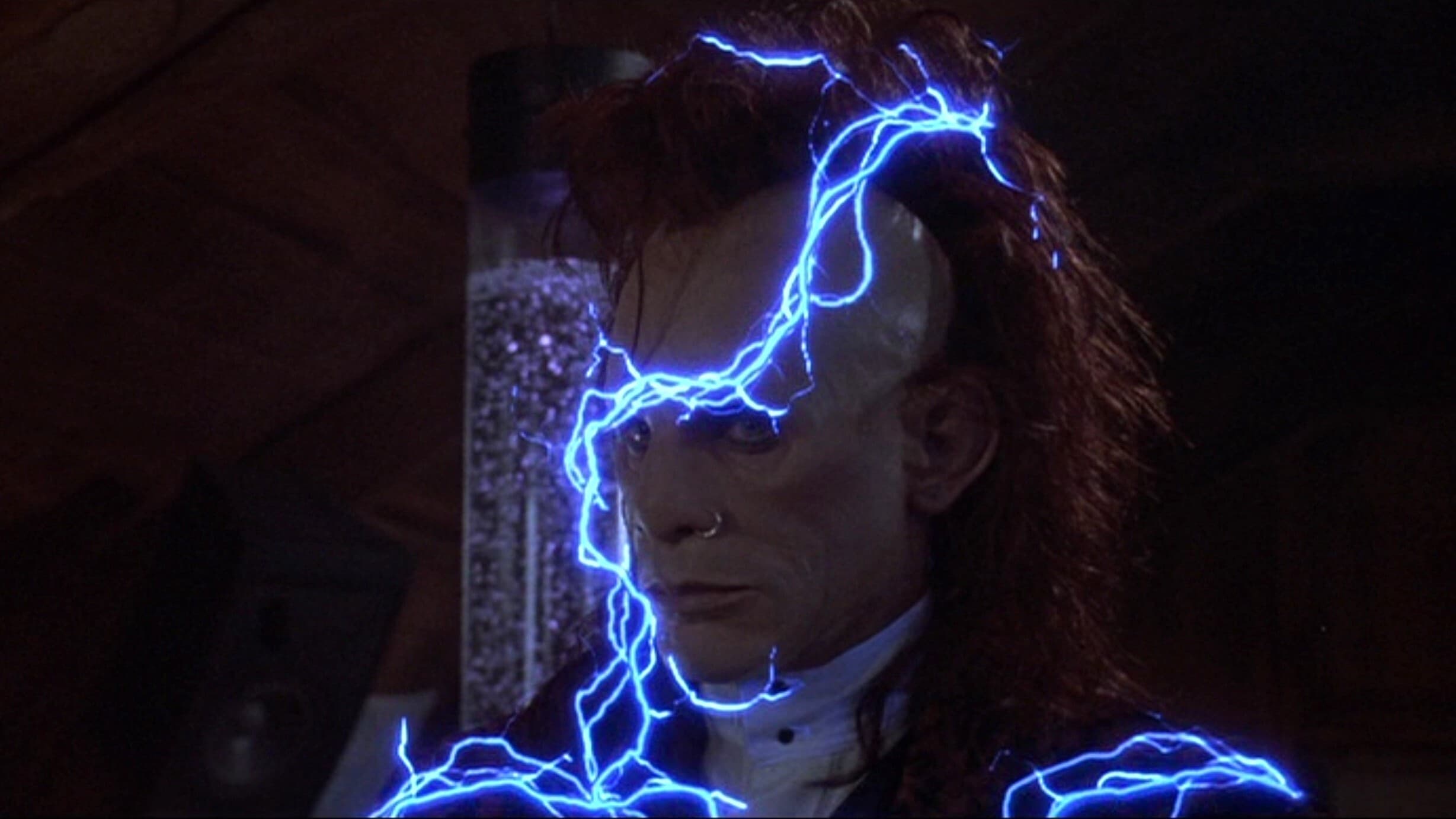
Edward Furlong of Terminator 2 fame stars in this mid-90’s horror movie where a mail-in immersive videogame becomes the catalyst of gruesome murders in town.
Not particularly scary per se, unless you’re a boomer moralist or woke scold convinced that videogames are evil deep down.
Touches on some interesting themes but only on a surface way. Decently entertaining.
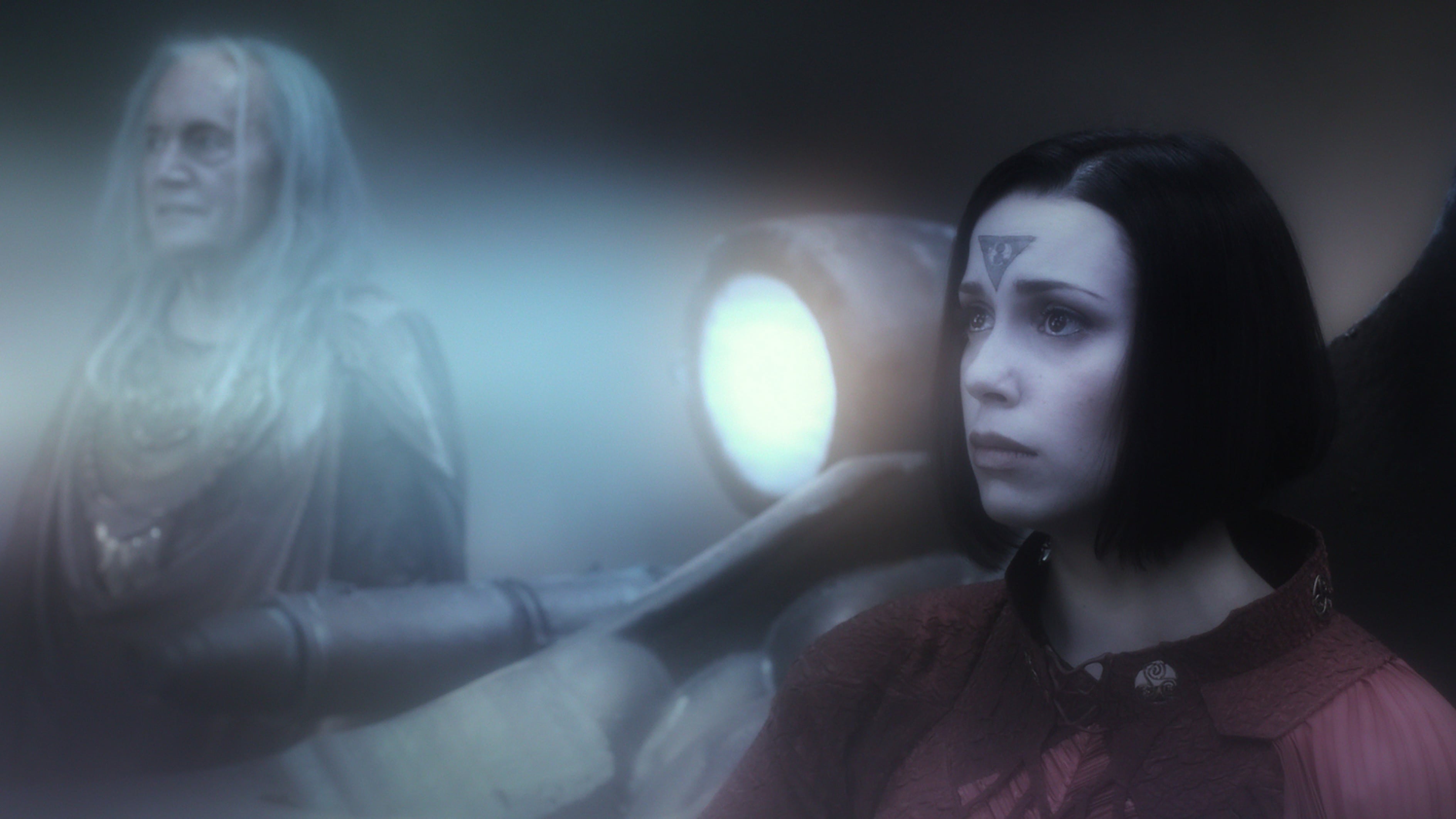
This is one of Mamoru Oshii’s live action films and it shares a similar soft-focus aesthetic with his 2001 movie, Avalon.
Unlike Avalon, this Japanese-Canadian production is an English language movie. Oshii’s first. It serves as a sort of prequel or introduction to the Garm Wars world, which was apparently planned to span multiple stories.
And indeed, the feeling one gets during the first 30 minutes of this movie is of being bombarded with the constant lore and exposition of a bizarre alien world.
It’s definitely not for everyone.
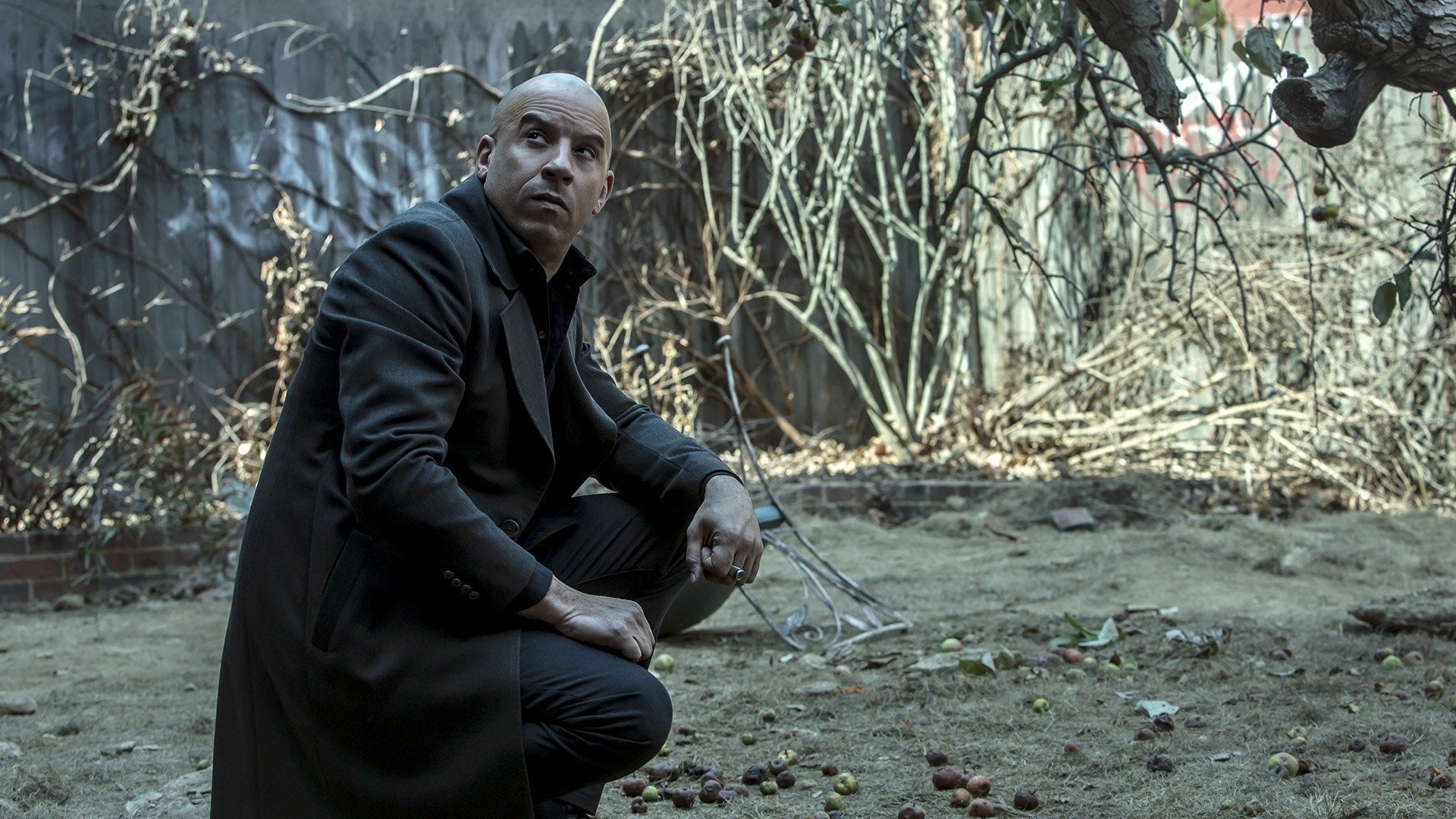
Decently entertaining urban fantasy flick with Vin Diesel, Elijah Wood and Rose Leslie. With pretty good special effects but a plot that is kind of boring and uninspired.
I appreciate that it’s not more of the same, but I feel that this would work better as a series, perhaps. With Diesel’s character hunting the “witch of the week” and giving the decently intriguing worldbuilding some breathing room. As it is, it’s not terrible, but nothing particularly memorable either.
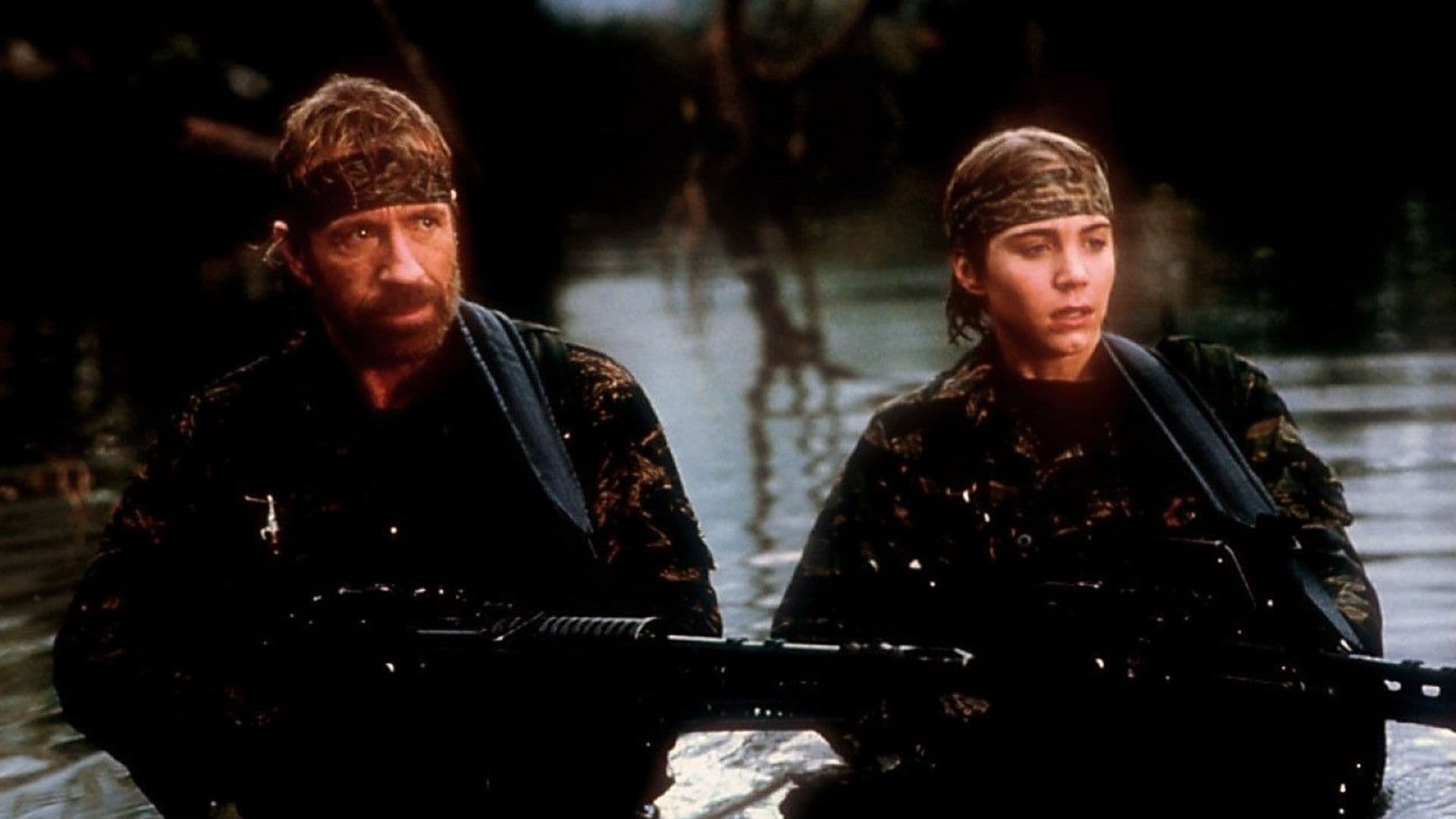
This is quite a silly Chuck Norris vehicle. Told through the lens of an insecure, daydreaming kid who gets bullied in high school.
Featuring Joe Piscopo as the grating antagonist, and Mako of Conan fame, in perhaps the one role that makes the whole movie somewhat bearable.
There’s not a lot to say. It’s a low rent Karate Kid ripoff, with added-in Chuck Norris worshiping. It seems it came out a bit too late to capitalize on the Karate Kid fame, but the structure is more or less the same, final tournament included.
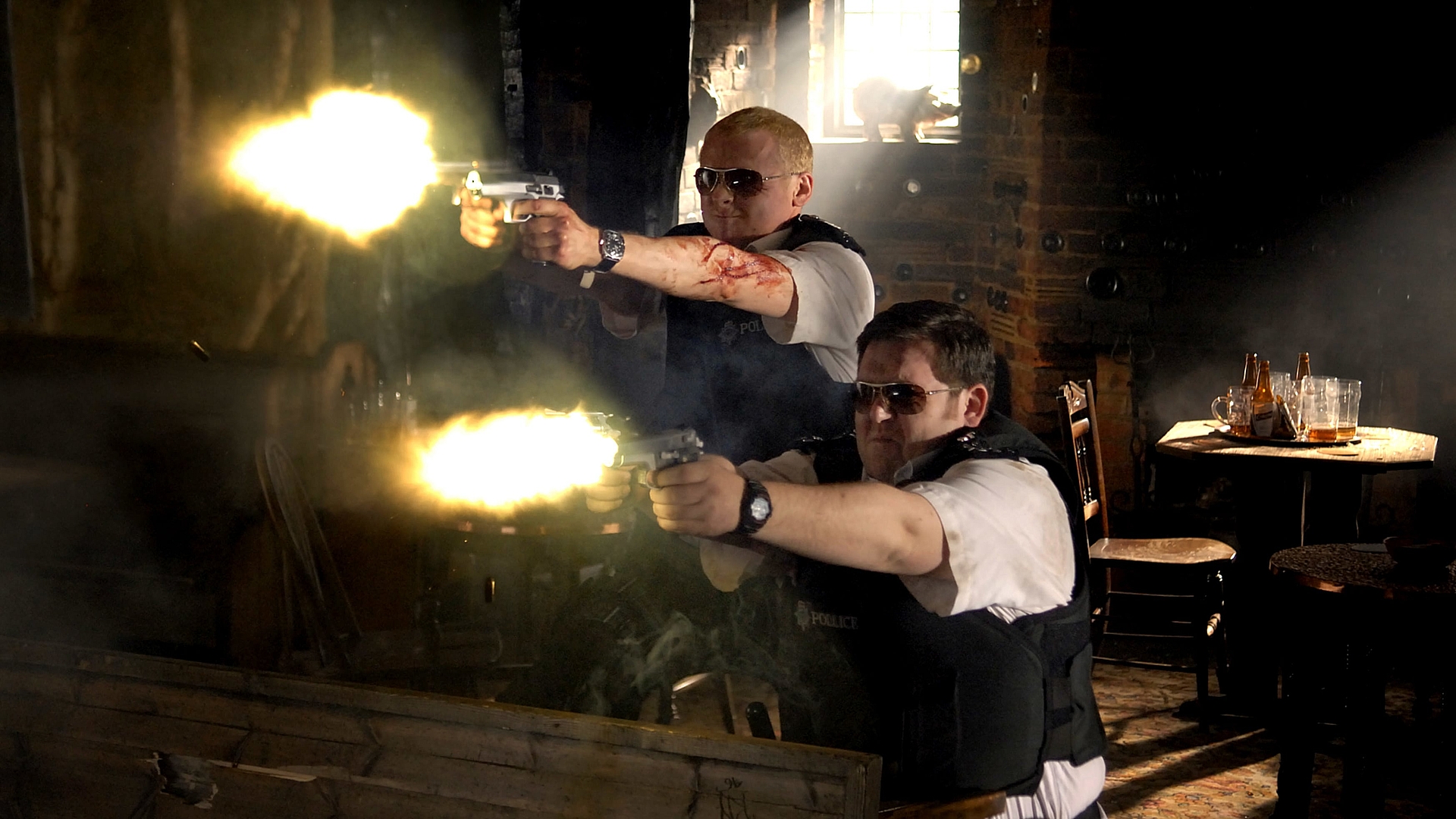
One of Edgar Wright’s better-known movies, and I can finally see why. After the massive disappointment that was Baby Driver for me, I didn’t have very high expectations, but I have to admit that this was very enjoyable.
Great situations, funny dialogue (British humour is still one the Brits best exports), and over the top action. It has changed my view of Wright’s capabilities, and the use of incredibly obvious soundtrack choices works a thousand times better in a comedic context. It helps that he has pretty decent musical taste, too.
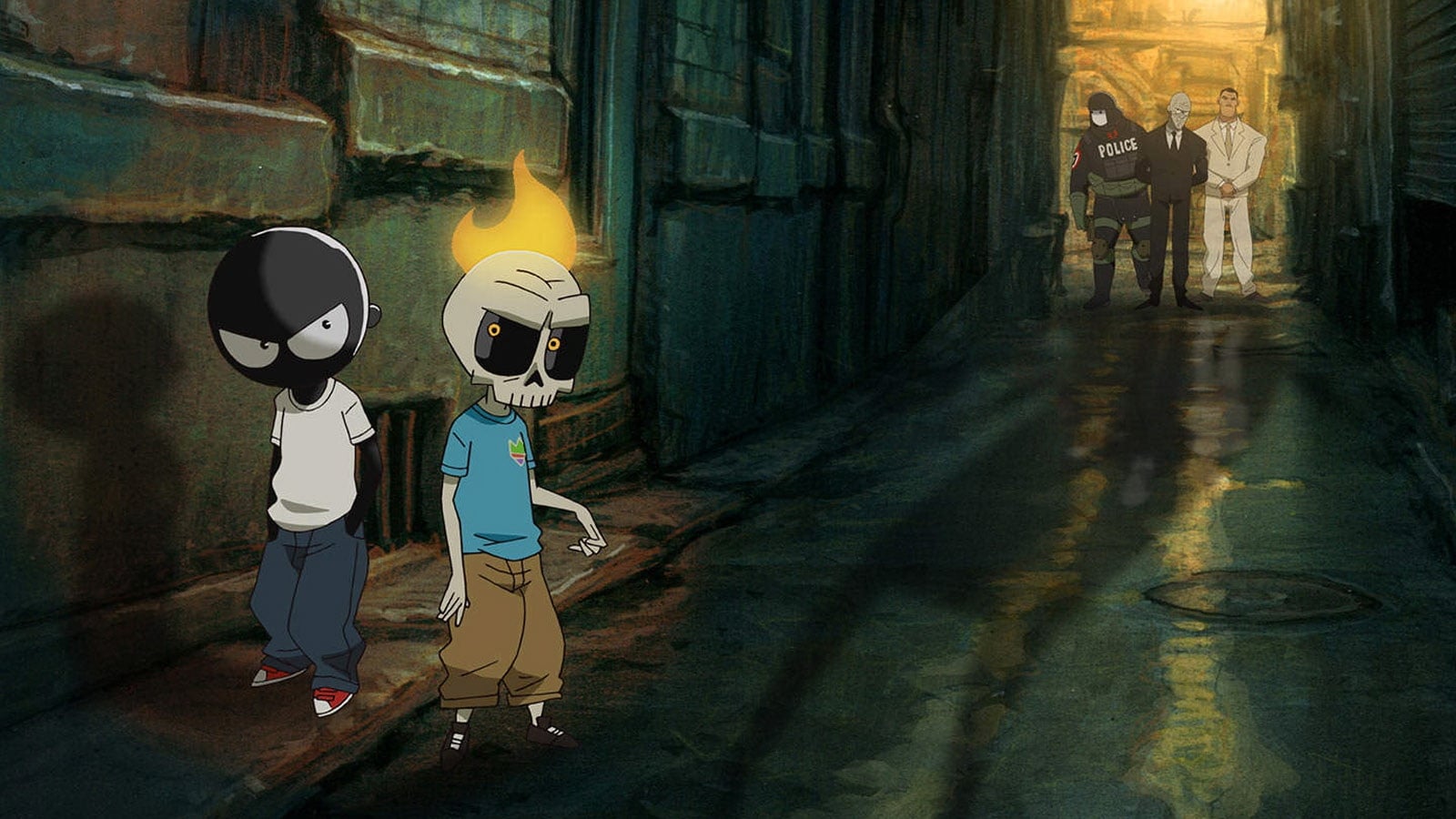
In which a Frenchman managed to hire the talents of Japanese animators to bring his comic to life.
Very French. Not in a good way. Mutafukaz is a story about a stereotypical yet unlikable group of losers who find themselves in the middle of a problem bigger than they expected.
The Mob and the State are involved. There is some conflict and some predictable story beats.
At its core, there’s not a bad story here, but the juvenile and tiresome, unsophisticated presentation bring everything down so low that it can’t get up again. The great animation confers it fantastic production value, but at some point it just feels like polishing a turd when the underlying design and presentation are so vulgar.
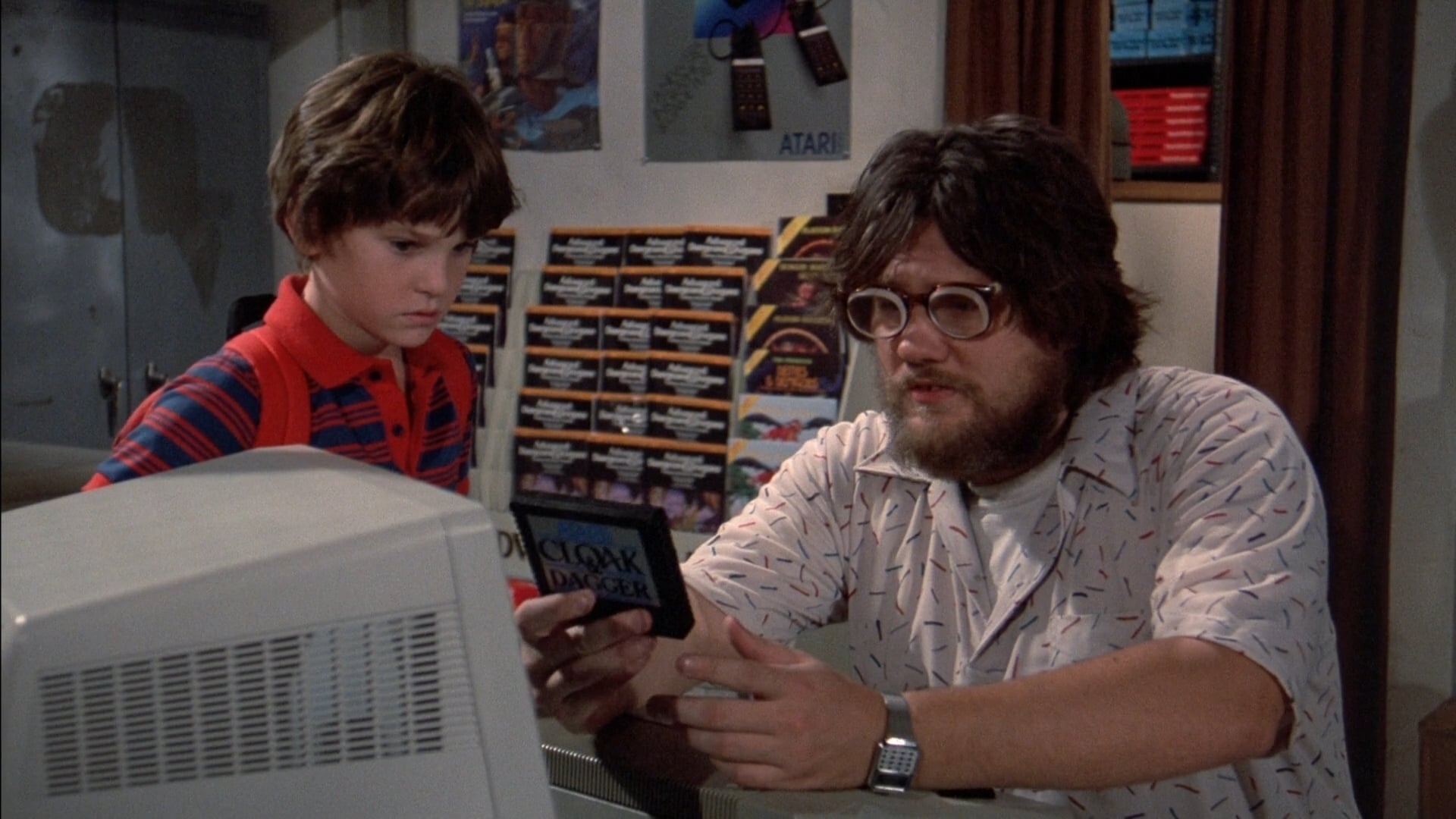
Confession time: I’ve never watched The Wizard. I vaguely remember it airing on Spanish TV in the early 90s, but I never sat down to watch it, and I didn’t even know it was an officially sanctioned Nintendo movie until years later, so I can’t really comment on how it is or what it did.
However, I have now seen a different kid-centric videogame movie with Cloak & Dagger, and boy is it a product of its time…
A boy who spends more time with the nerdy game store owner than his family -his mom died, and his dad dedicates himself to work- has a vivid imagination involving spies and secret missions, and an imaginary friend to go with them. But soon, he finds himself in the possession of real, actual secret documents stored in a Cloak & Dagger cartridge for the Atari 2600 (a pretty technically impressive Robotron clone, by the way. Worth checking out!)
What follows is a zany adventure that doesn’t quite know what tone it wants to go for, but remains fairly entertaining throughout its run time.
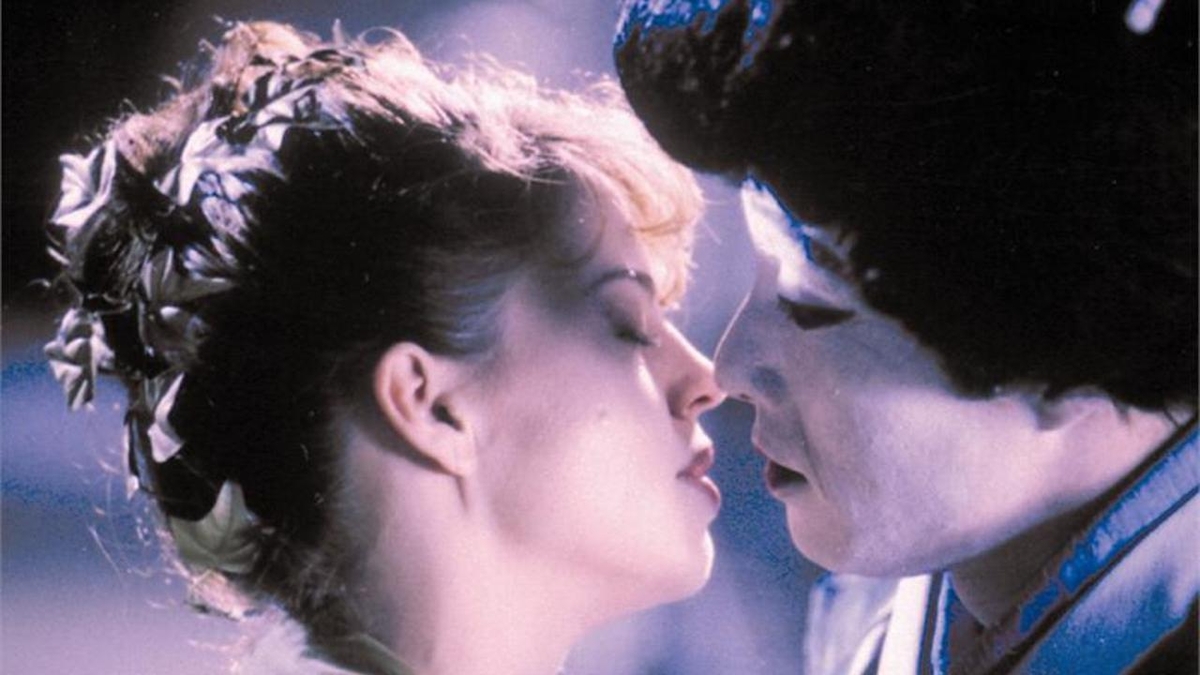
The story of a Japanese guy obsessed with westerns that, after losing his job, decides to become a cowboy, so he starts by traveling to Canada to meet his childhood pen pal, Kate.
The setup sounds like a crappy telefilm, and even the box of the movie markets it as “A delightful culture-clash comedy”. However, the movie goes places. The b-plots it’s where it’s at, here. At least in the beginning. I suspect the wacky Japanese cowboy fish out of water story was the pitch to make the real movie.
And boy, was this a surprise. There are the real, human characters, beyond partisanship and the silly polarization we might expect today —e.g. Billy is what we might call, “casually insensitive”, and yet he’s one of the few characters who’s actually helping Ogawa—. There are the subplots with the compassionate Shelly and frustrated Kate, where previously secondary characters get developed with unexpected nuance, and then, we go back to Ogawa’s dynamic changes as a character.
I don’t want to oversell it, or mark it as some sort of hidden gem but, it was way more developed than an afternoon TV film would have any right to be. As of this writing it is part of the MUBI collection, for what it’s worth.
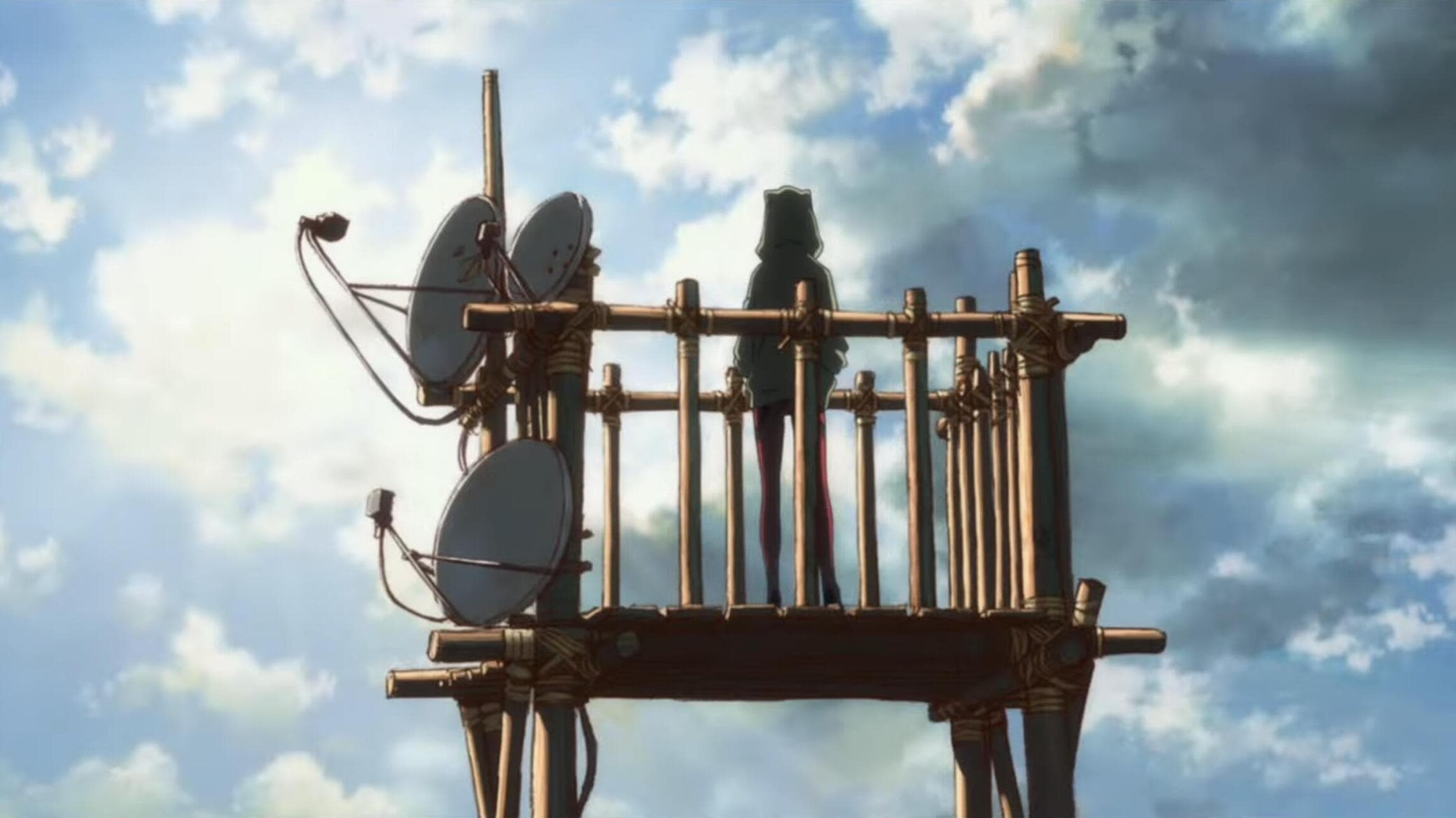
The ending of the Evangelion saga. After so many years, we finally get a conclusion to Shinji’s story. While we can’t discard that new Eva movies could get made in the future, the ending of Rebuild of Evangelion (and by extension, the canon Eva storyline) was an incredible sendoff, a satisfying ending that touched on many heavy themes about maturity, growing up, and letting go of the regret that weighs upon us.
The animation is simply gorgeous and the worldbuilding is fresh and interesting. True creativity in a world that demands more of the same, and an algorithm that pushes artists to obey it.
The final confrontation and ultimate resolution of the plot was extremely satisfying.
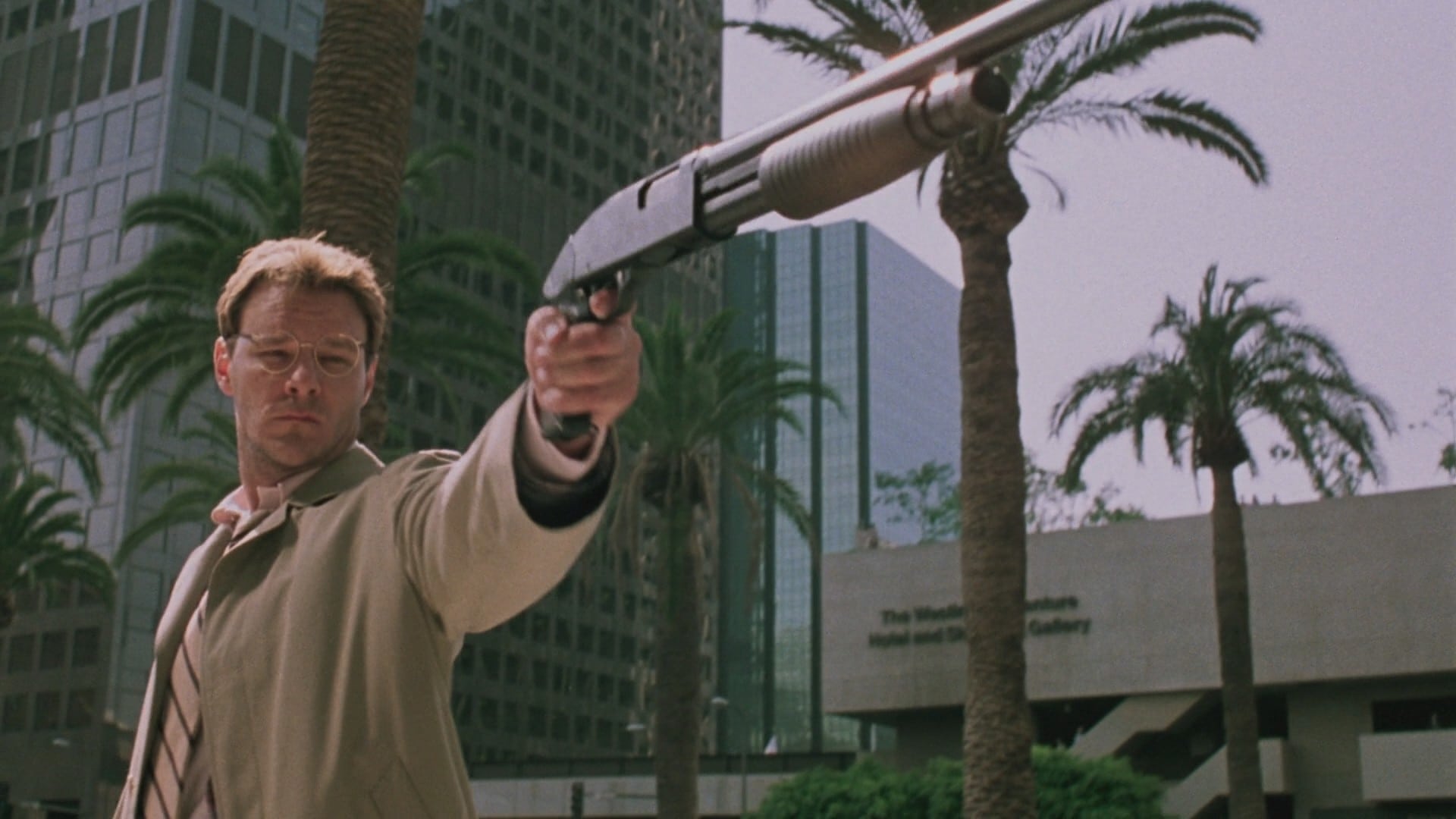
Pretty cool late 80s thriller with an unconventional twist.
While not standing out in any particular aspect besides its plot, The Hidden is a very entertaining watch. Kyle MacLachlan is pretty good in his role and the direction is plain good 80s feature film.
I don’t have that much more to say at this point. If I didn’t give it 3 stars it’s because its structure is relatively formulaic, but I’m in no way saying this movie isn’t “good”
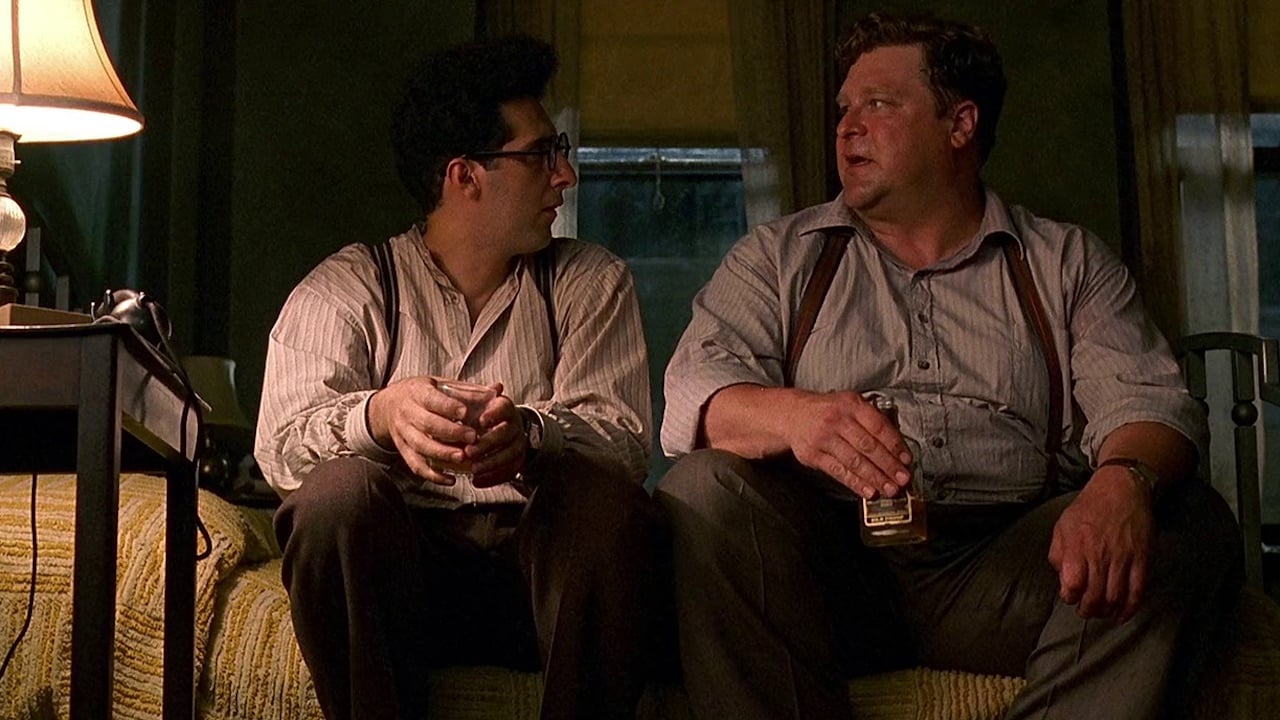
It seems that the Coen brothers have always had this predilection for “meta” stories. “Write what you know”, as they say. And this time they write about screenwriters. As they did in my second-favorite segment of The Ballad of Buster Scruggs.
It’s a smart, funny tragi-comedy that depicts the world inside Hollywood cinema in a cynical light.
It suffers a bit from “wow them at the end”-itis and the plot ends somewhat abruptly, but regardless it’s a pretty enjoyable watch.
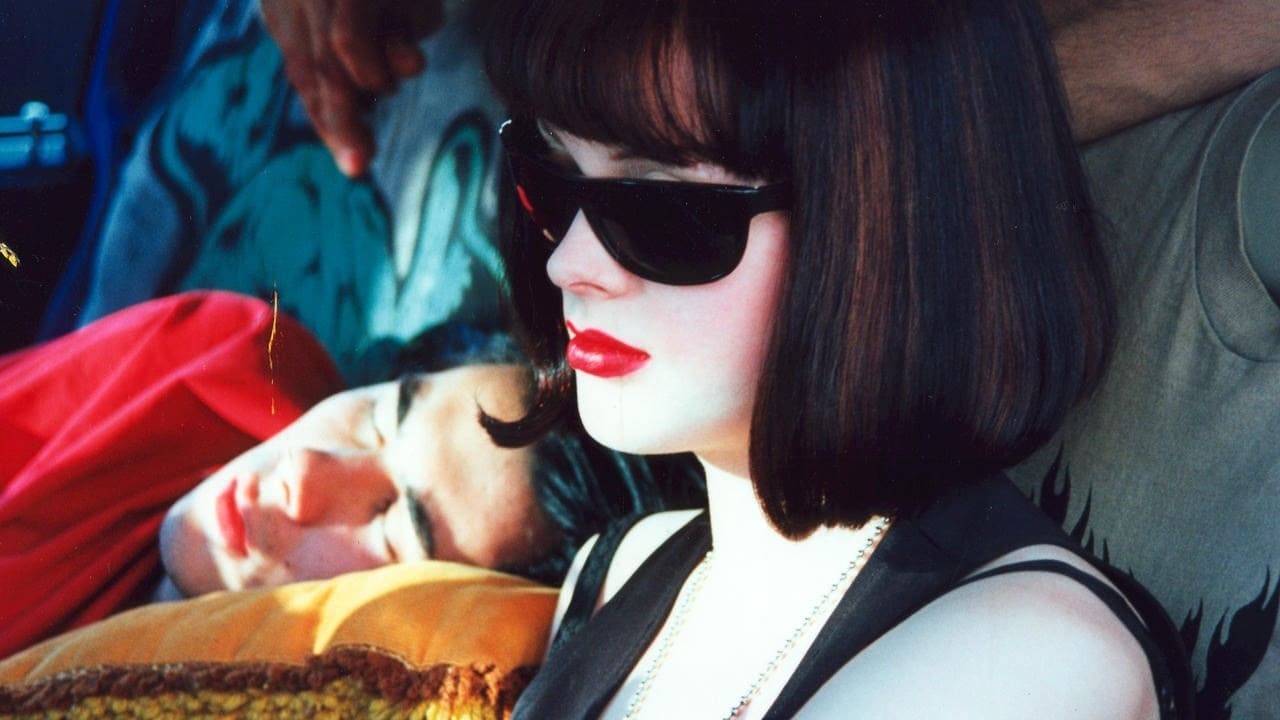
This movie opens with the title card “A Heterosexual movie by Gregg Araki”, but the one time I felt true apprehension was when the juvenile edgy-nihilist message of the movie started defining itself.
To get a couple of things out of the way: Early in the movie, a stereotyped Asian man gets brutally murdered and decapitated by one of the protagonists. This is played for laughs. The movie was already pissing me off enough that I was itching to find something to condemn it publicly, and this seemed like a good example. Then I realized that Gregg Araki is Asian-American himself, so I almost committed a Sarkeesian by gratuitously accusing him of pointless racism.
Second, credit where credit is due: The visuals in this movie are amazing. Shit is right up my alley aesthetically. Saying what we will about Araki’s writing sensibility, the motherfucker knows how to craft striking images.
Now, the main drift of the movie is this: It’s a road movie where a softie and compassionate guy, a rebel girl and the psychopath hunk the first two meet at a club drive around the country, getting into troubles and escaping from them. It’s a pretty vapid setup where the only moderately interesting theme is the contrast of the two masculinities of the main characters in relation to themselves and Rose McGowan’s character. Spoiler: the “heterosexual movie” tag at the beginning is sort of a joke. Another spoiler: this theme doesn’t resolve to anything meaningful by the end.
I have to say that, at the very least, it made me curious about watching other Araki films, just because I need to know if they are all going to be like this.
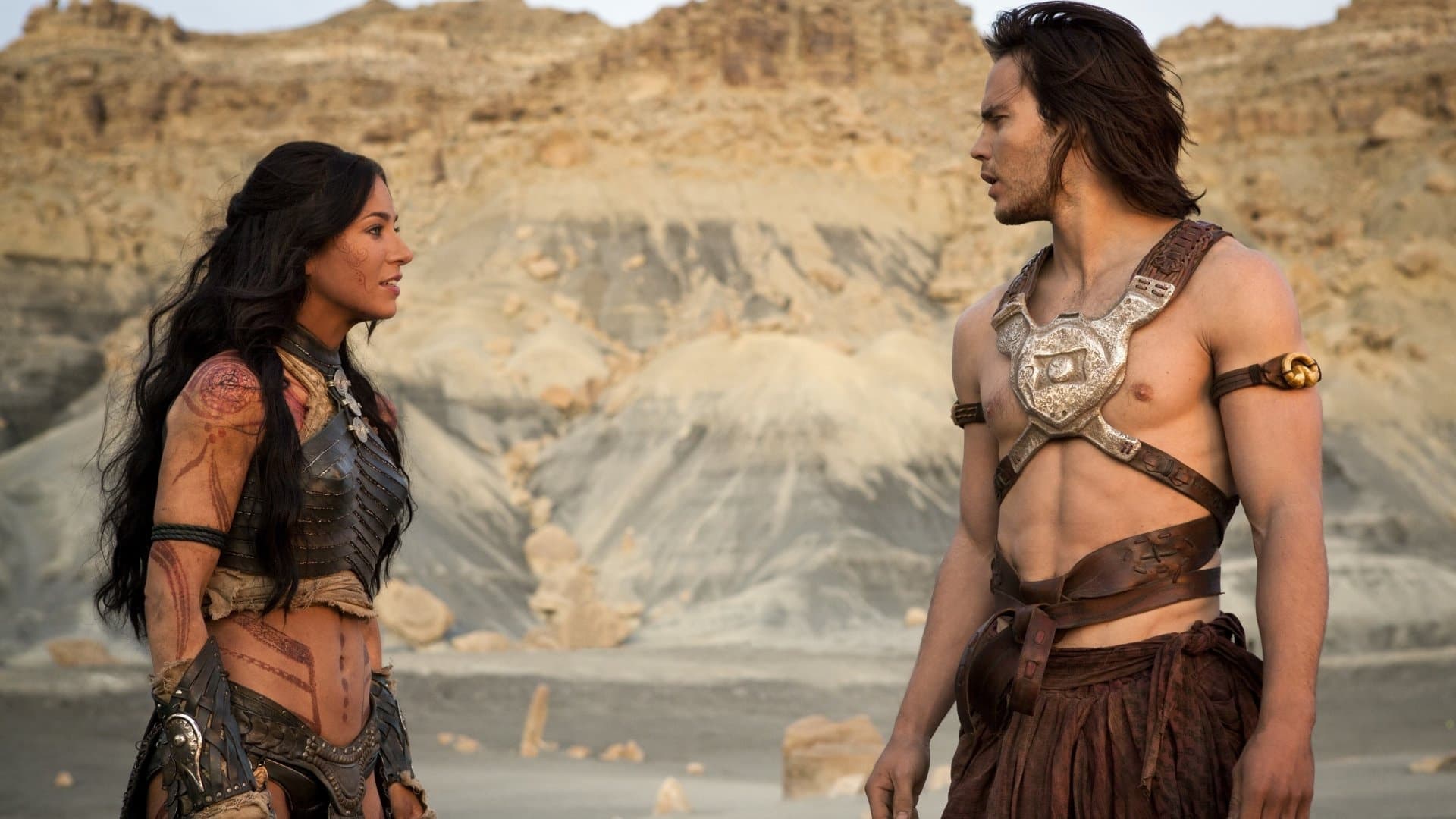
A high budget adaptation of A Princess of Mars. The first book in Edgar Rice Burroughs’ Barsoom series. Probably the writer’s best known series after Tarzan.
Clearly made with the intention of starting a movie franchise, it visibly wasn’t successful enough for the studios to greenlight one. It made barely enough revenue to recover production costs.
The movie itself is just alright. Action set pieces and special effects look fine for the time, although production design was significantly toned down to make it more palatable to all-ages blockbuster audiences. The problem lies more with the unfocused, meandering plot structure and the very neutral charisma of Taylor Kitsch as the leading man. Not sure why they cast a relatively unknown in that central role when they could get Samantha Morton and Willem Dafoe voice acting characters for one of the martian races.
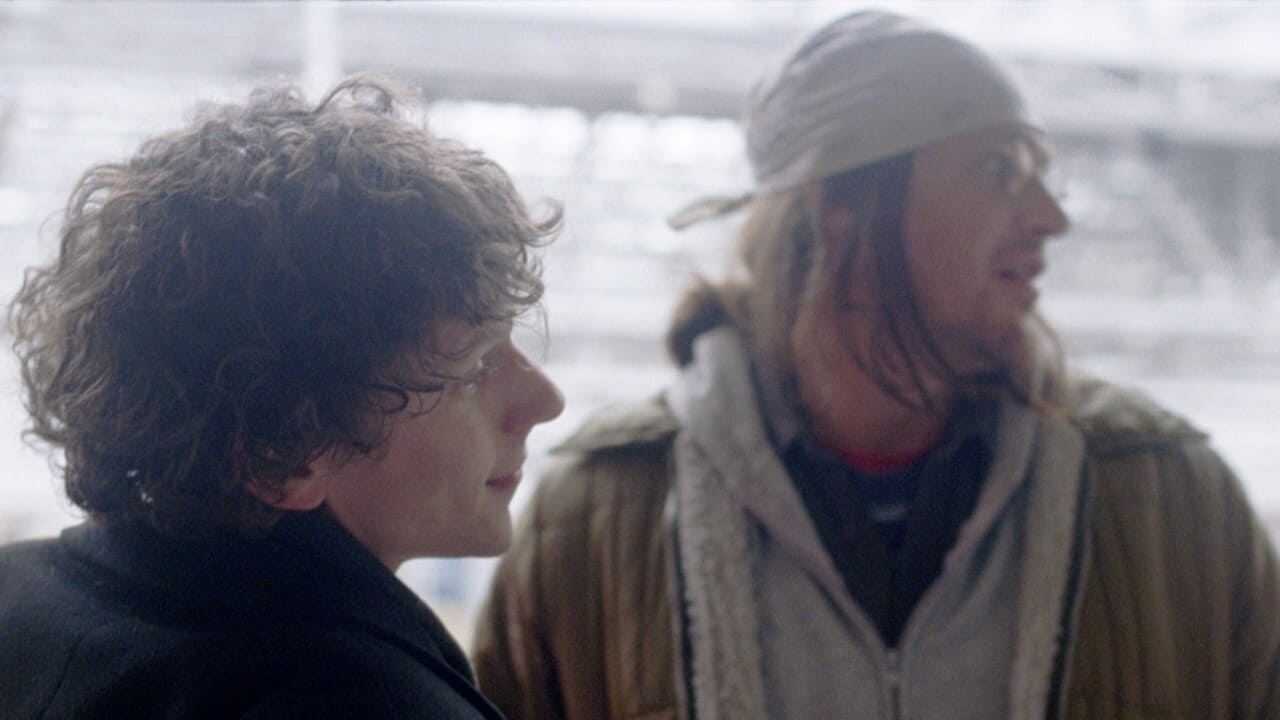
When I saw a still from this movie, with Jason Segel in the role of American writer David Foster Wallace, I admit I couldn’t take it seriously at face value.
In the movie itself, though, it’s a different matter. Segel does a pretty good job of portraying the cadence and mannerisms of Wallace, to the point where it becomes easier to forgive the lack of resemblance.
The story centers around an embedded interview with Wallace from Rolling Stone writer David Lipsky made at the end of the tour for one of his books, and it feels as stimulating as hearing one of Foster Wallace’s interviews or talks. I quite enjoyed it.
Later on, I learned this was produced by A24, which makes sense. Another win for that house!
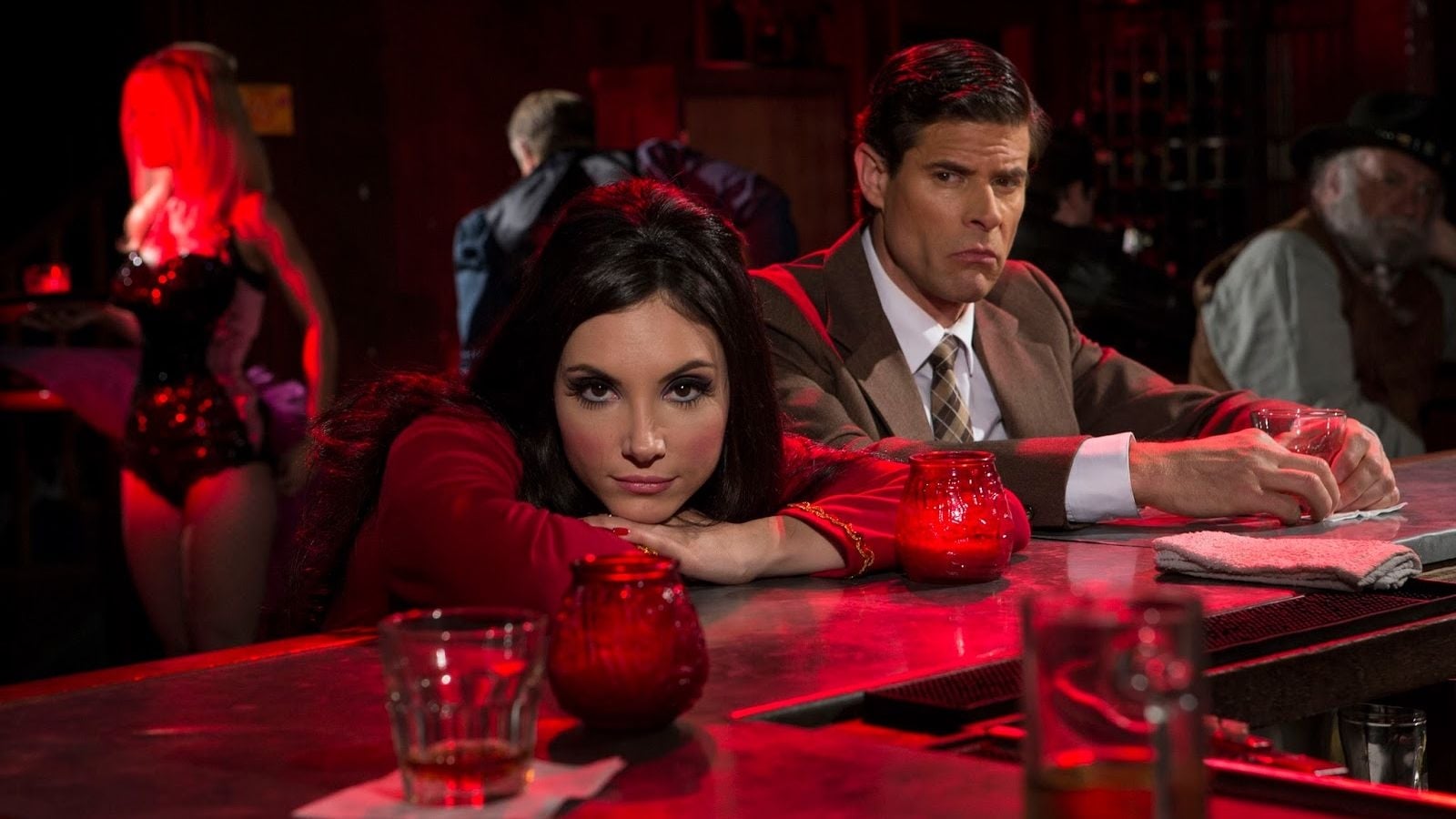
I was drawn to The Love Witch for its emulation of sixties Technicolor aesthetics. A fresh choice in a time where most mainstream movies are all color graded the same way.
However, while its looks are retro, its themes and rhetoric are very much of its time, for better or worse. This is the story of Elaine, a young witch that is obsessed with finding an ideal of love that may not be realistic, and she will stop at nothing to find it, including killing those that are don’t match up to such unattainable standard.
And so, we get a pretty interesting character in our protagonist. A woman that displays severe narcissism: Entitlement, need for attention while dismissing the feelings and concerns of others (read: the feelings of the men she ends up with) and other disturbing behaviour.
It’s a pretty scathing critique of the modern, post-liberated, uber-socialized woman, exaggerated to a murderous degree. A nice detail is how Elaine isn’t just like your typical male antisocial psycho, but gender-swapped to be a woman, like it would be on a lesser film. She employs the more feminine, indirect type of violence like resorting to psychological abuse and bullying, or even straight up poison (she’s a potion-maker witch, after all), which explains why the authorities have a harder time catching her crimes.
There is quite a lot to unpack in this one. It’s not a happy watch, necessarily, but it’s pretty interesting nonetheless.
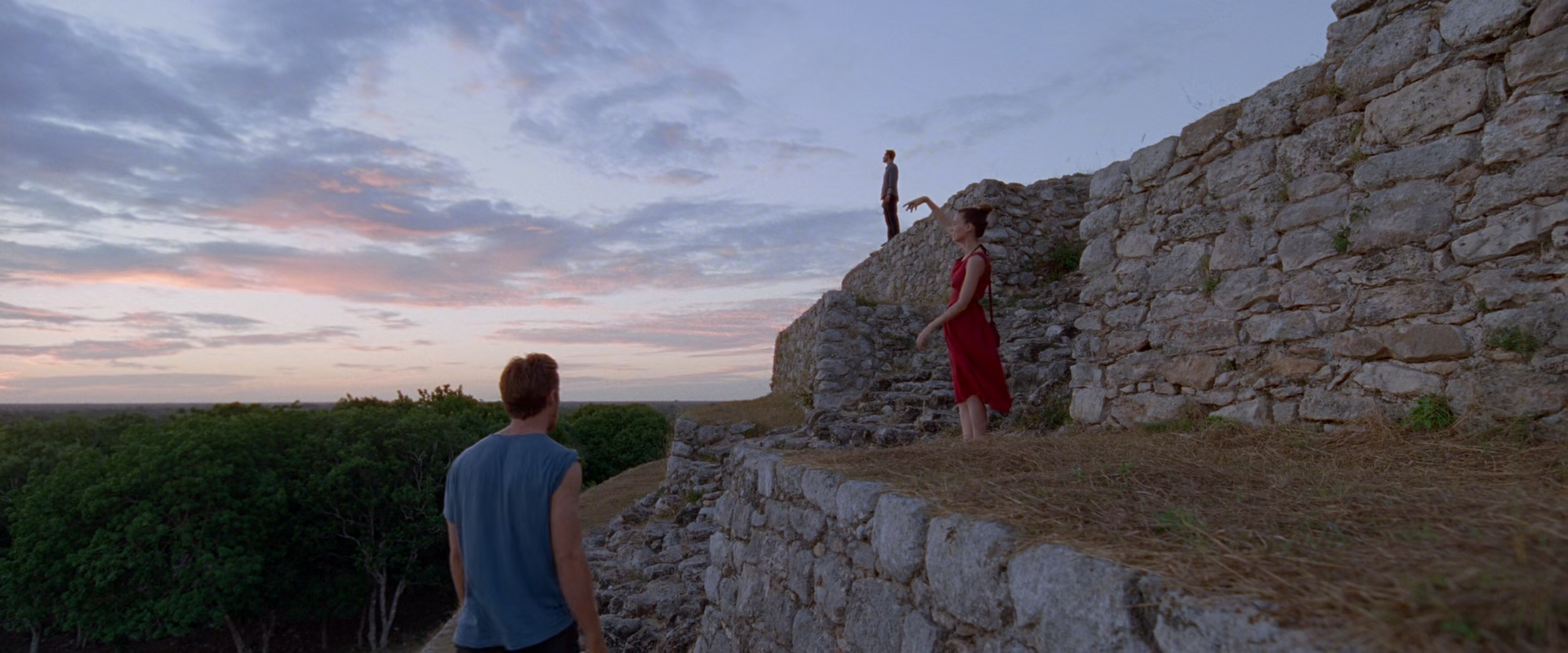
This year I discovered Terrence Malick and this is the first film of his that I watched. I was seriously conflicted about it.
It is visually gorgeous, indulgent but also meandering and unfocused. It seems to have no point other than to exist. Apparently, Malick’s way of working involves shooting a bunch of scenes and stitching them with a vague through line. It shows. And I’m not saying that he’s making shit up as he goes. I’m sure he had a plan going in, but it feels vague and unfocused.
A series of loosely connected, visually stunning and evocative scenes, characters talking in whispers, plot points that hint rather than tell, and maybe even contradict themselves further into the movie. That’s the experience to expect.
I love it. I love beautiful architecture, beautiful landscapes, beautiful women and men. All shot in gorgeous natural light thanks to DP Emmanuel Lubezki. But it can also be boring. Feel pointless or over indulgent. The pinnacle of privilege. These movies are the world’s most expensive tumblr blogs.
I don’t believe in the idea of “style over substance” as a pejorative. When it comes to playing back a timeline of cinematic sequential images, style is substance. But Malick’s movies like Song to Song are lacking more meaning behind their symbols.
People say when we don’t use emotions we are only using half of our brains, but the same is true for using only emotion. Malick strikes me as an “emotion first” kind of director. Emotion underpinned by nothing. In a sense, he’s the opposite of Nolan.
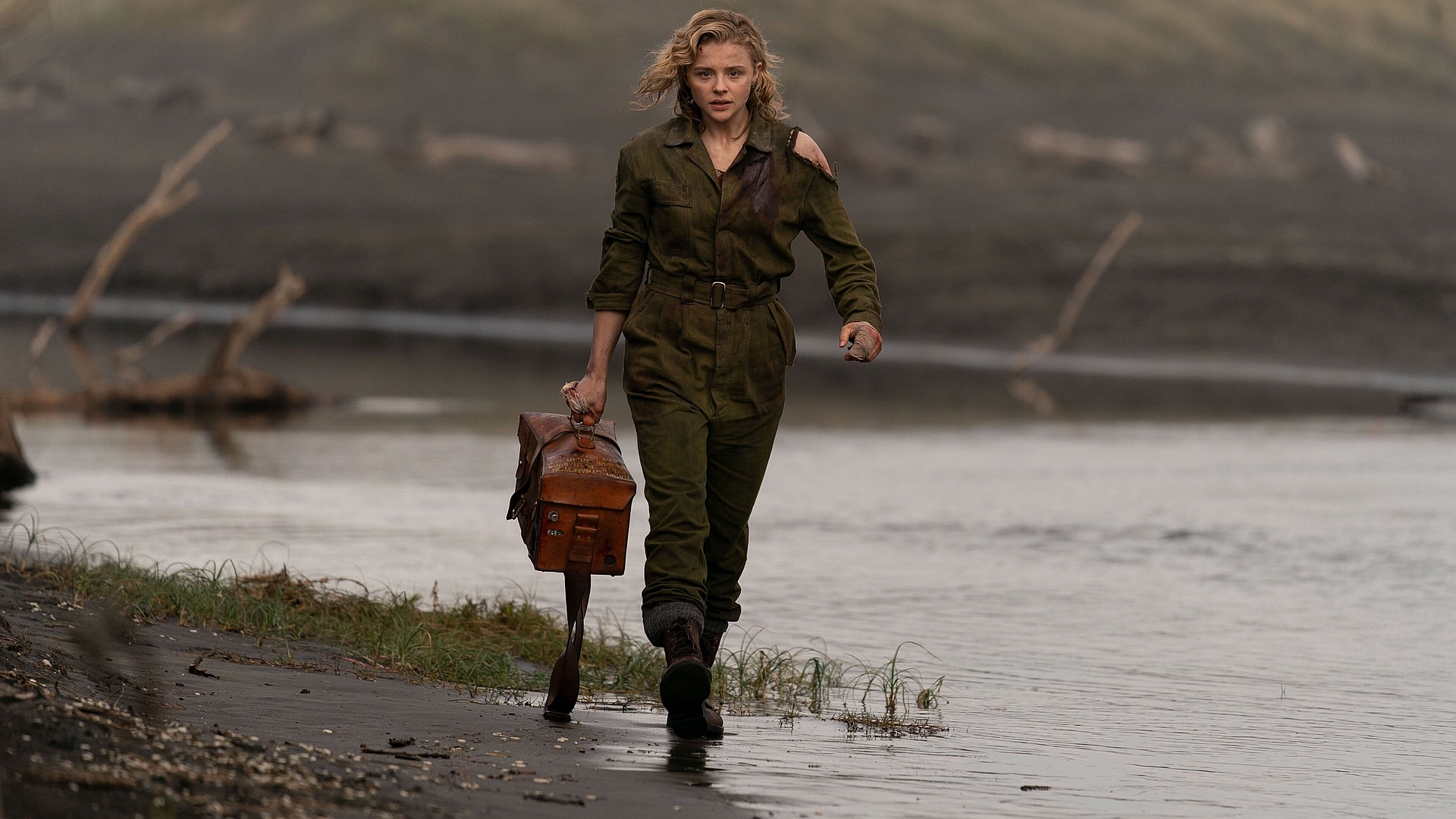
When Captain Maude Gardner is tasked with transporting a mysterious package from New Zealand to Samoa on board of a B-17 bomber in the middle of WWII, the extreme misogyny of the crew will be the least of her worries!
Seriously speaking, though: This movie is a pretty cool high-concept adventure-thriller with Chloë Grace Moretz in the leading role. The idea of a WWII bomber mission, plus dark and mysterious presences in the flight is really interesting.
The over the top misogynistic dialogue at the beginning was so thick that it felt borderline cartoony. Then I saw that Max Landis wrote the screenplay and everything clicked. Then again, reading online reviews where dudes literally couldn’t take the movie at face value and thought the story must be some sort of dream or hallucination still says a lot.
Very fun, light watch if you can get past its less than stellar writing. The aesthetics are pretty decent despite the obvious small budget, and it holds dramatic tension throughout its run time.
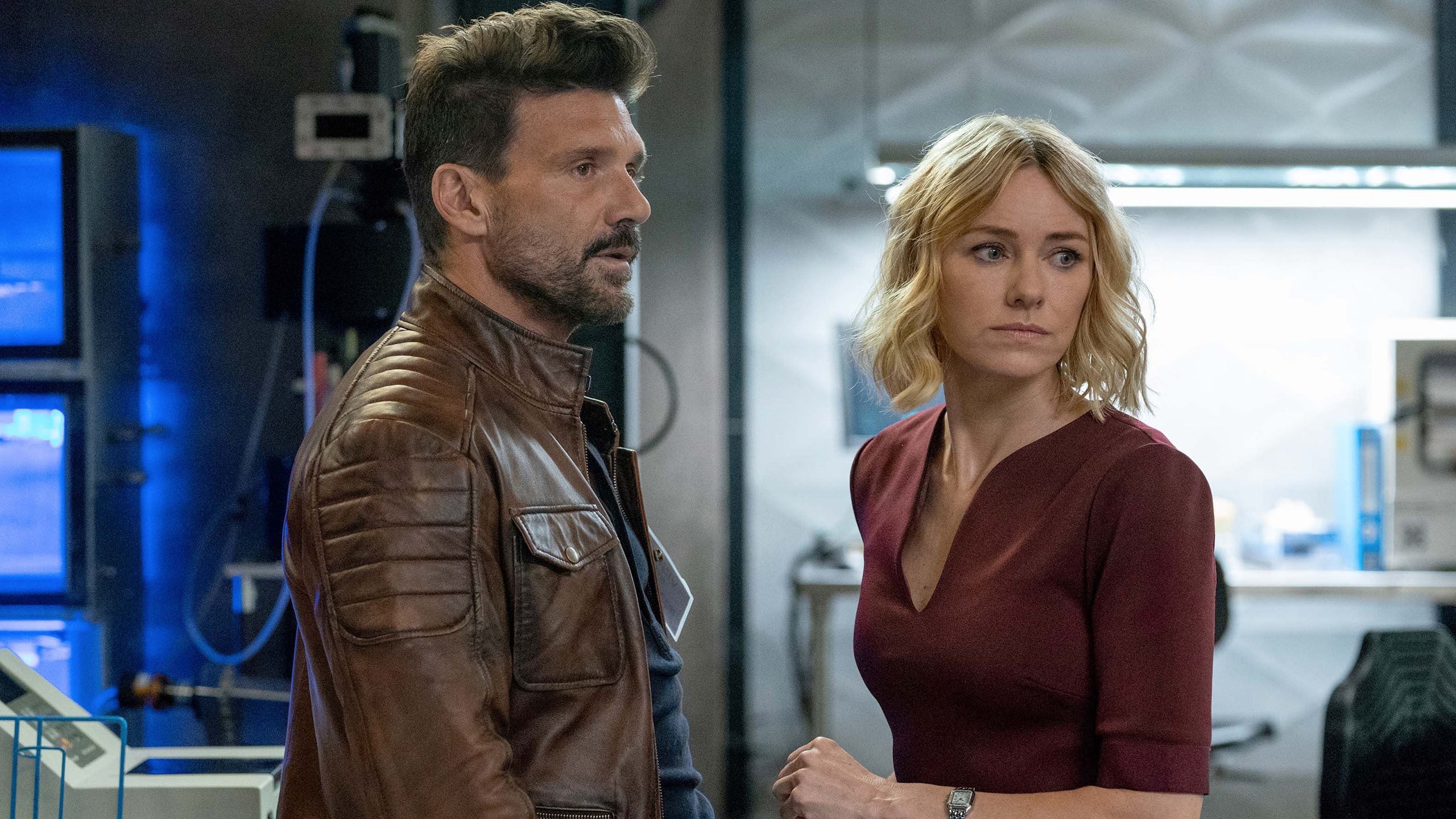
Where to begin with this? It’s bad.
Some dude is forced to relive the same day over and over, except he retains his memories of it. And, oh yeah, he’s being hunted by assassins sent by Mel Gibson’s character.
Therefore, he “gits gud” at dispatching these assassins the more he repeats it. Like a videogame, get it? Except the movie isn’t courageous enough to be a videogame movie and instead concocts some cheap SF explanation for why the time loops affect just this guy, based on an experiment that his wife was researching (played by Naomi Watts, by the way. I can’t believe she agreed to be on this)
Anyway, it’s a really crappy, borderline insulting movie that tries to be some sort of high concept action piece. Except the action is dull. The plot makes no sense (it’s a thinly veiled excuse for the action) and the characters are mostly unlikable. One star.
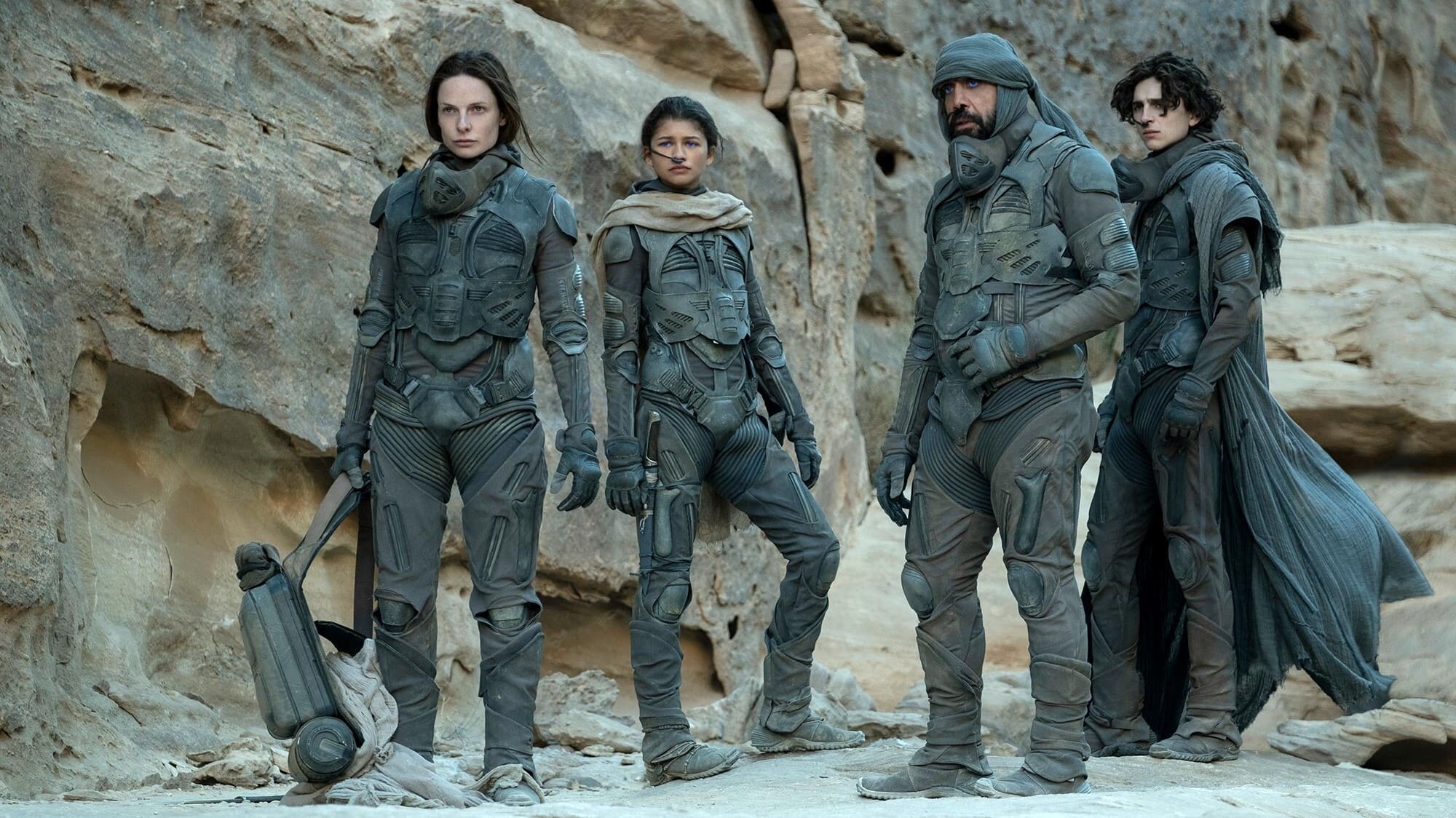
As sort of a new fan of the Dune lore and world, mostly thanks due to the excellent Avalon Hill board game, I was eagerly awaiting this movie.
Not only did I love Villeneuve’s previous work, Blade Runner 2049’s production design and photography, but there was a lingering discontent with David Lynch’s previous cinematographic adaptation of Dune. A sense that it didn’t do justice to the source material and the hope is that this new adaptation would correct that.
Well, I was a bit disappointed. The movie puts all its emphasis on visuals and set pieces that are big turning points in the plot, while leaving characterization and buildup towards these set pieces in the back burner. The result is a bit flat and disjointed, even if you already know which story beats this adaptation is supposed to hit.
The fact that it only covers the first half of the first book contributes to the feeling of lack of closure, of leaving things lingering. I’m not saying every movie should be a self-contained story, but in this case the whole ensemble doesn’t quite wrap up in a satisfying way by itself, as much as the visuals and audio design are top-notch, it needed that extra touch to ground it story-wise.
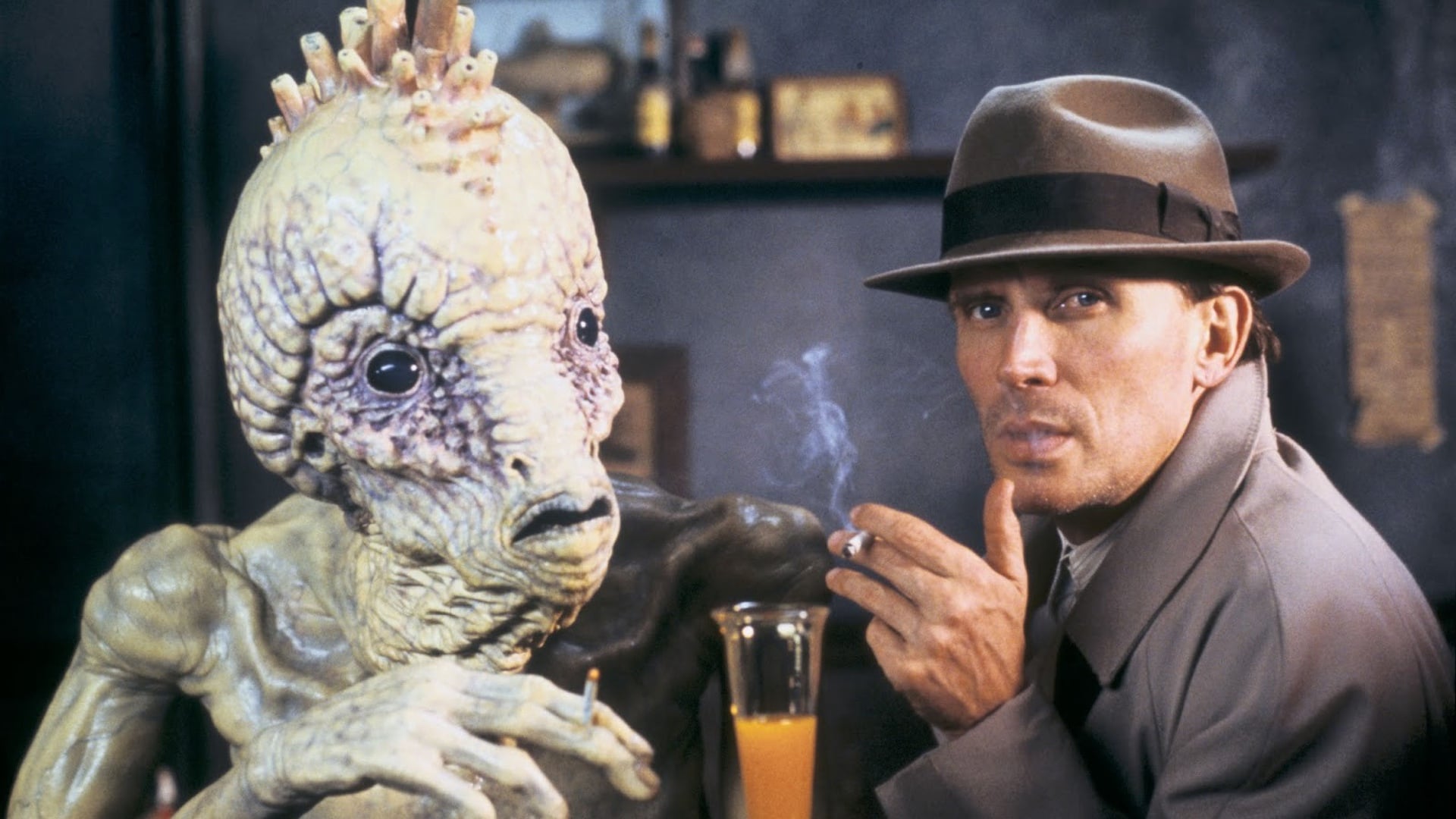
One of those adaptations deemed “unfilmable”. On the template of “sex, drugs and rock & roll” we could describe Cronenberg’s Naked Lunch as “bugs, typewriters and gay panic”.
Alright, that was a bit uncharitable (but funny). The trailer for this movie made it sound like a hugely controversial, immoral film, and maybe it was in 91, but for today’s standards, while weird, it’s not particularly shocking or awful.
Some on-brand practical effects and body horror, and a very stream-of-consciousness, lysergic narrative. Since I haven’t read the novel, I don’t know how close the film adaptation is, but for what I understand, it becomes more meta in order to make it possible to convey the story in the film medium.
I also really liked the style of the opening credits.
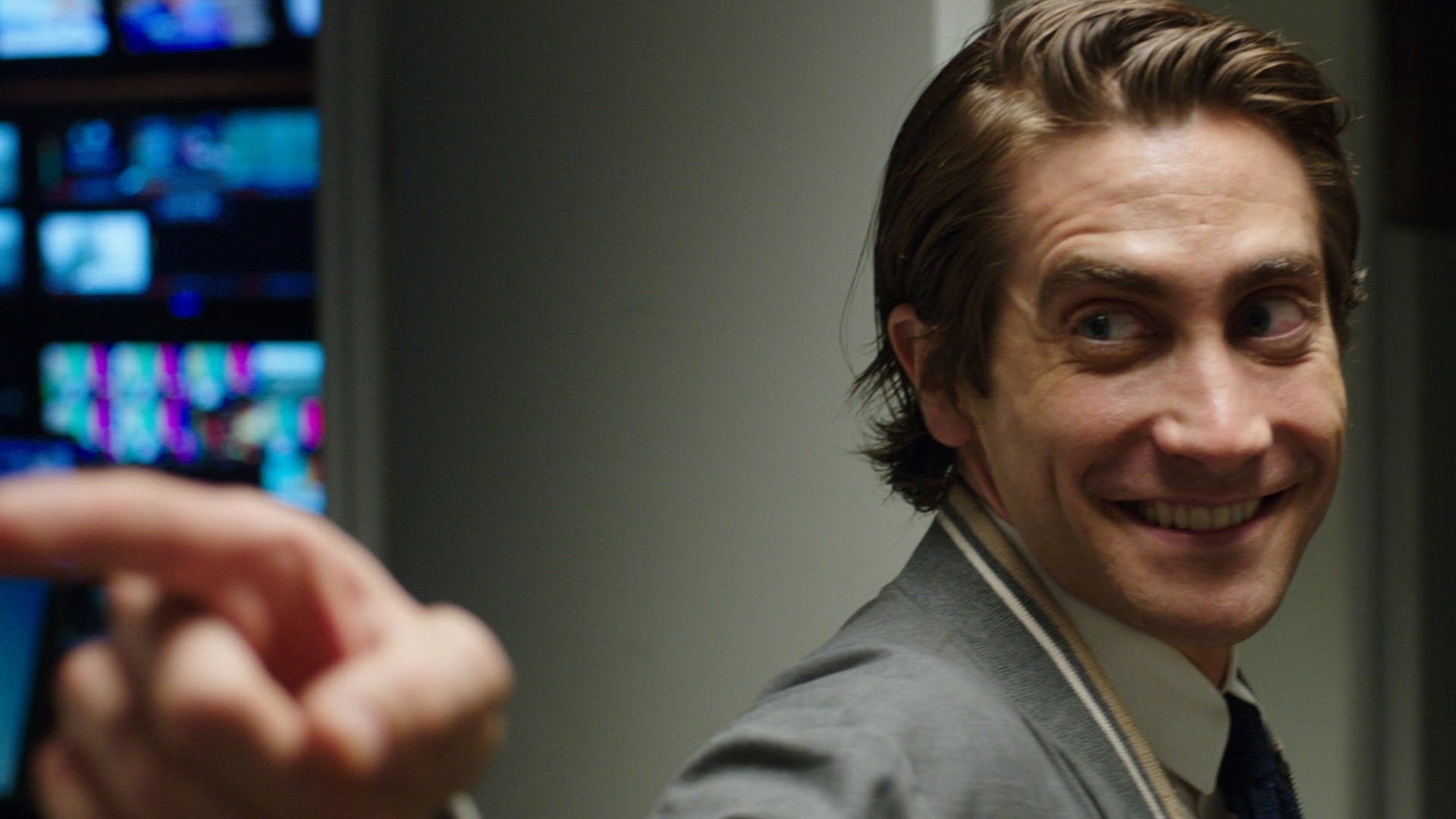
This has to be one of the best psychopath movies I’ve ever seen. It’s refreshing to see one that doesn’t revolve around homicides and serial killers but rather illustrates a more mundane and commonplace milieu around sociopaths/psychopaths, their enablers, their victims, and how they operate.
It’s a very thorough and complete character portrait, and it doesn’t rely on sensationalism or even overdone storytelling to pencil in the details. Not a feel-good movie certainly, but a very recommended watch
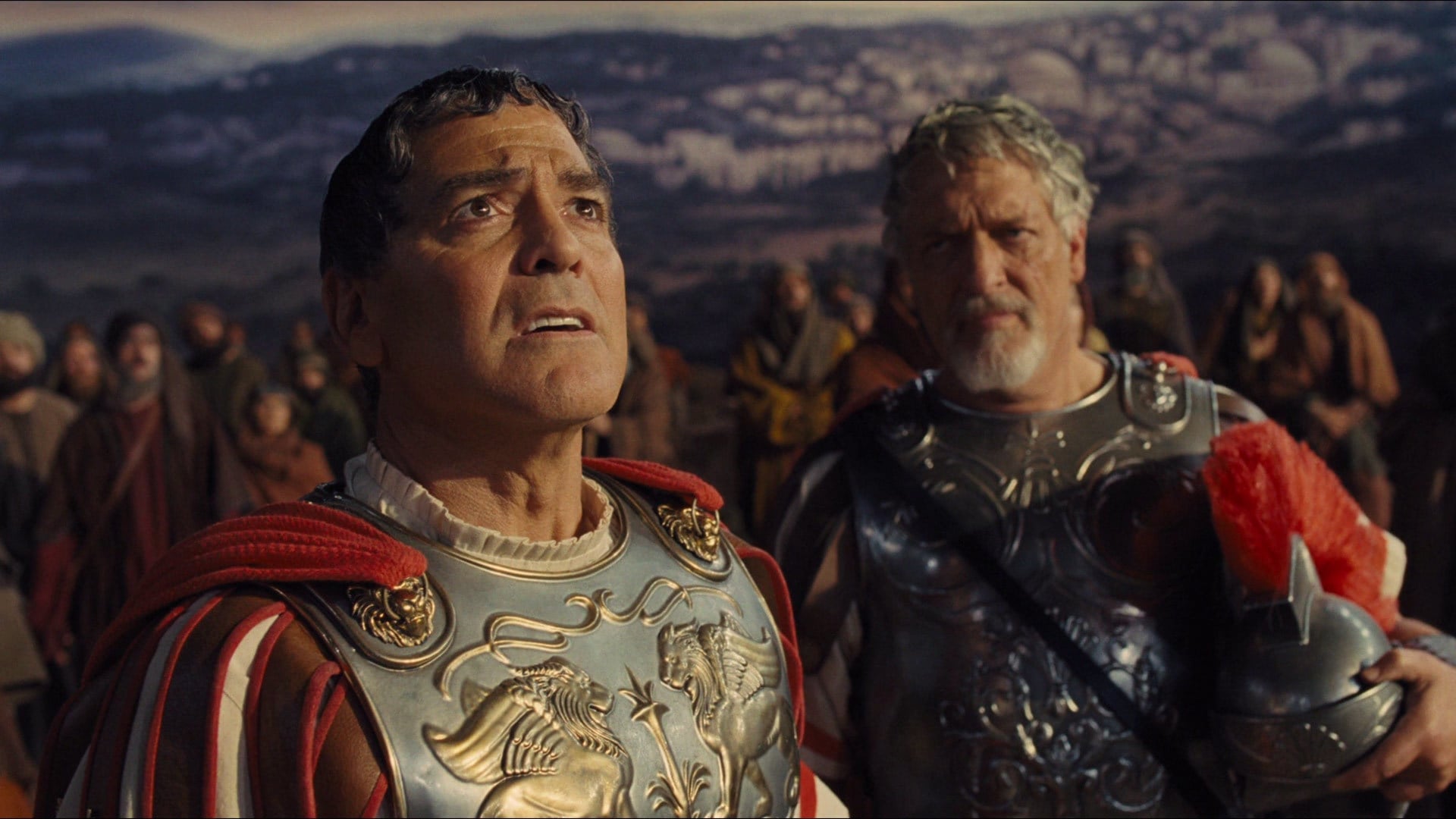
The Coens are writing once again about the society around Hollywood film studios. This time set in the 50s, it follows the tribulations of a producer trying to get an epic peplum film made, and all the unlikely shenanigans that occur as obstacles to that goal.
It has the trademark funny and smart social commentary of the Coens, and that feeling halfway between comedic magic realism and period piece that shows up in some of their productions, but it also feels like it wraps up too fast as the run time reaches its end.
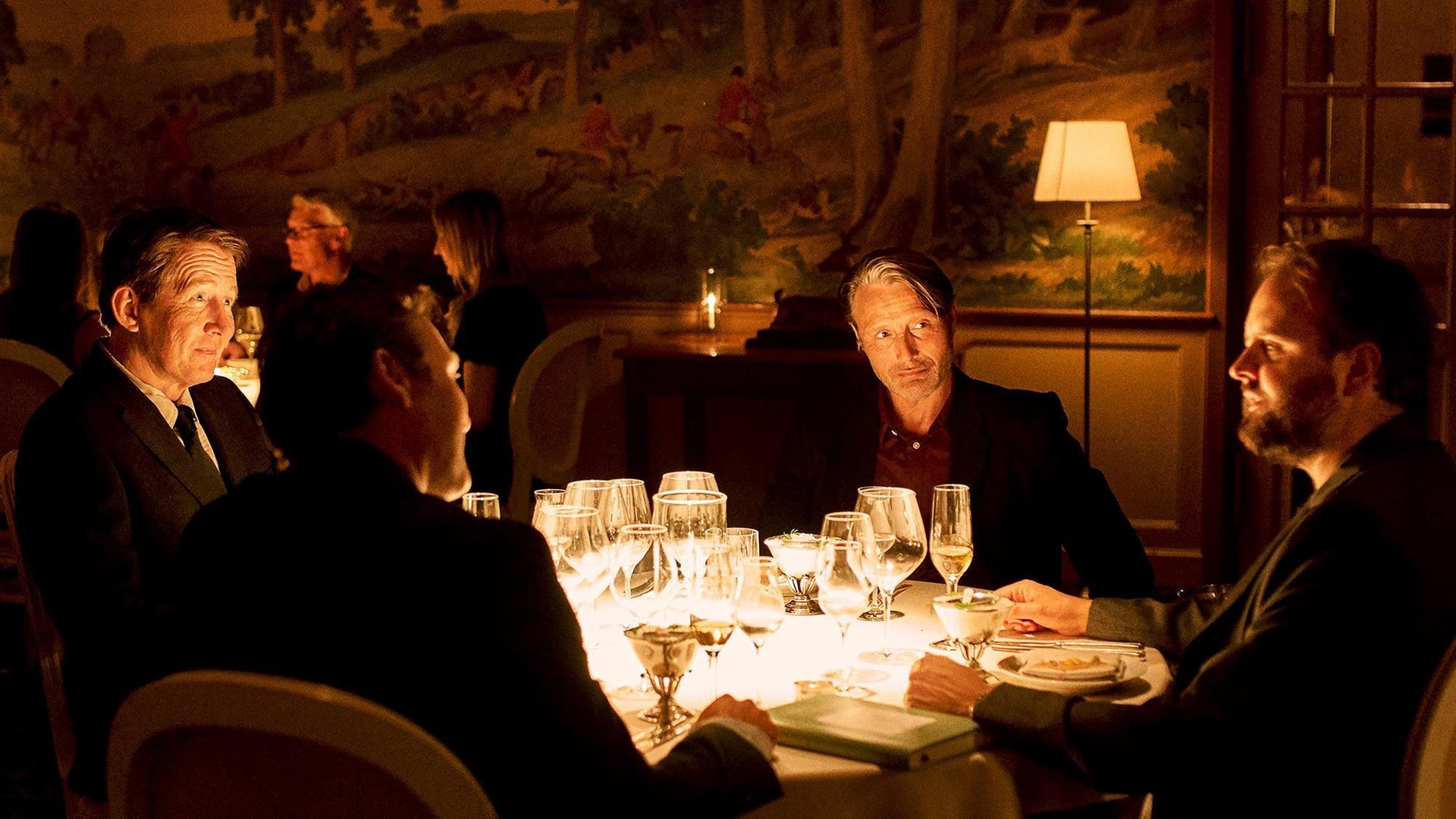
The premise of Another Round (Druk, in it’s original Danish, a word denoting binge drinking) is that having the right amount of alcohol in one’s system makes the spark of life shine. Makes it better, more fun and engaging.
Reminds me a lot of that Mitchell and Webb skit. Here, four school teachers decide to imbibe every day, floating around the tipsy level, just below drunk.
So, like the Danish version of Silicon Valley biohackers, their consumption of intoxicants has immediate positive effects in their lives.
With something as dangerous and with so many long term ill effects as alcohol, a movie that unapologetically celebrated it would be, at best, irresponsible. However, even though the movie is firmly pro-alcohol, it pays lip service to things going pear-shaped as well.
The tone in general is hopeful, not always funny (it’s a black comedy after all) but inspiring and, yes, it’s true, it feels a bit Oscar-baity. Don’t get me wrong, I think it’s unfair to accuse the movie of being Oscar bait, since it is an adaptation of a play that Vinterberg wrote years before and didn’t intend to turn into a movie, but the elements are there — and it seems to have worked. Druk won the Best International Feature Film, a BAFTA and multiple other awards—
It’s a great watch regardless, and Mads is great in it, of course. A bittersweet feel-good movie.
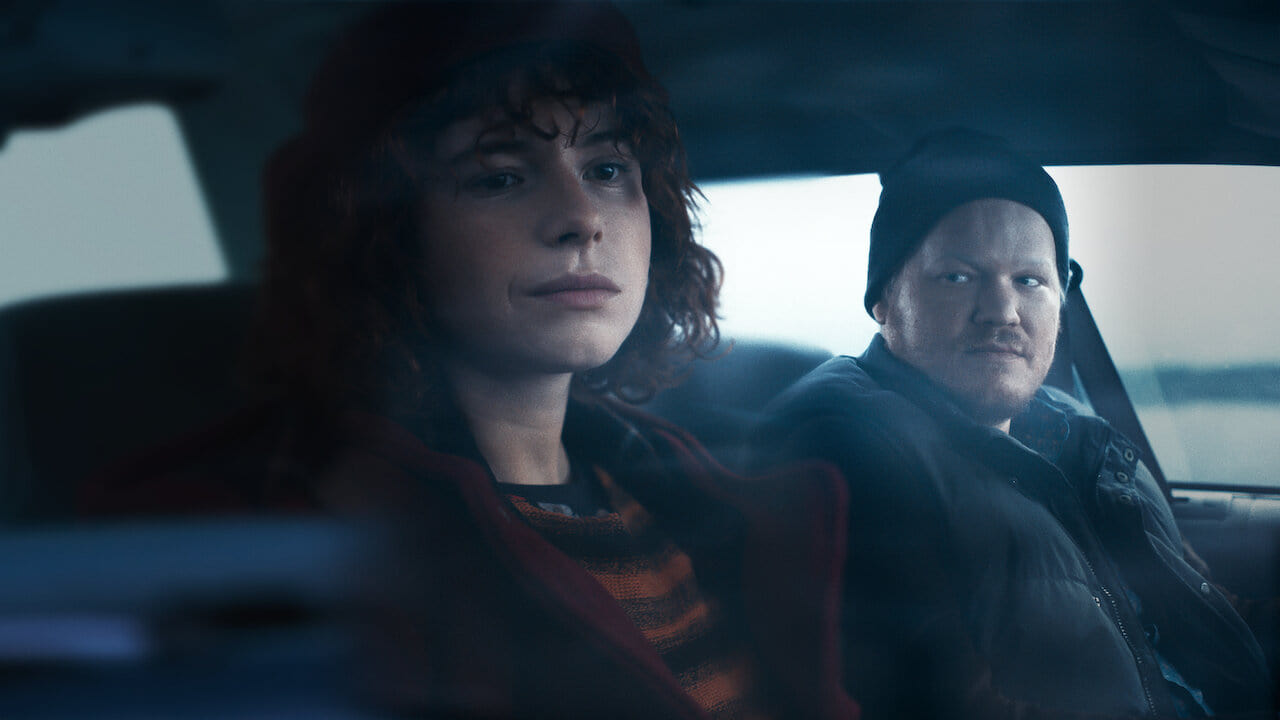
Charlie Kaufman has done it again.
I pretty much ignored this film as I saw it in the Netflix selection because it didn’t have particularly appealing marketing visuals. The algorithm was pulling my attention elsewhere. Thank the heavens I learned that this was a Charlie Kaufman film in some other site, because I could have otherwise missed what’s my favorite film of the year.
I’ve been sort of a Kaufman fanboy ever since I saw Adaptation, and I went in blind for this film. That’s in my view the best way to approach it. Reading the synopsis is OK, but even the trailers give too much away.
Based on a novel by Iain Reid, I’m Thinking of Ending Things is an absolute masterpiece. Smart, tragic, darkly funny, true to life, showing incredible artistry in craft from the editing to the blocking and framing of scenes, the evocative dialogue and allegorical presentation, the visual details…
I was completely glued to the screen. I should warn potential viewers that this is not a happy, feel-good film. Quite the opposite in fact. Perhaps it’s best to avoid watching it when one is feeling down
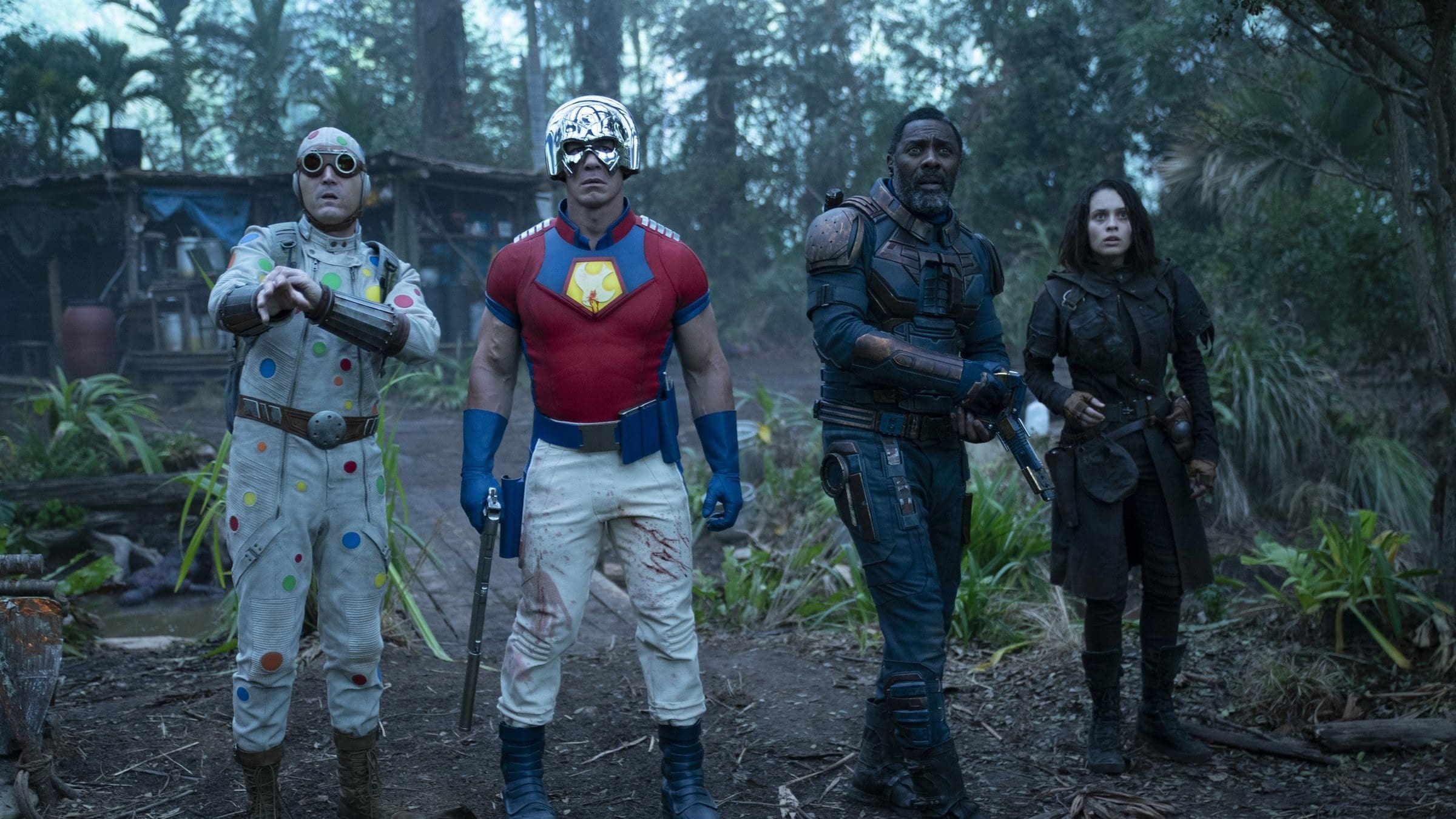
This was DC’s attempt at salvaging the Suicide Squad franchise, after a very poor initial movie. While I don’t think that the first movie was that bad, it was still pretty bad, even for superhero standards, and this one tries to remedy that.
And it does! It’s better in every respect. Dialogue, scenes, characters, etc. A bit too heavy on the gore at times, but not to the point where it becomes obnoxious or unforgivable.
If you enjoy superhero stuff, consider adding 1 star to the rating.
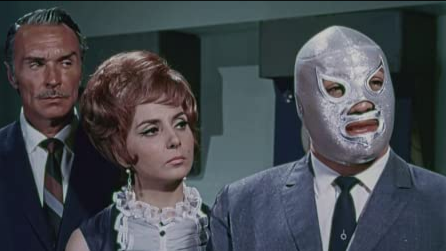
Another one of René Cardona’s luchador movies centered in “El Santo”. This one opens with Santo facing a panel of scientists who are mocking his theory that, if successful, could send a person to inhabit a past life through dematerialization. The caveat is that the ideal subject to try it on are females, as male bodies aren’t strong enough to withstand the effects of his machine.
And so, he soon finds a “volunteer” in his friend Luisa to go back in time to the XIX century, where she ends up in a manor visited by Dracula himself.
This movie is the racier version of the otherwise known as Santo en El Tesoro de Drácula, but other than some extra titty, there isn’t anything that would be particularly pornographic to (well-adjusted) modern audiences.
A movie of a super scientist masked luchador sending someone back in time to end up facing Dracula is as wacky as it sounds. And, while not as entertaining as Batwoman, it sort of improves towards the end.
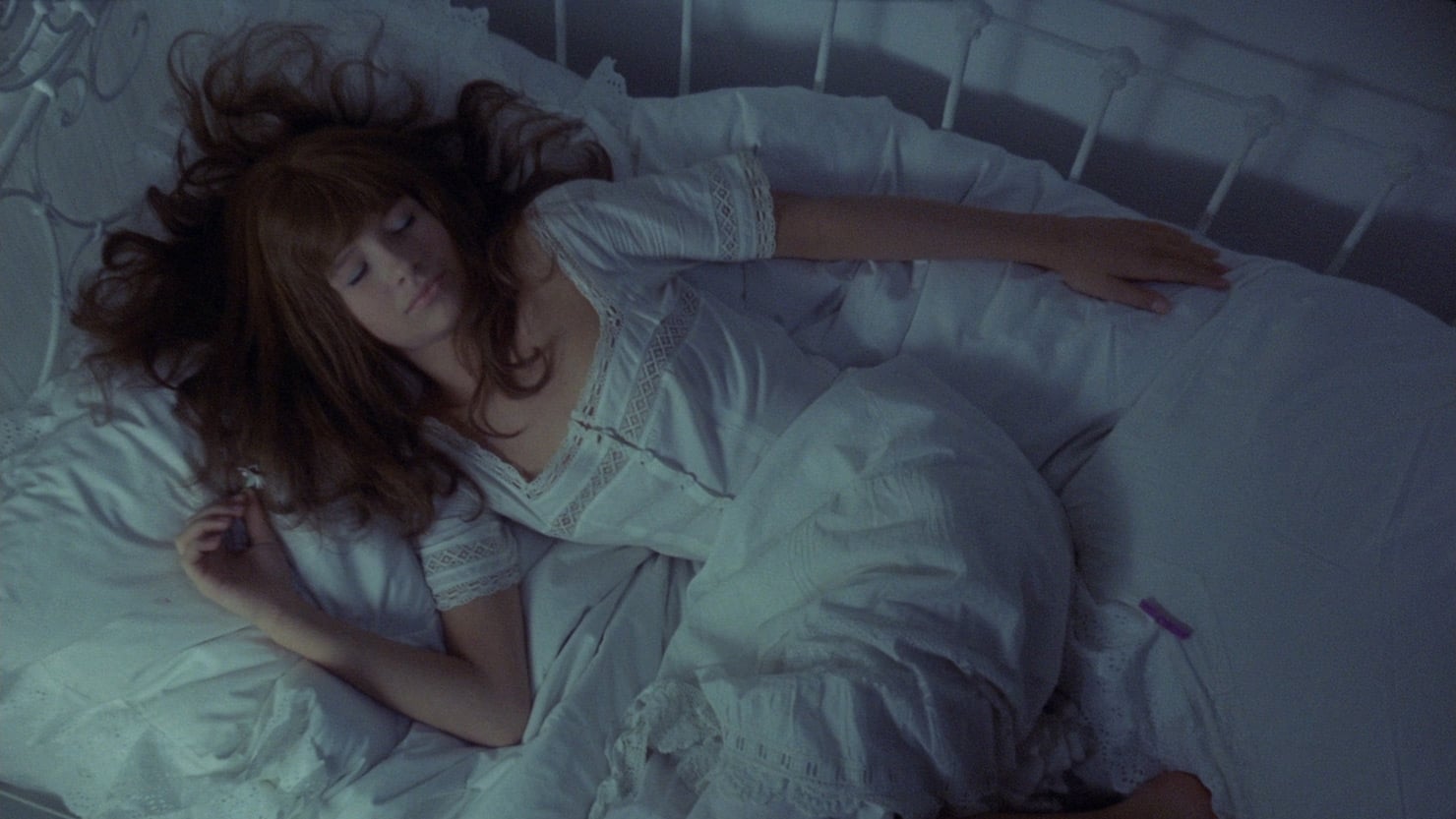
A visually incredible movie, representative of the last vestiges of the “Czechoslovak New Wave” (sometimes compared to the French Nouvelle Vague).
I didn’t know this when I watched it, but it turns out that this has a Criterion release, and with good reason. It’s a heavily allegorical coming of age movie about the titular Valerie, and the tribulations she experiences when becoming a woman. Depicted in stunning visual splendor, in a dreamy, pastoral style evocative of a fairy tale, but one of those old school fairy tales that don’t shy away from darker themes.
It’s evident in some aspects that the production values and budget of Czechoslovak movies of the 70s aren’t always aligned with the creative ambitions of its filmmakers. For example, the “old woman” makeup of Valerie’s grandma is little more than some white paint, not doing a great job to convince us that there isn’t a much younger actress behind it. But if you can get over idiosyncrasies like this one, what remains is a beautiful, strange and unusual film.
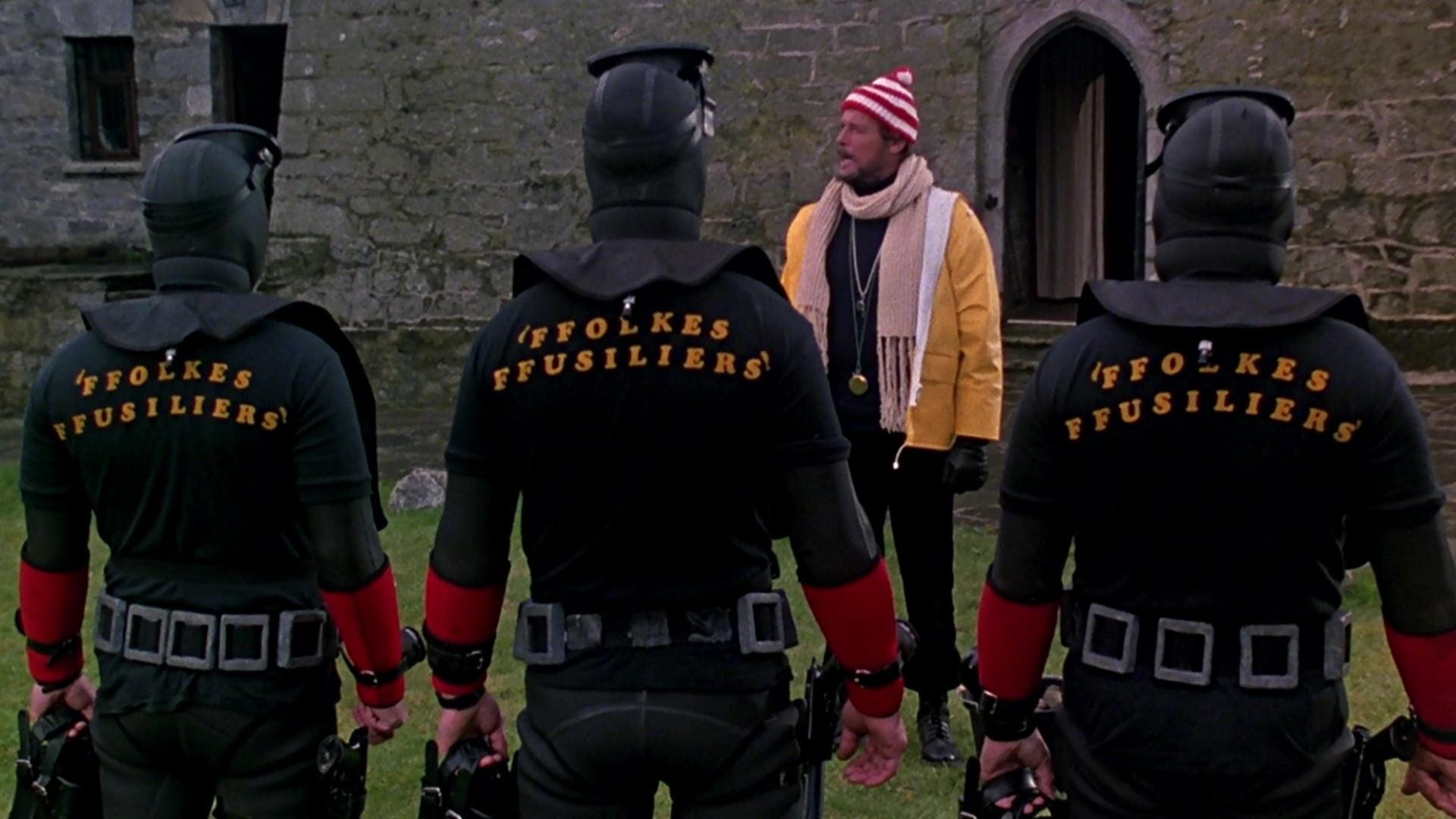
Filmed in the middle of Roger Moore’s run as James Bond, North Sea Hijack is a different kind of special-operations oriented movie.
Rufus Excalibur ffolkes is a special operative that trains a squad of men for marine missions from his castle, apparently working independently and out of his own pocket. He has two character quirks: likes to drink scotch at any time of day, and is a misogynist. Certainly a dubious character flaw to write in this day and age but, hey, this was the 80s.
There is a (not very convincing) explanation for his hatred of women in the movie but it doesn’t do much to justify itself. It does contribute to the vibe of being a film version of a pulp novel, though (and it is in fact an adaptation of Esther, Ruth and Jennifer, where a group of terrorists hijack an oil plant in the North Sea and the British government is forced to resort to ffolkes, the best man for the job).
Perhaps one of the most interesting aspects of this movie is the emphasis on planning and preparing the mission. Instead of jumping right to the middle of the action like a modern movie would, we get several scenes devoted to ffolkes and his men preparing a plan to retake the oil platform.
Unfortunately, in practice all this careful planning and selling ffolkes as a consummate professional operative are undone by absurd carelessness that’s only surmounted by Tintin-like luck. Still, for its age it’s a pretty enjoyable thriller flick.
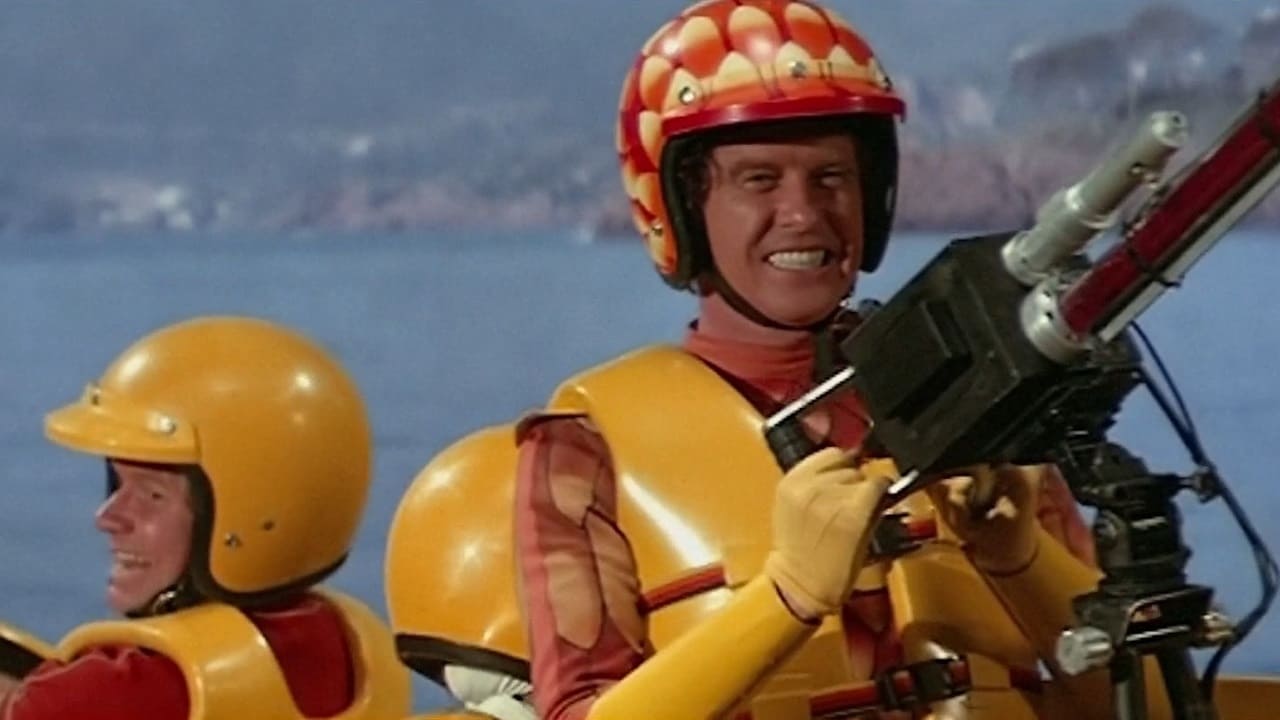
Early 80s Disney spy-comedy where a cartoonist that does occasional courier jobs for his CIA buddy (yes, seriously) gets involved as a field agent for real after an incident with enemy spies.
He meets a femme fatale, gets involved in an international conspiracy and, uh, gets a chance to LARP his own superhero cartoon: Condorman.
It’s basically a kids-oriented (80’s kids though, for better or worse) spy-comedy that serves as an excuse to showcase some inexplicable vehicles and gadgets. Good for a laugh, but not really something I’d recommend watching.
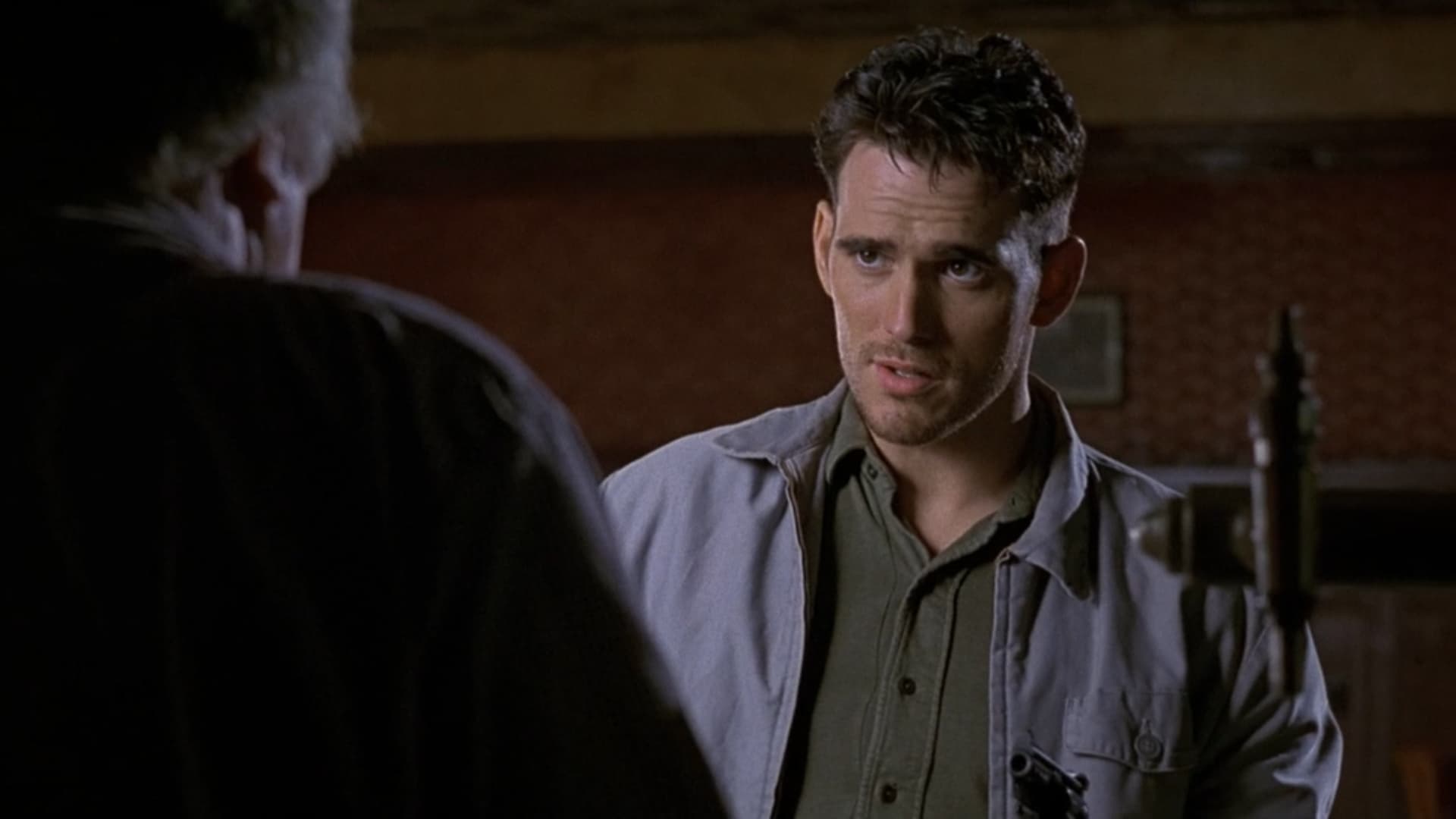
Rewatch of a movie I saw years ago and that I recall liking at the time.
A group of thieves get mixed up in a police operation set up for someone else, and are forced to hunker down on a prohibition era bar at night.
A thriller set in a single room for most of the movie as tensions escalate seemed like a cool idea. And on first viewing, seeing how things unfold can be interesting.
On second viewing, I didn’t like it as much. Not only is the “single room” aspect not as strong as I remembered (there are multiple cuts to the development of a secondary plot arc with the police outside of the bar) but the tensions and twists aren’t really that surprising. They are sorta presented as-is.
It’s a good framework for a story, but it has been executed better elsewhere.
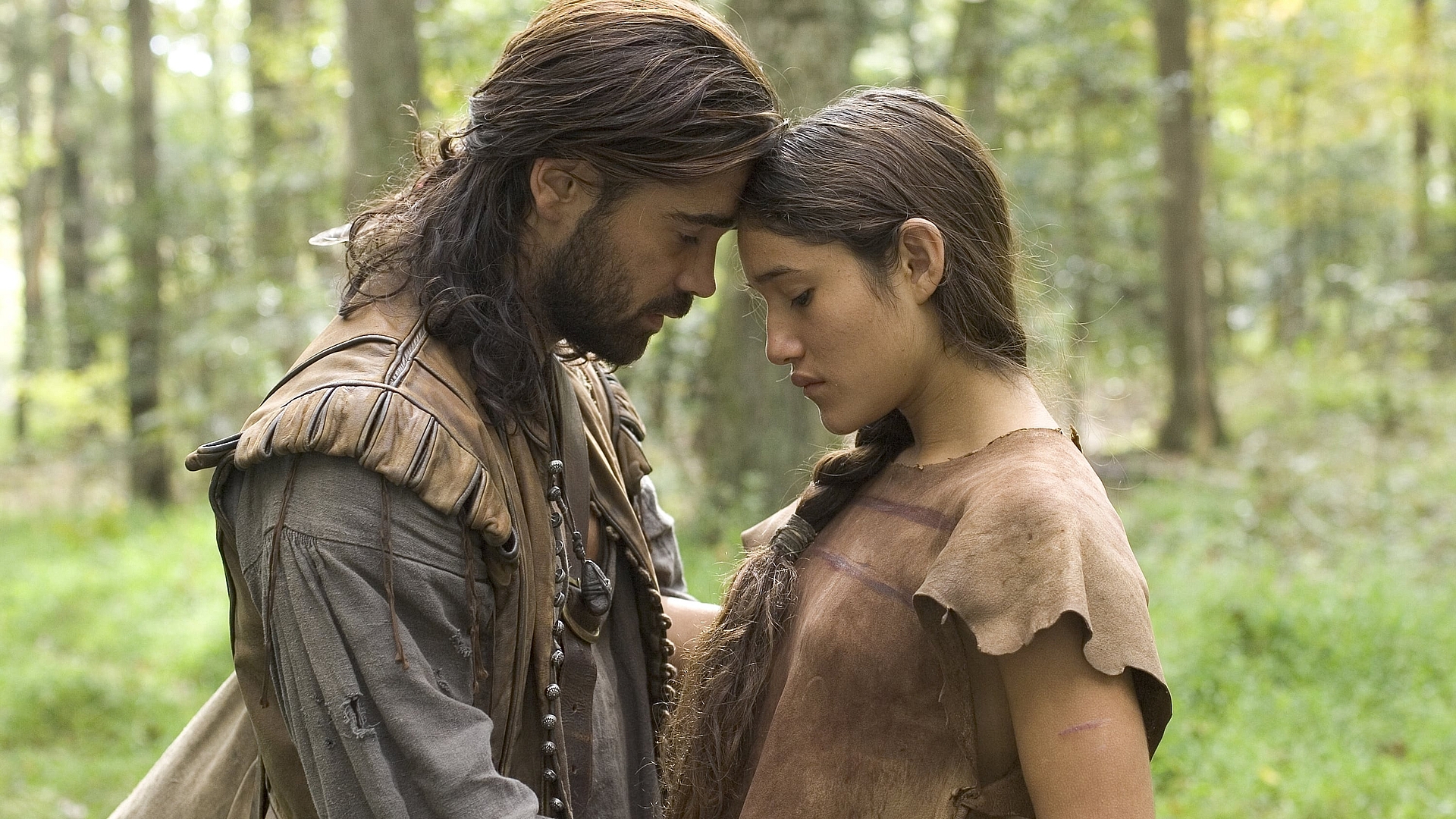
When I discovered Malick, one of my first thoughts is that these movies must look gorgeous in a full cinema screen. Imagine my luck when I saw that the cinémathèque of the Swedish Film Institute was running a Terrence Malick cycle throughout November and December. His entire filmography shown in 35mm. I didn’t notice in time to catch all the films, but I was able to attend The New World and Knight of Cups.
As I’ve come to expect from Malick, the movies are largely image first. And this is no exception. Retelling the (fictionalized) story of Pocahontas and John Smith, The New World is the first movie where Emmanuel Lubezki collaborated with Malick, and it really shines on a movie theatre.
I’ve noticed that the movie is often criticised by non-historians for its lack of historical accuracy, and owing in part perhaps to its fictionalized romance story. Looking at commentary from actual historians there seems to be disagreement. Some comment that, while the movie doesn’t really bother depicting the scale of the Powhatan civilization or its social dynamics accurately (understandable in part for its mostly character-driven, evocative focus) it does a pretty good job of recreating their language, housing and costumes. Others value the “historical imagining” that an artistic film allows itself to add over more conventional historiography, and appreciate that the film makes an effort to avoid euro-centrism by giving a voice to Powhatan characters (Pocahontas).
All in all, it’s a beautiful, evocative film. A bit slow and contemplative in parts, but nothing unexpected from the director.
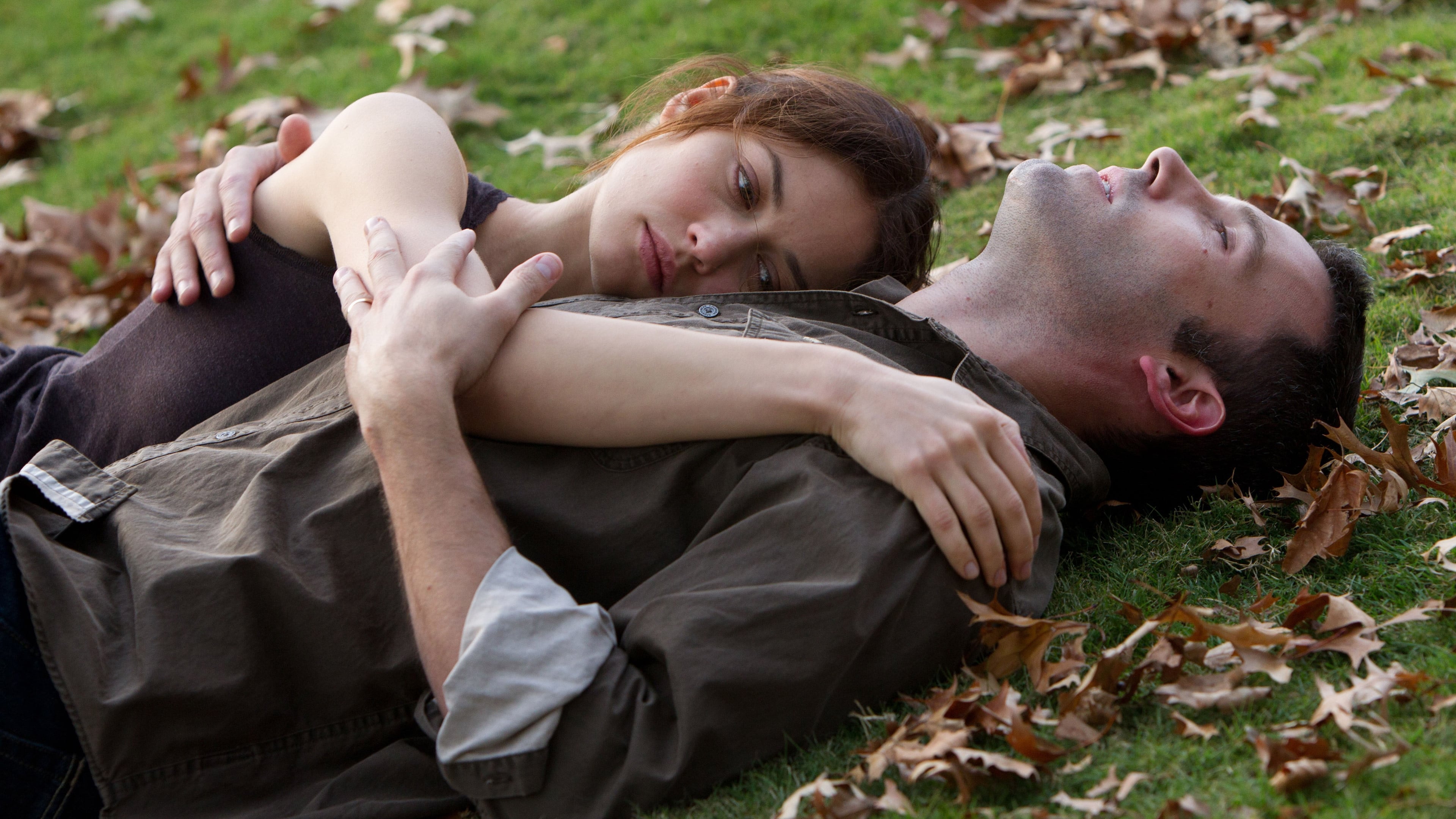
Second Malick movie I watched, and the first installment in the so-called “Weightless” trilogy (alongside Knight of Cups and Song to Song).
The more muted color palette and the more family-focused, and religious themes (the character played by Javier Bardem is a catholic priest losing confidence in his ability to keep the faith) didn’t engage me as much as Song to Song, but it has its moments still. Even more so than Song, there is a clear use of the “silent” protagonist (Affleck) and it feels borderline forced at times.
Probably my least favorite one so far, but I’d still recommend watching to at least round out the trilogy.
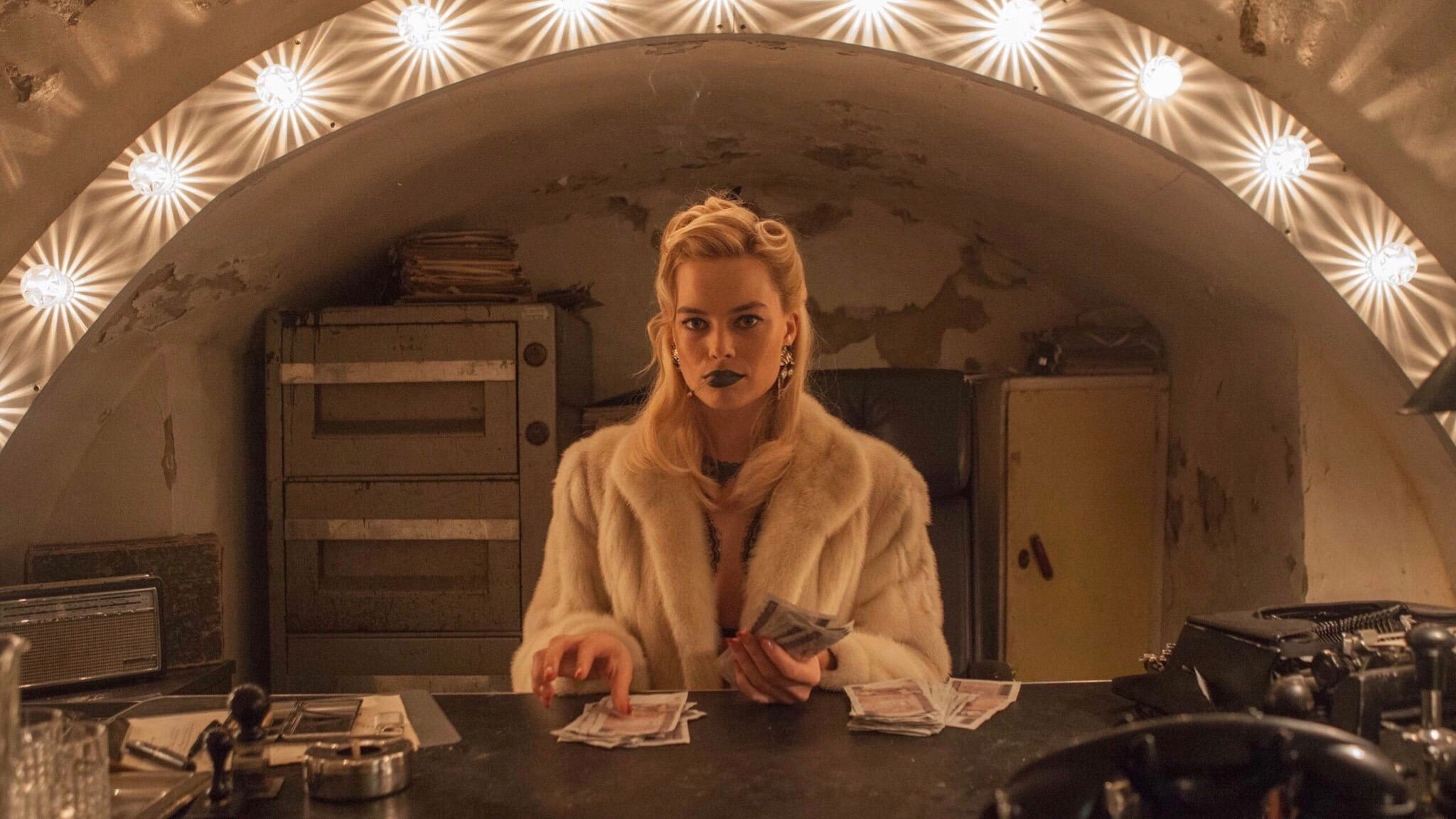
Not sure how I found out about this movie, but I grabbed it and watched it one day. It started well enough. Decent dialogue and scenes, good cast, intriguing premise…
Guess what? It ends up being another psychopath power fantasy revenge movie, with a really predictable “twist”. And it’s not one that does anything interesting with characterization or plot, or meaning (it doesn’t seem to even be set in our world)
I know my policy is to avoid “spoilers” in these impressions, but really you’re not missing anything by knowing there’s some murderous psycho involved in this one. It’s just a disappointing bunch of nothing. Perhaps some wish-fulfillment fantasy for “yas slay kween” weirdos, but not much more. Made all the more disappointing because of its promising start.
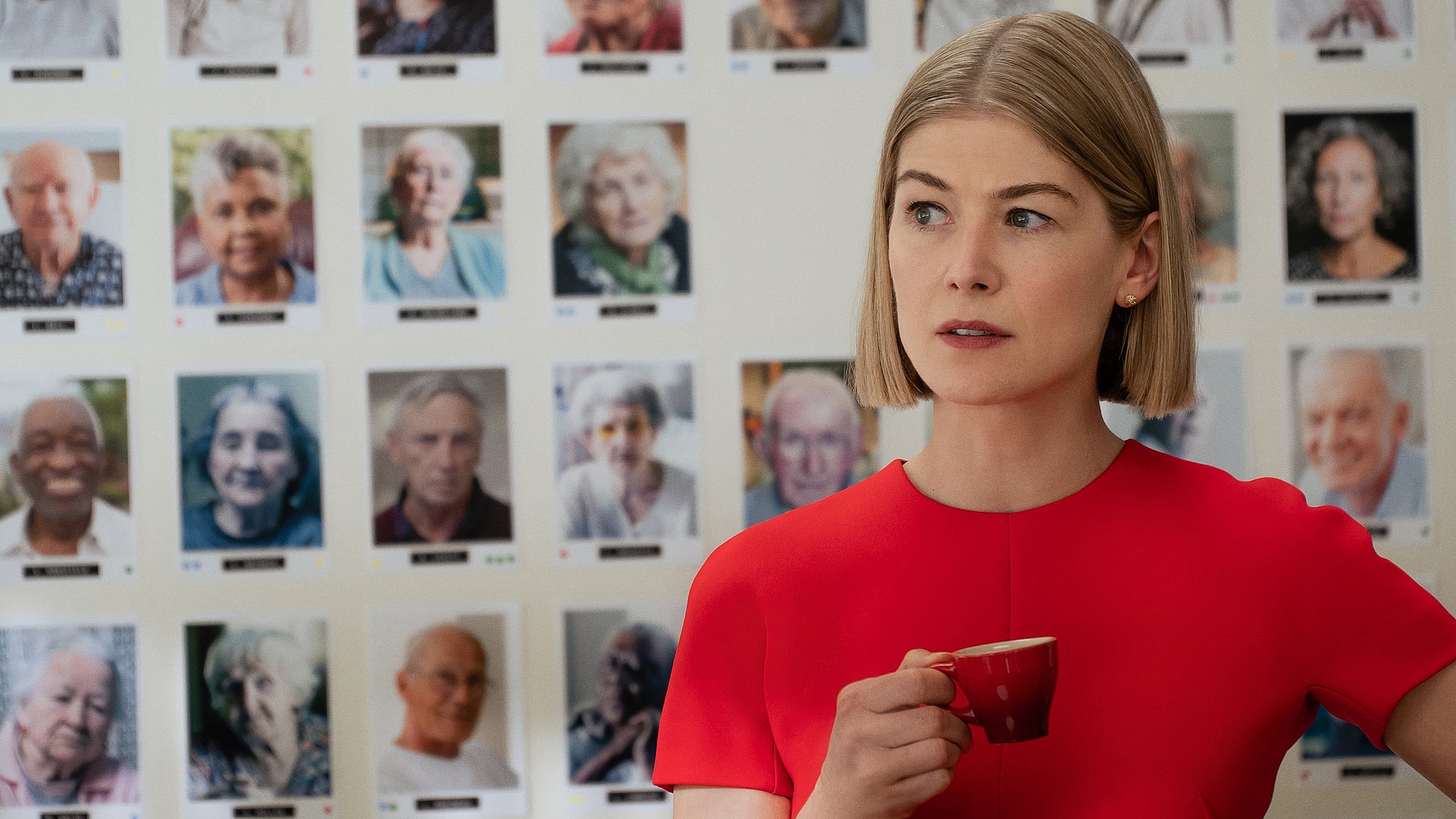
I watched this going blind into it, and I wasn’t fully prepared. It’s a great film, pretty much a must-watch, but it’s an emotional gut punch that will leave you in a bad state if you’re not in a good mood already.
I watched this shortly after Nightcrawler and I got my fill of psychopath movies for a while.
I recommend going in blind, but make sure you’re in a good emotional state before you watch it.
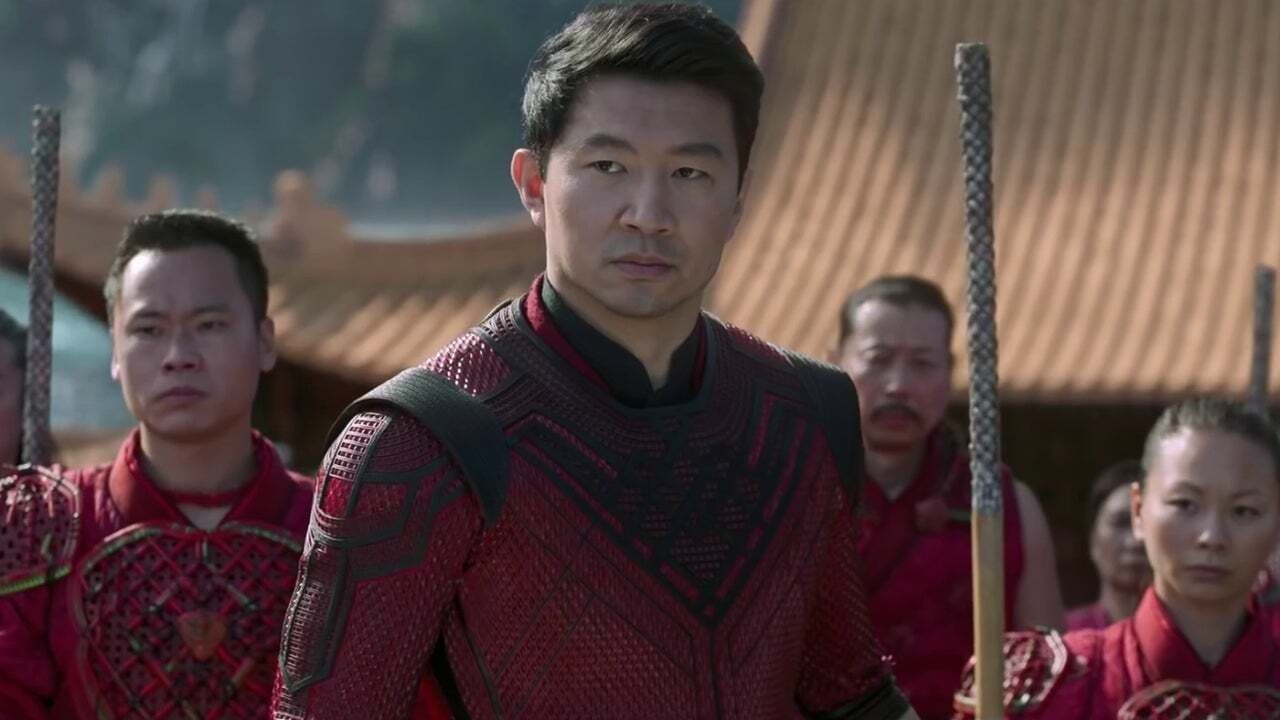
I haven’t watched a Marvel movie in forever. They bore me to tears by now. I even skipped the whole second part of Avengers Endgame. I still haven’t got around to watching the Thor films (at least the good one) but for some reason, I watched Shang Chi.
Alright, at the risk of sounding like an old man, that reason was that I confused it with Eternals, the one that actually looked somewhat interesting (Did I say already that I don’t pay much attention to Marvel movies?)
In any case. This movie was alright. Inoffensive. Entertaining enough without being overwrought.
I got the feeling they wanted to make the “Black Panther for Asian-Americans”. There’s even a fantasy East Asian ethnostate based around Chinese mythology.
All in all, nothing worth writing home about, but nothing terrible. Just bland, by the numbers, hero stuff.
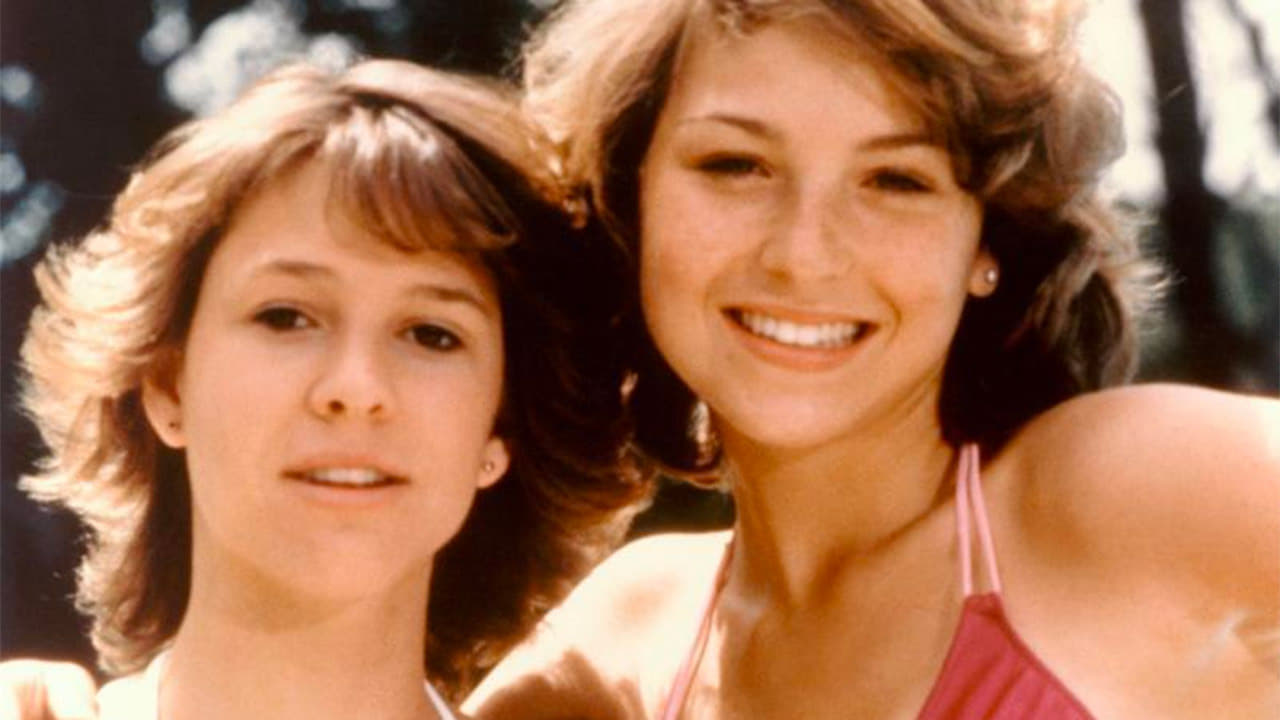
80s teen comedy-drama about two rival girls meeting at summer camp and, egged on by their peers, they enter a dare to see who’s the one to lose their virginity first.
From that synopsis it seems like a movie that wouldn’t get made today, or that would be heavily piled on, at the very least. In truth, it’s just a fairly by the numbers coming of age film. Despite the premise, it’s still a movie from the early 80s and one shouldn’t expect a especially progressive message from it. It shows, however, a perspective from a less infantilized society, which feels refreshing these days.
Features a very early role from Matt Dillon as one of the love interests.
Looking up trivia related to this movie sent me through a rabbit hole. The screenwriter Kimberly “Kimi” Peck was involved in a case of animal abuse from negligent management of her animal care-taking home. Tatum O’Neal, one of the leads was not only an Academy Award winner but also girlfriend to Michael Jackson and involved in drug cases as well. None of this is related to the movie, of course, but I found it fascinating enough not to omit, for some reason.
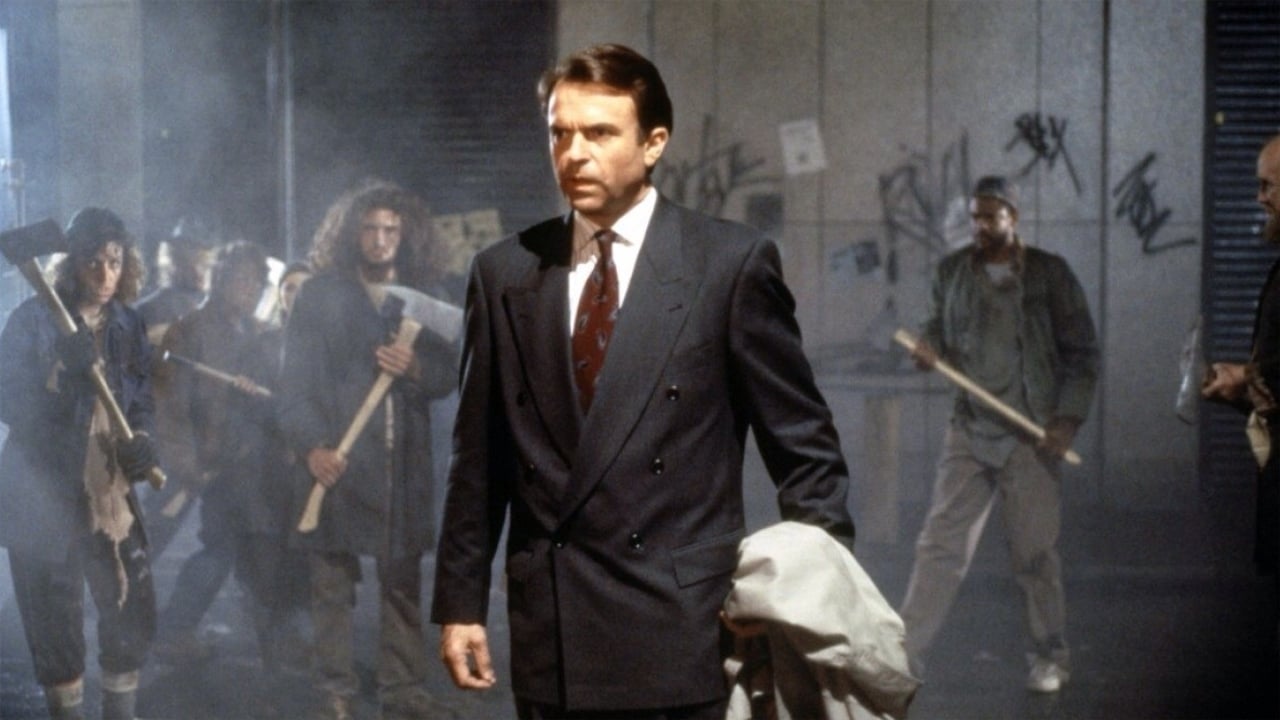
Another horror movie I would have avoided normally. This one is by Carpenter and apparently the idea was to riff on Stephen King’s style of storytelling.
King was probably at the peak of his popularity in 94 and, while I don’t know how this movie would have been received by audiences back then, nowadays its themes of psychological, body horror and distortion of reality are almost more quaint than disturbing. This is in part thanks to the datedness of the special effects, but also because audiences have seen these topics in SF, fantasy and superhero pulp for ages now.
Don’t get me wrong, it’s a phenomenally entertaining movie, and I love the Silent Hill-esque conceit centered around a writer of horror fiction. If you think of this type of horror movies as urban fantasy without the heroics, they are great and even easy to recommend.
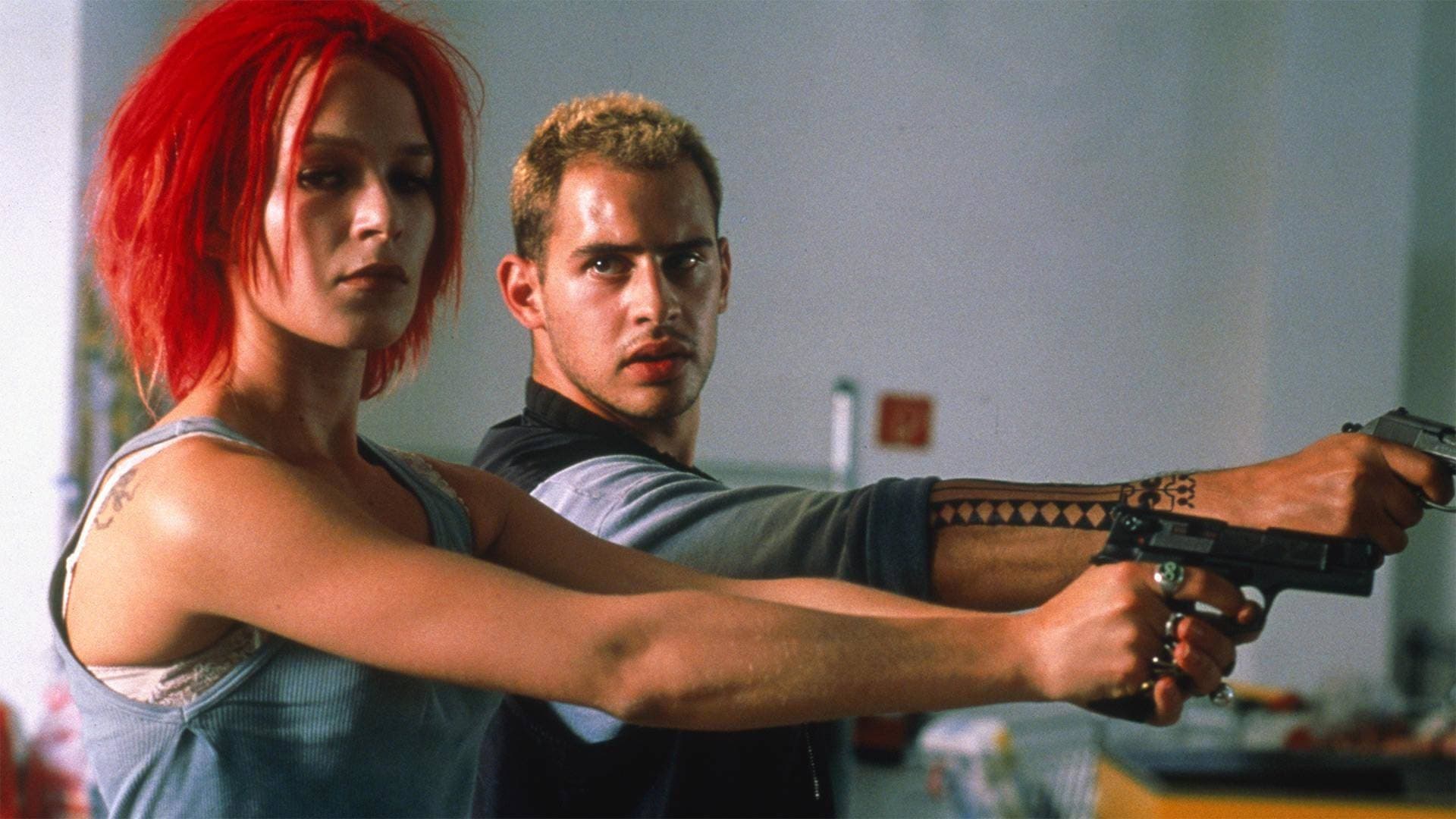
This is actually a rewatch. My initial viewing was many years ago, but it’s always nice to go back to Tykwer’s indie darling. And it’s only 80 minutes long, so it’s a brisk watch.
What jumped at me on this rewatch is how absolutely stellar the editing in this movie is. I know it’s probably been compared to a music video or something, and it certainly has that vibe at times but hey, music videos are one of the coolest cinematic art forms, and the in the good ones, the editing and composition need to be top notch. This translates here.
A very enjoyable watch. Despite its low budget and occasional flaws, it’s chock full of ideas executed with virtuosic gusto.
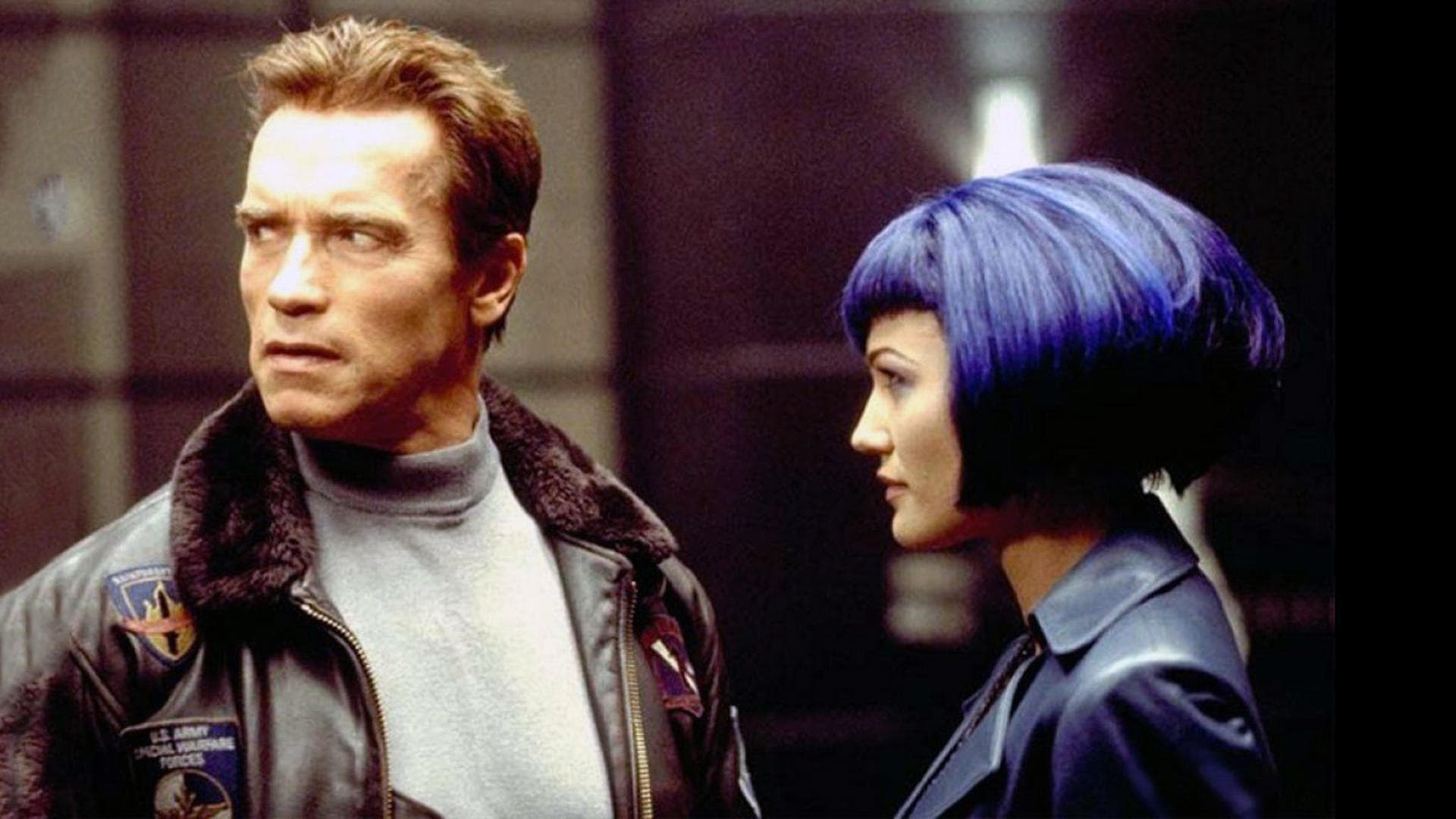
A spur-of-the-moment rewatch of this movie from Arnie’s lesser output in the 2000s.
It’s really not very remarkable in most ways. The special effects are conventional. They look rather bland nowadays. The movie uses some unusual transitions/wipes that give it the look of a TV show, and not in an endearing way.
The themes of an evil corporation using clones to secretly provide advanced healthcare don’t quite land. Sure, they provide it to the rich, but only because human cloning is illegal, you see! To be fair, they also do a lot of shady stuff, so they are properly represented as villains. They’re just not very interesting.
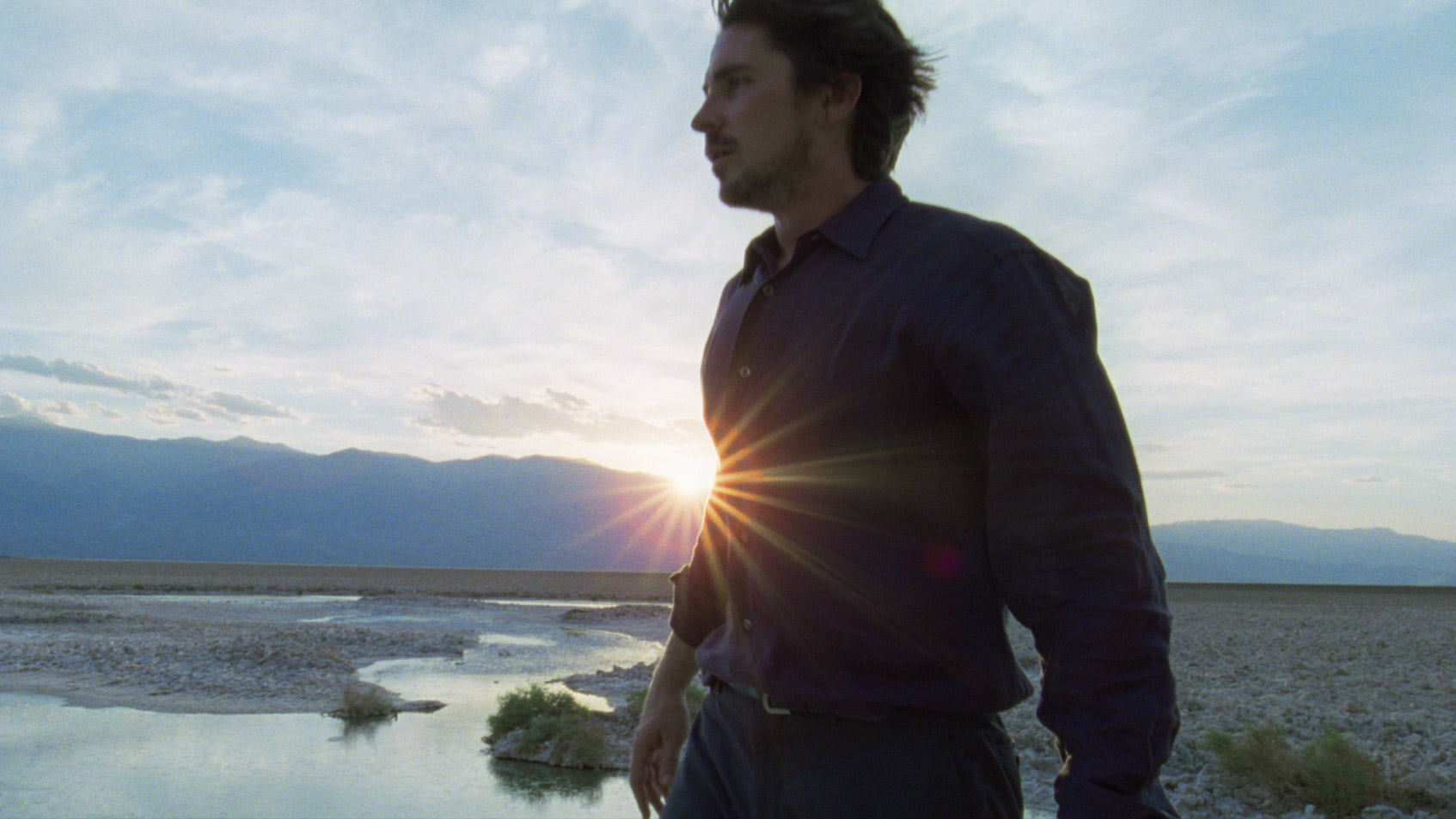
When I watched Song to Song, even though I have a pretty good 4k TV, I couldn’t help but wonder how gorgeous the film would look in a large cinema screen. With Knight of Cups, I was lucky enough to be able to see it in a movie theatre.
I don’t know if that factored into it being my favourite of the “weightless” trilogy, but having a 35mm projection of the wonderful Malick/Lubezki visuals really does help.
This movie is still unapologetically self-indulgent, hinting only at vague brushstrokes of themes that often come close to feeling like pseudo-profundity, but I still enjoyed it a lot.
Again, we have the silent protagonist played by Christian Bale, and this time the plot, as it were, is more centered around him. That, plus some indication of a thematic through line is what helps ground the movie somewhat compared to the others.
It’s the more balanced film of the trilogy. Pretty much halfway between the color and noise of Song to Song and the more introspective and muted To The Wonder.
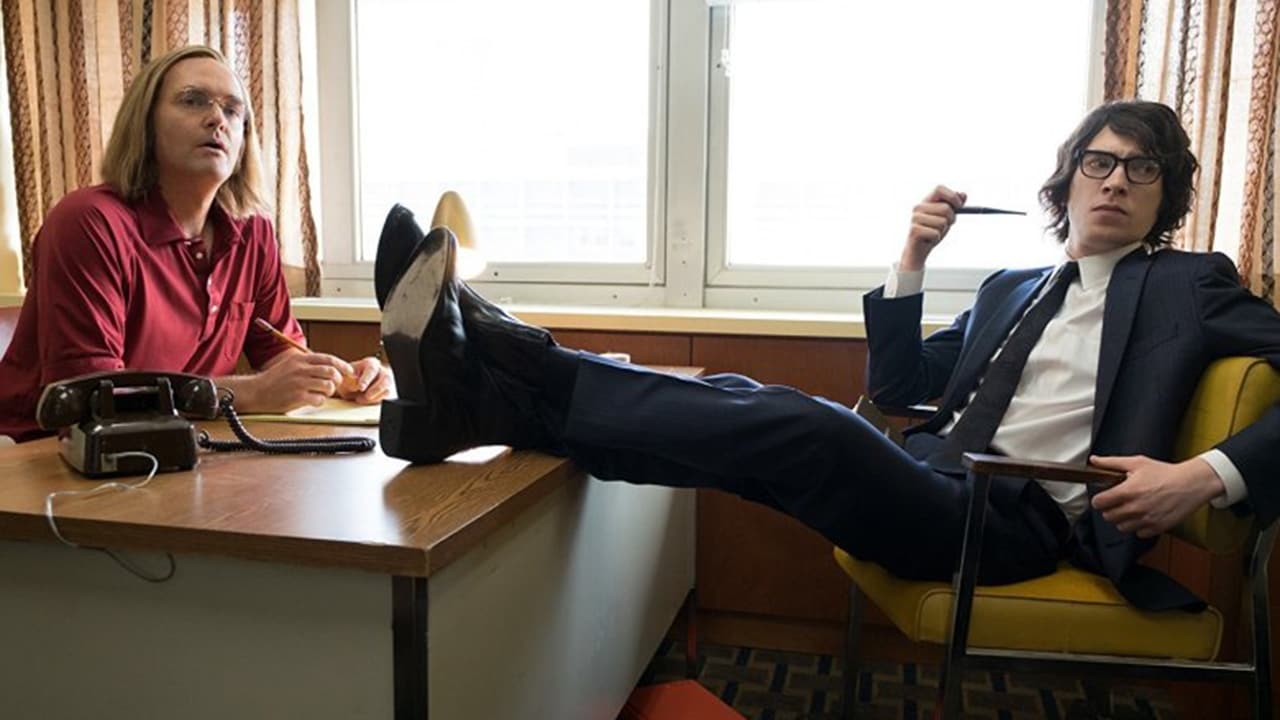
Comedy semi-biopic about the creators of the USA humour magazine National Lampoon and its assorted media outings.
National Lampoon is a well known comedy brand, on the actor’s side it’s where Bill Murray, Harold Ramis, Chevy Chase and all that crew started, but there is also a whole slew of writers who gave life to the underground-esque mag.
The movie itself is rather bland and boring. Going for a sort of outdated gross-out humour as the Lampoon itself (though not to the same degree, thankfully)
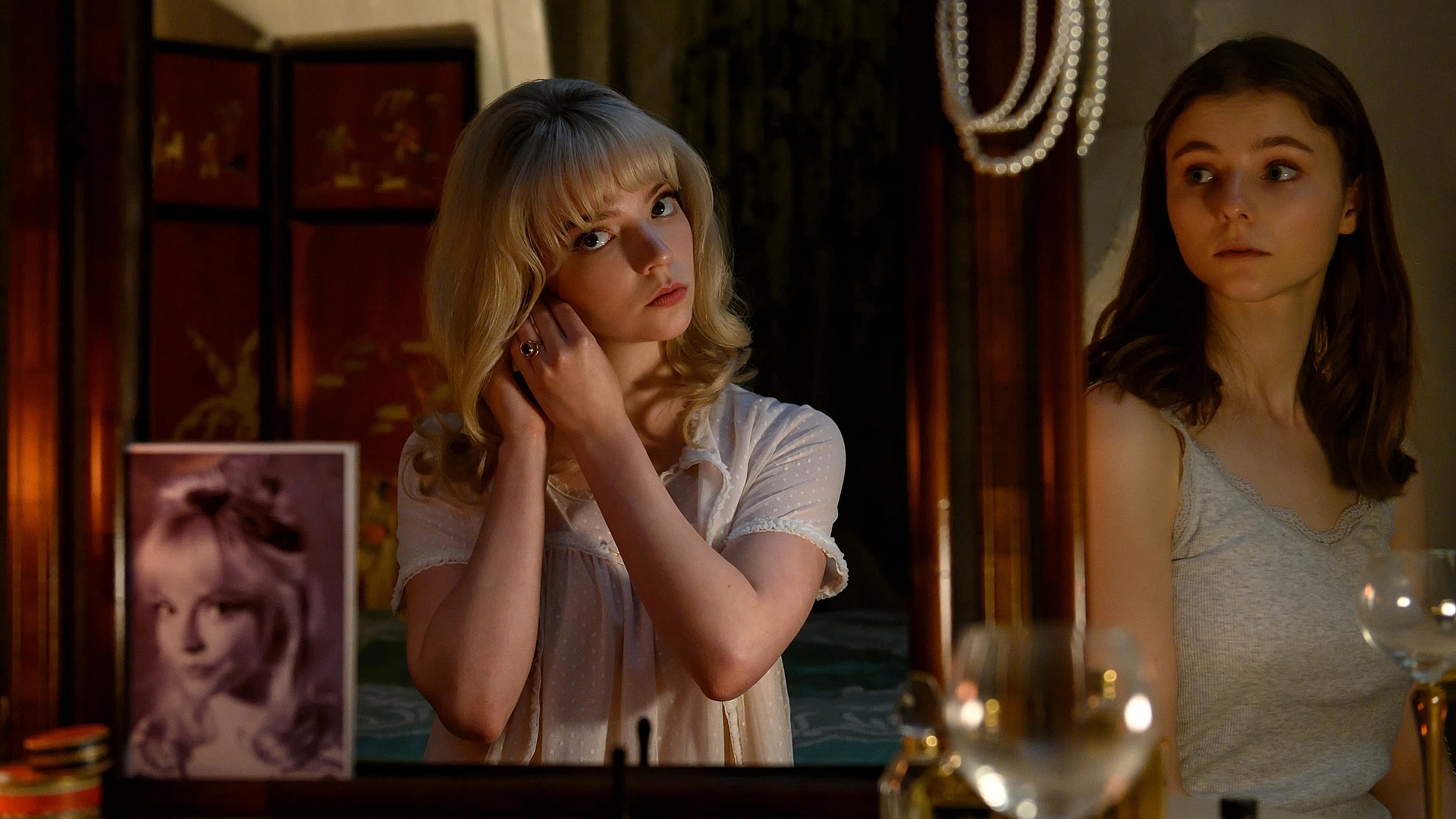
Latest Edgar Wright movie, about a girl with a medium-like sensitivity to communicate with the past that moves to London from his rural home to pursue her dreams of being a fashion designer.
Pretty good beginning and middle, but let me tell you there are twists at the end that may betray some dubious politics. Certainly not enough to condemn the whole work, and other aspects of the plot give me some Pause, but it’s worth keeping in mind.
Otherwise it has great visuals and neat set pieces with transitions between the present time and the 60’s. Fantastic cast and a pretty entertaining story all around.
It seems to have flopped commercially, I’m guess due to insufficient marketing. I haven’t personally seen any trailer or ad for it before learning about this movie.
